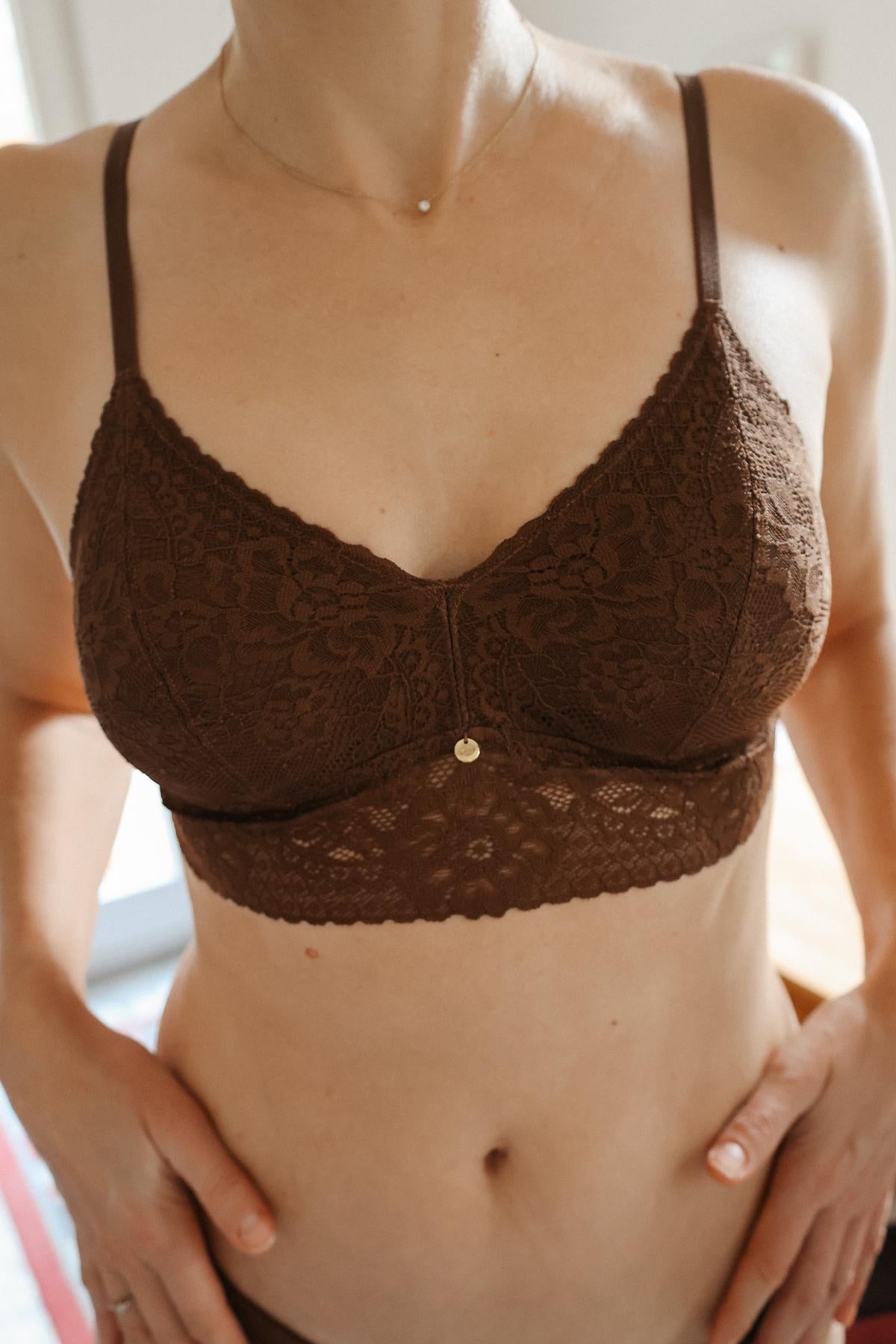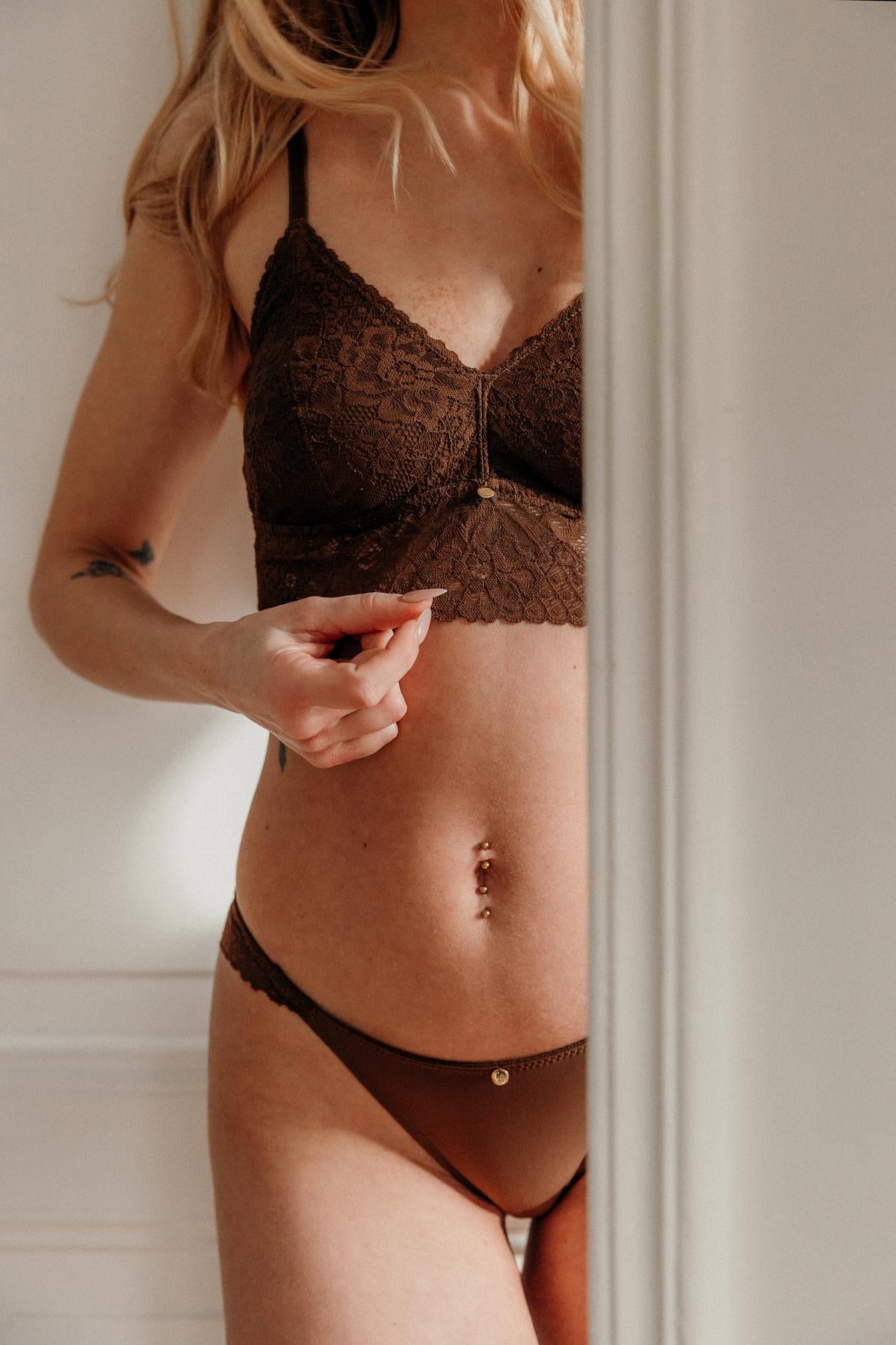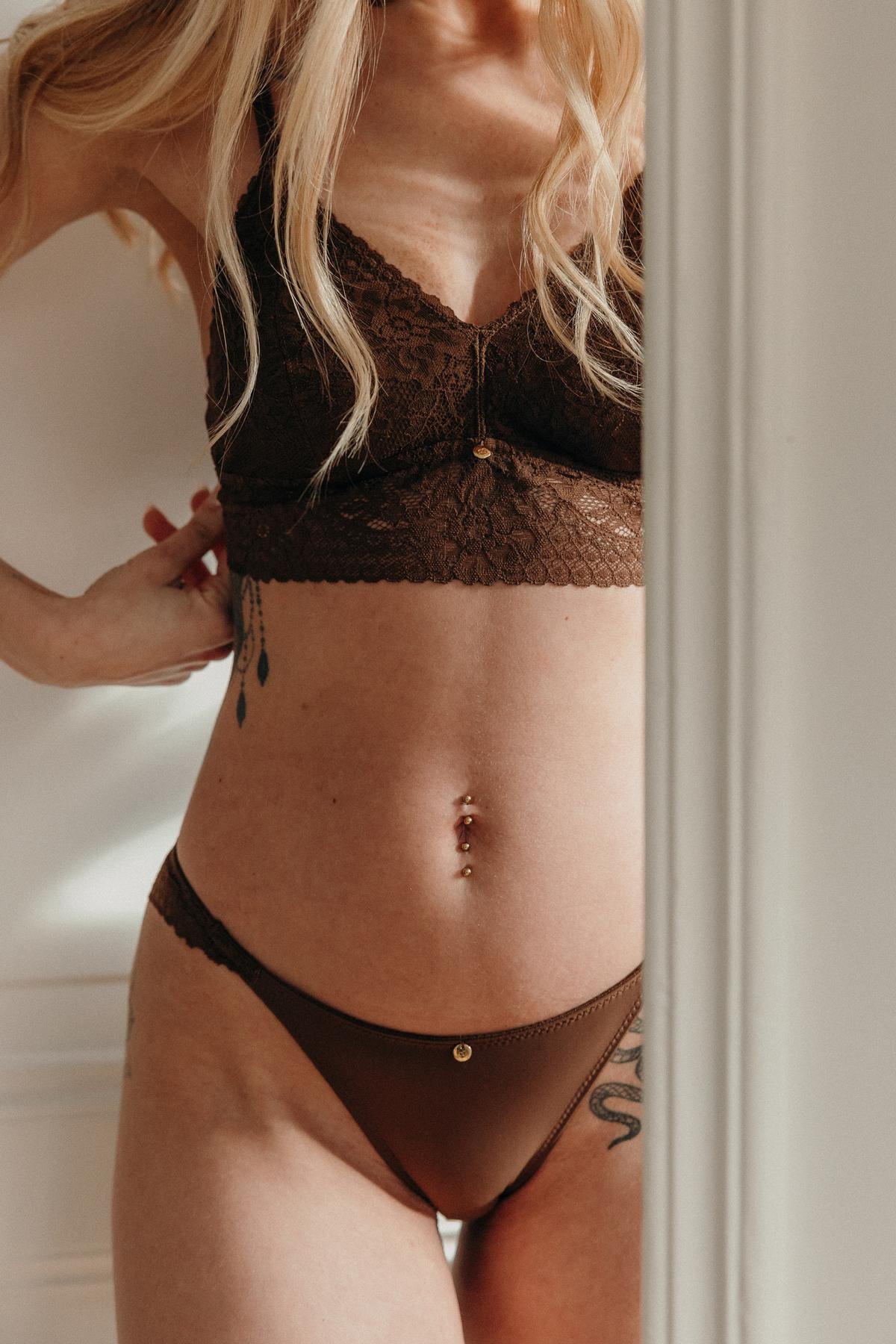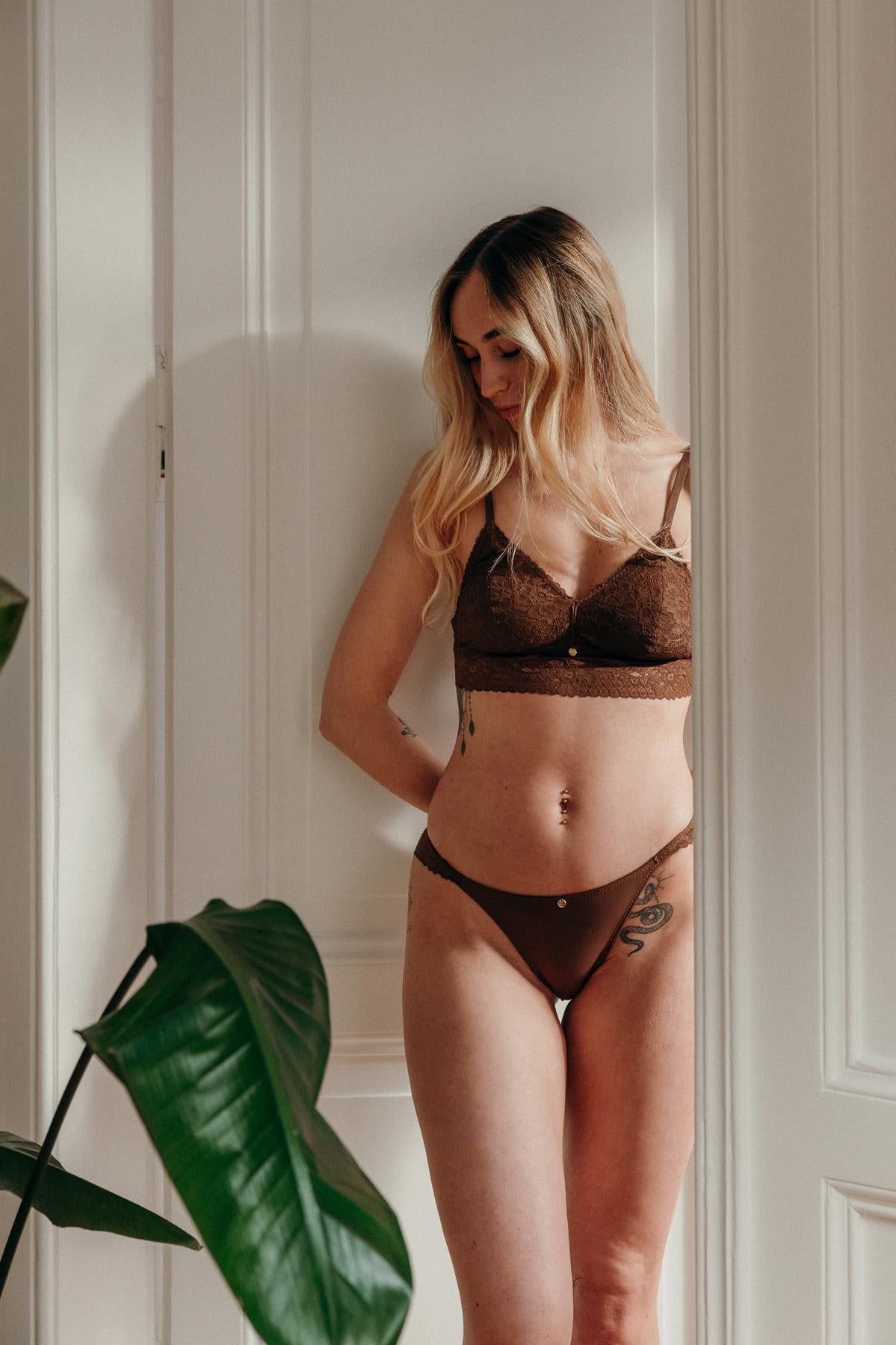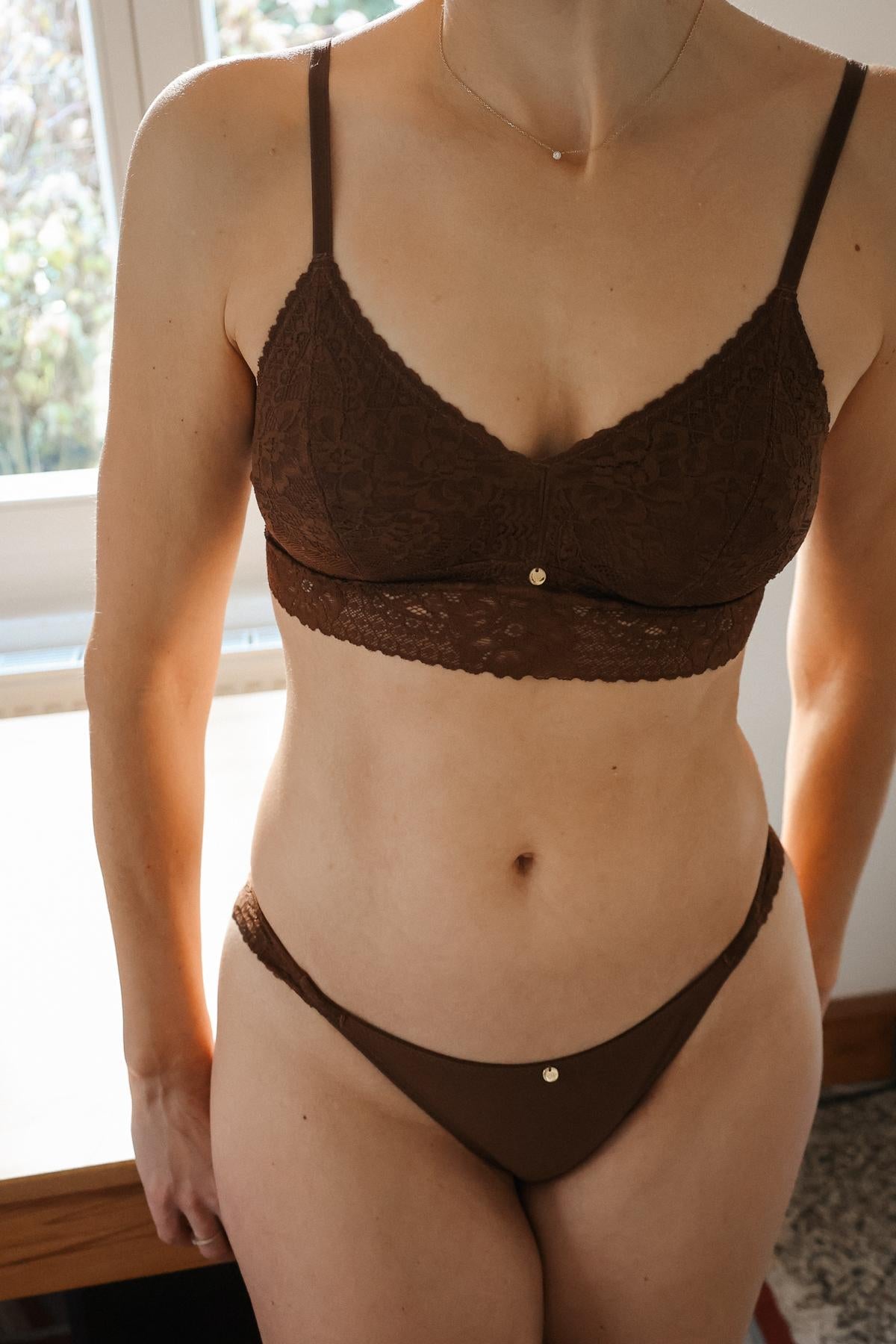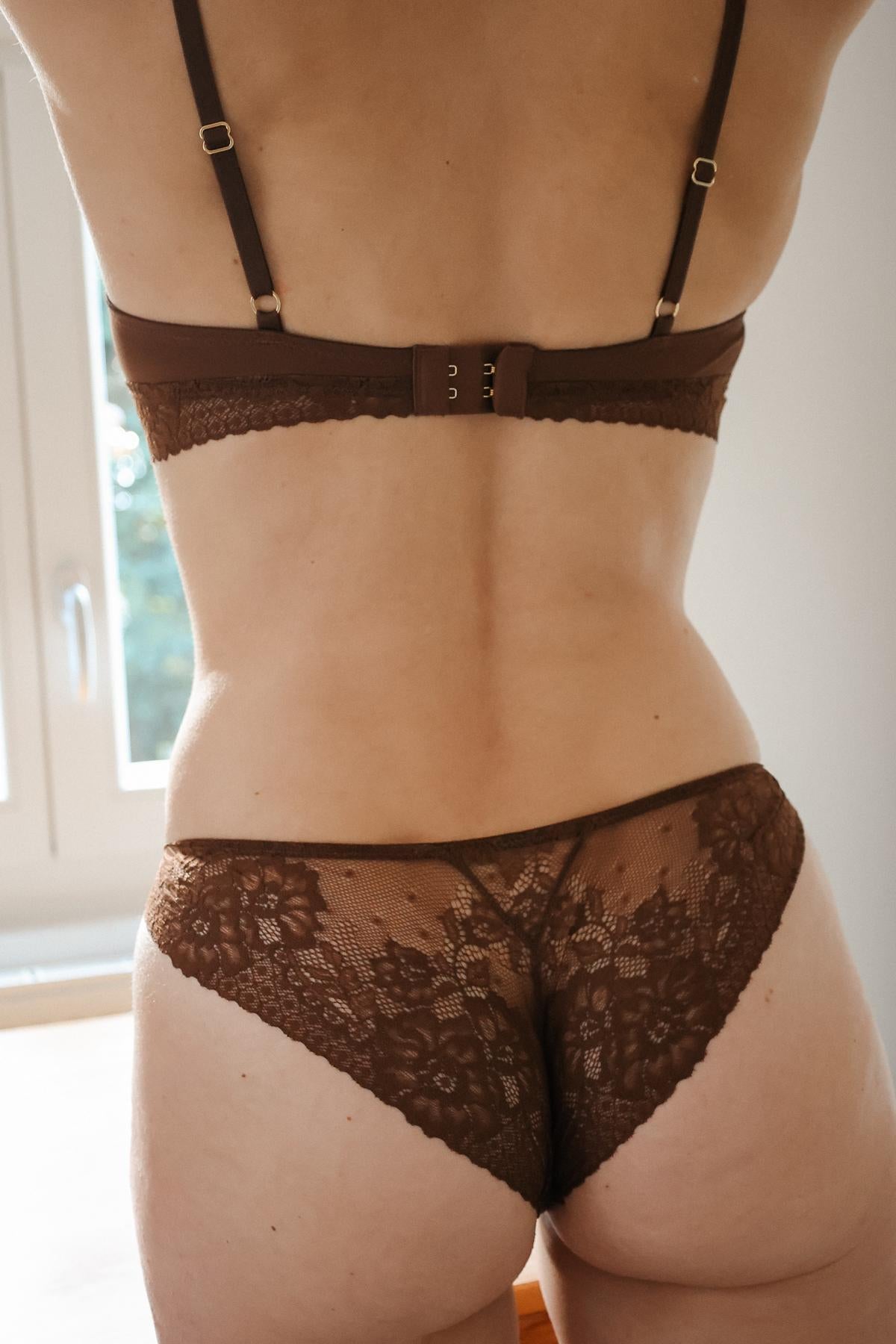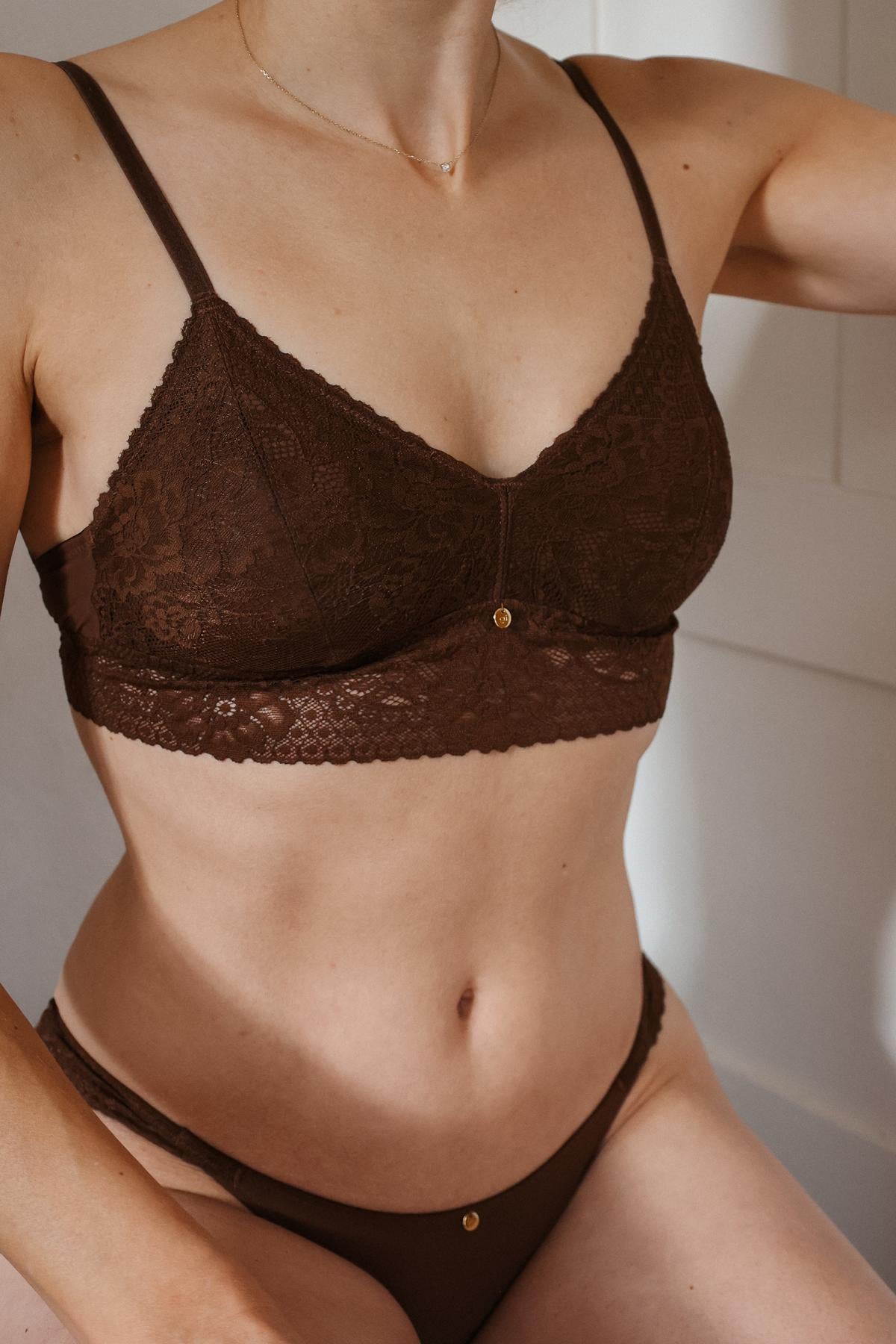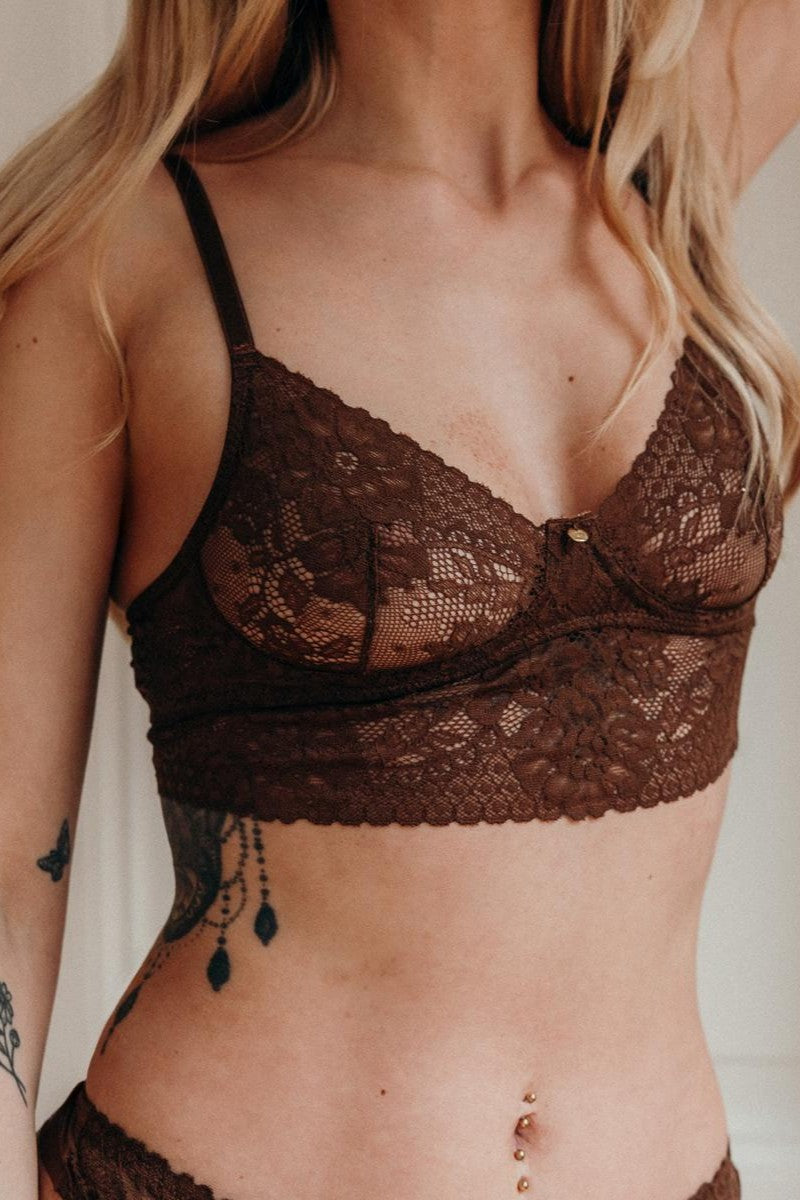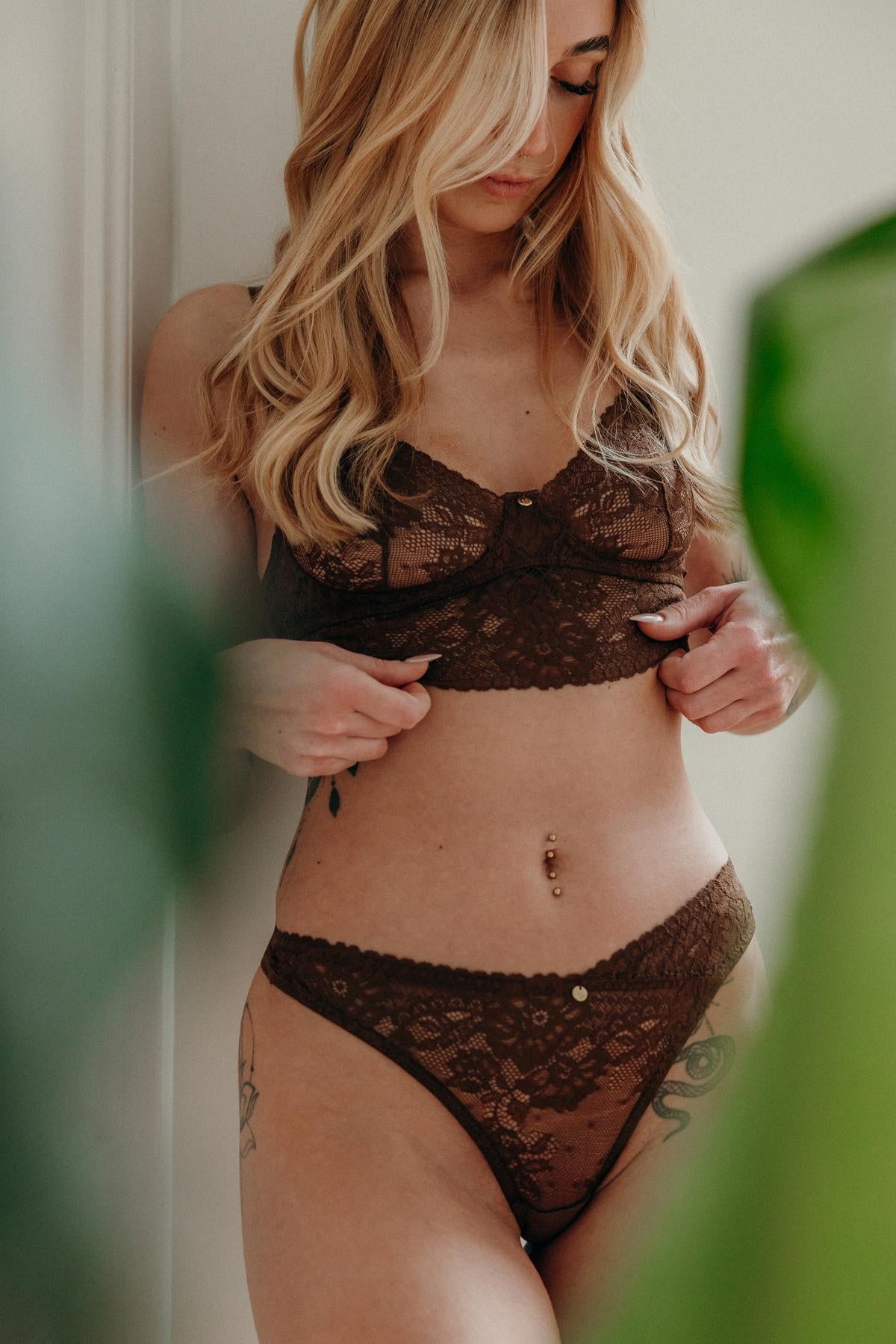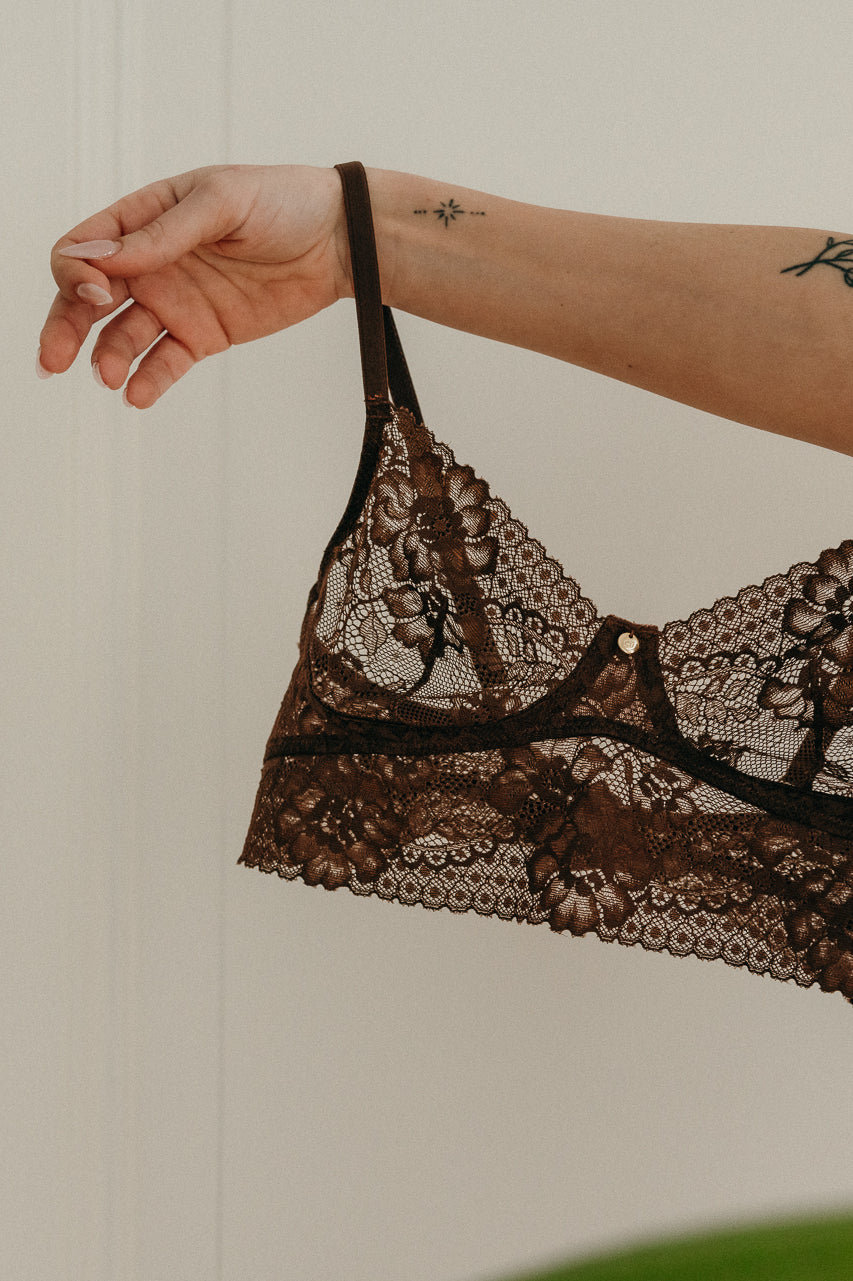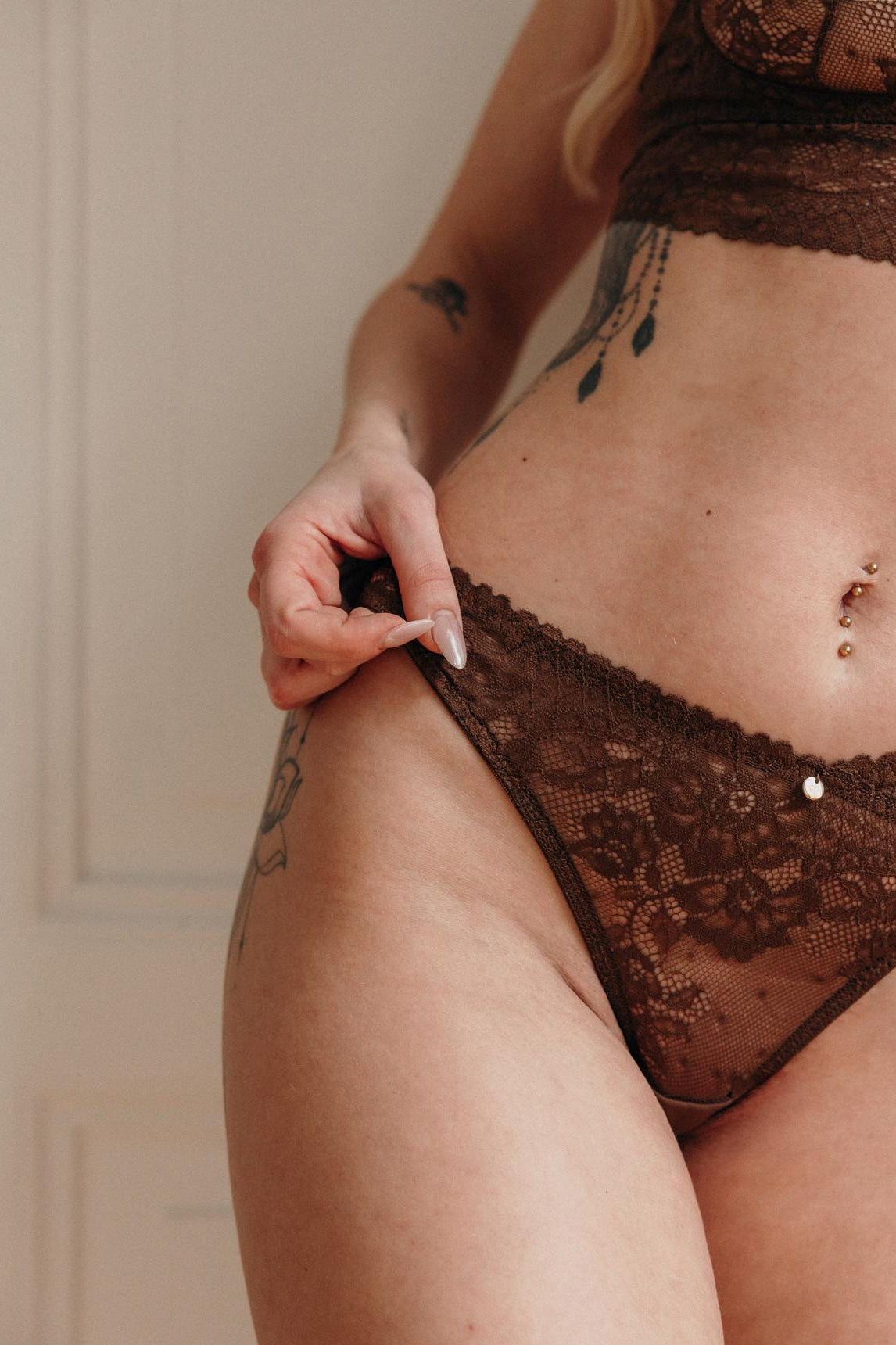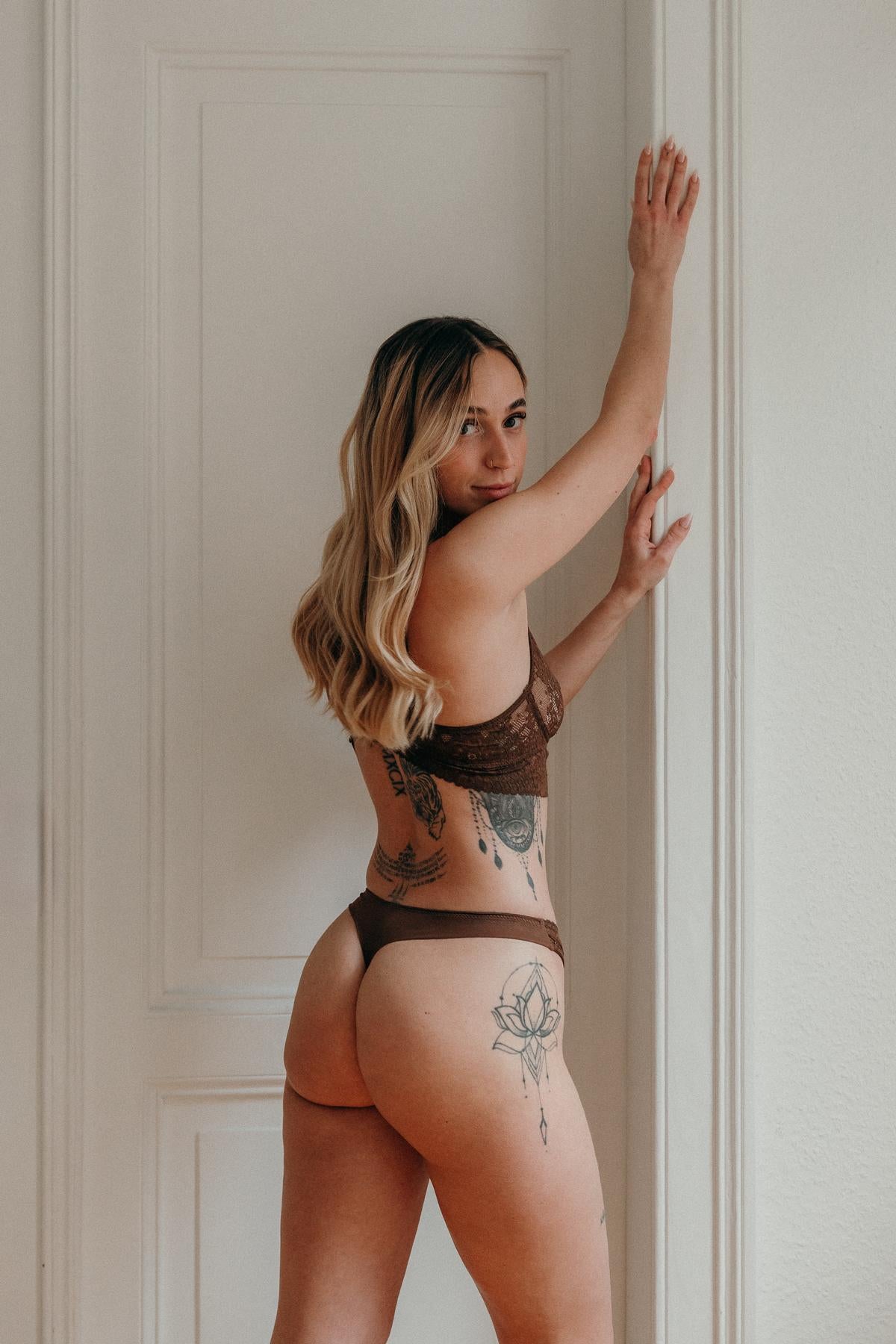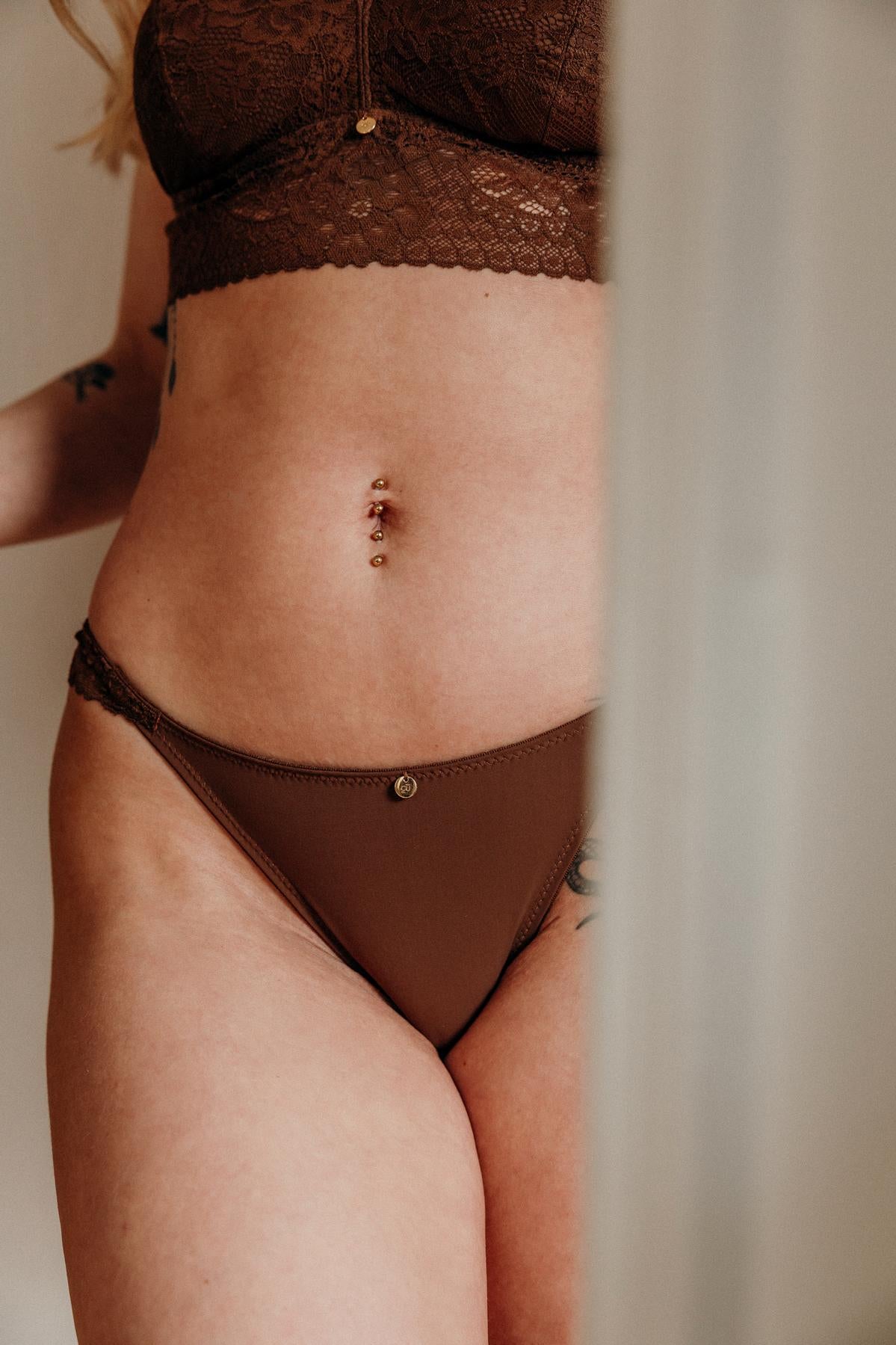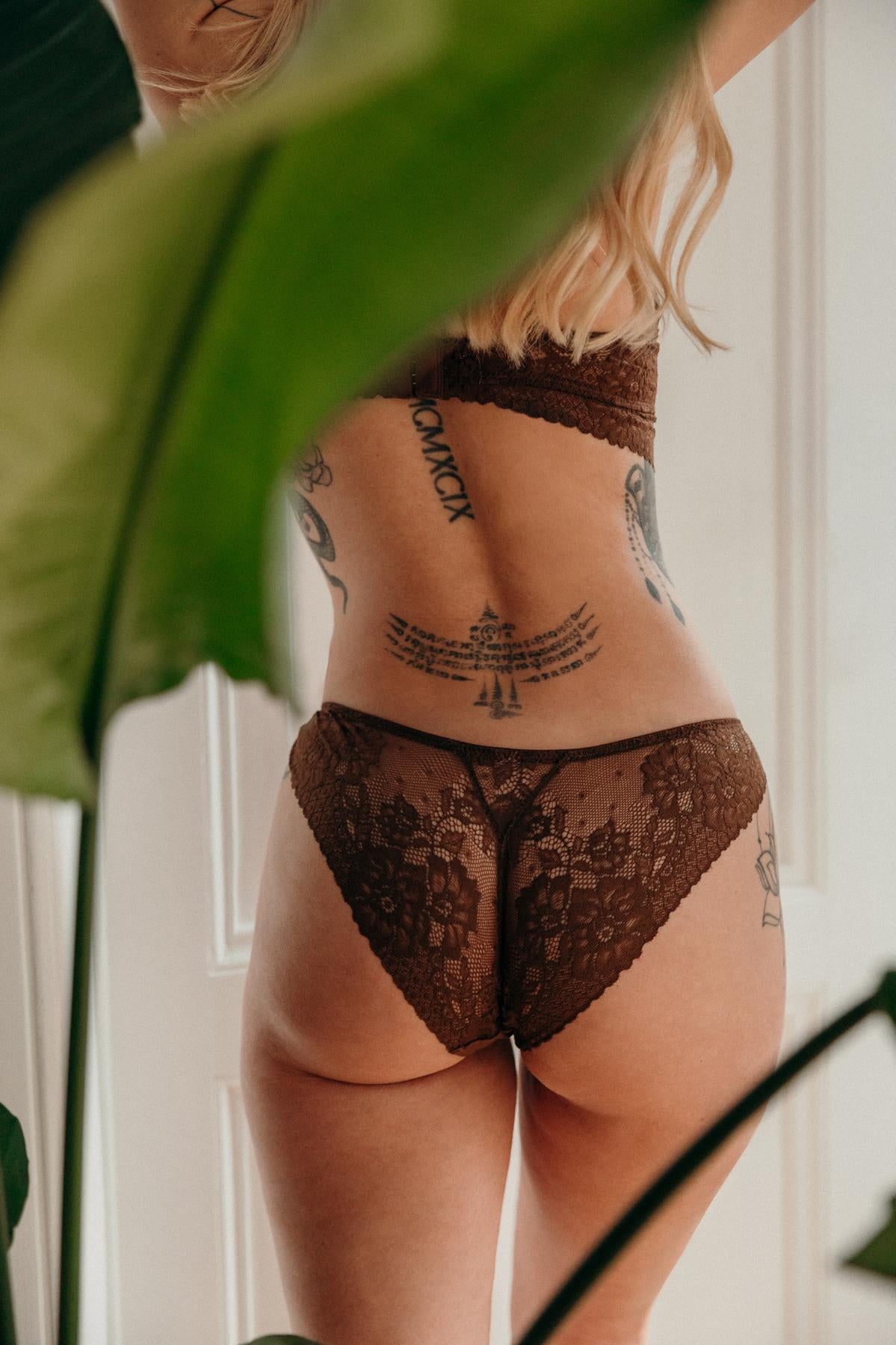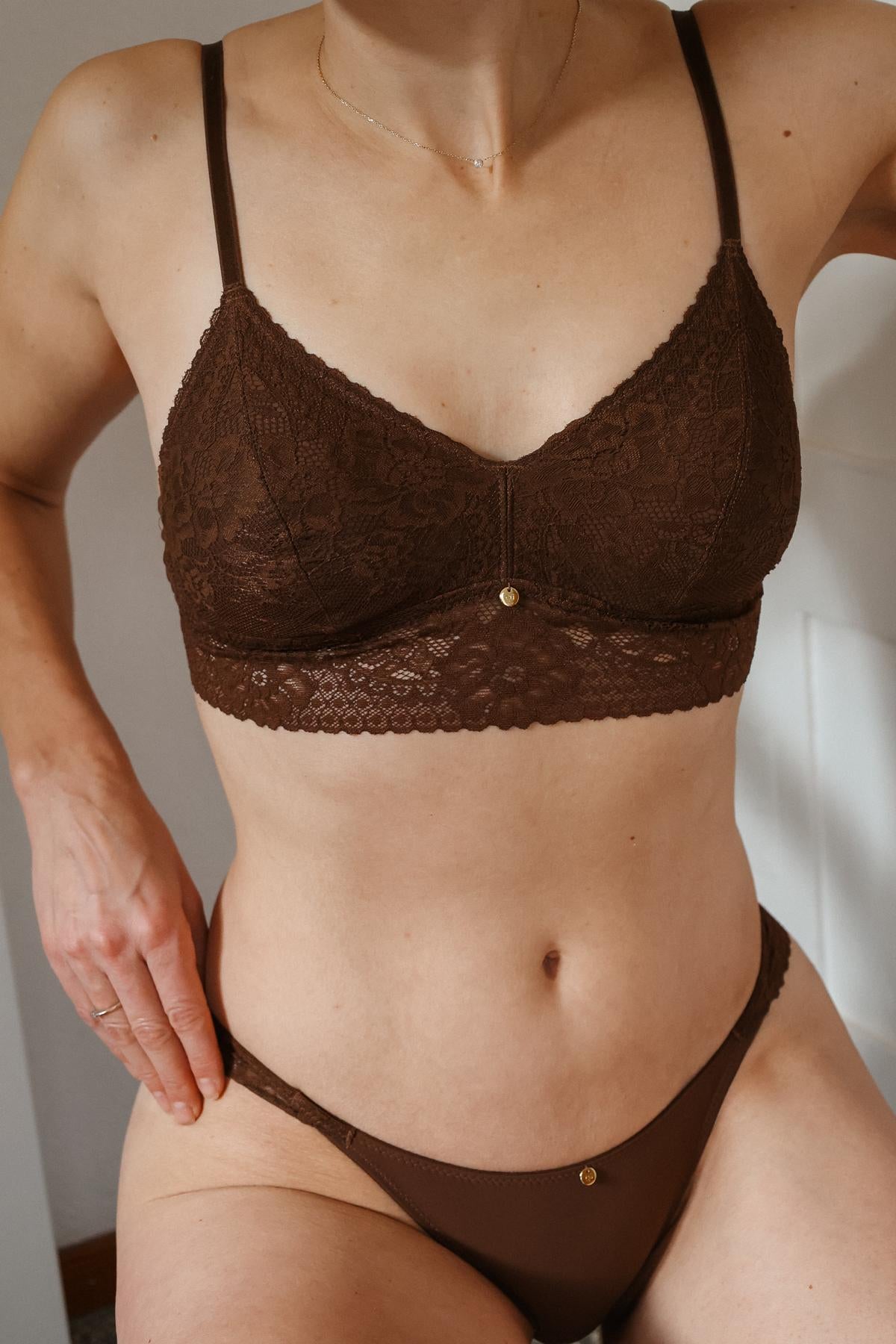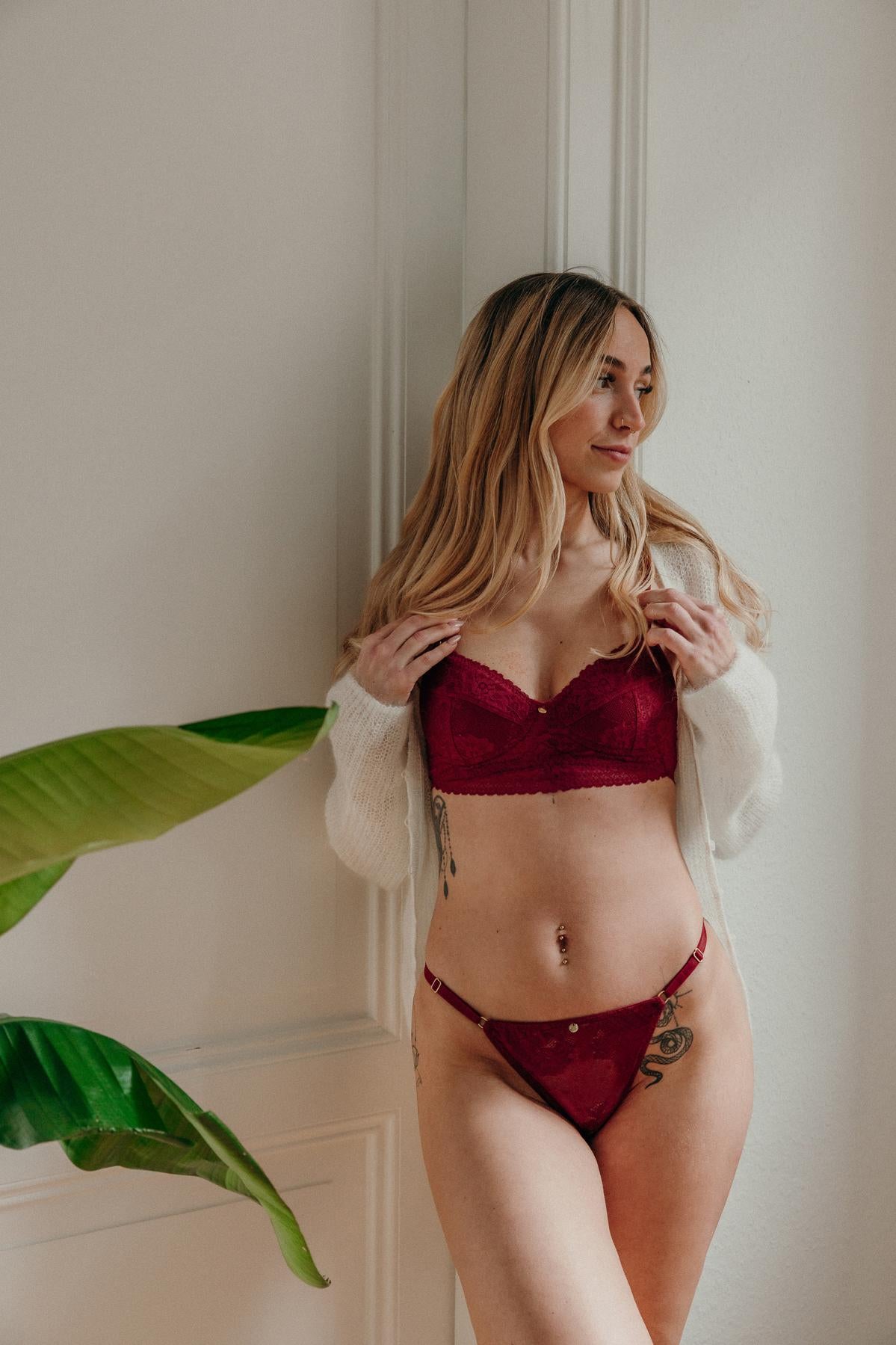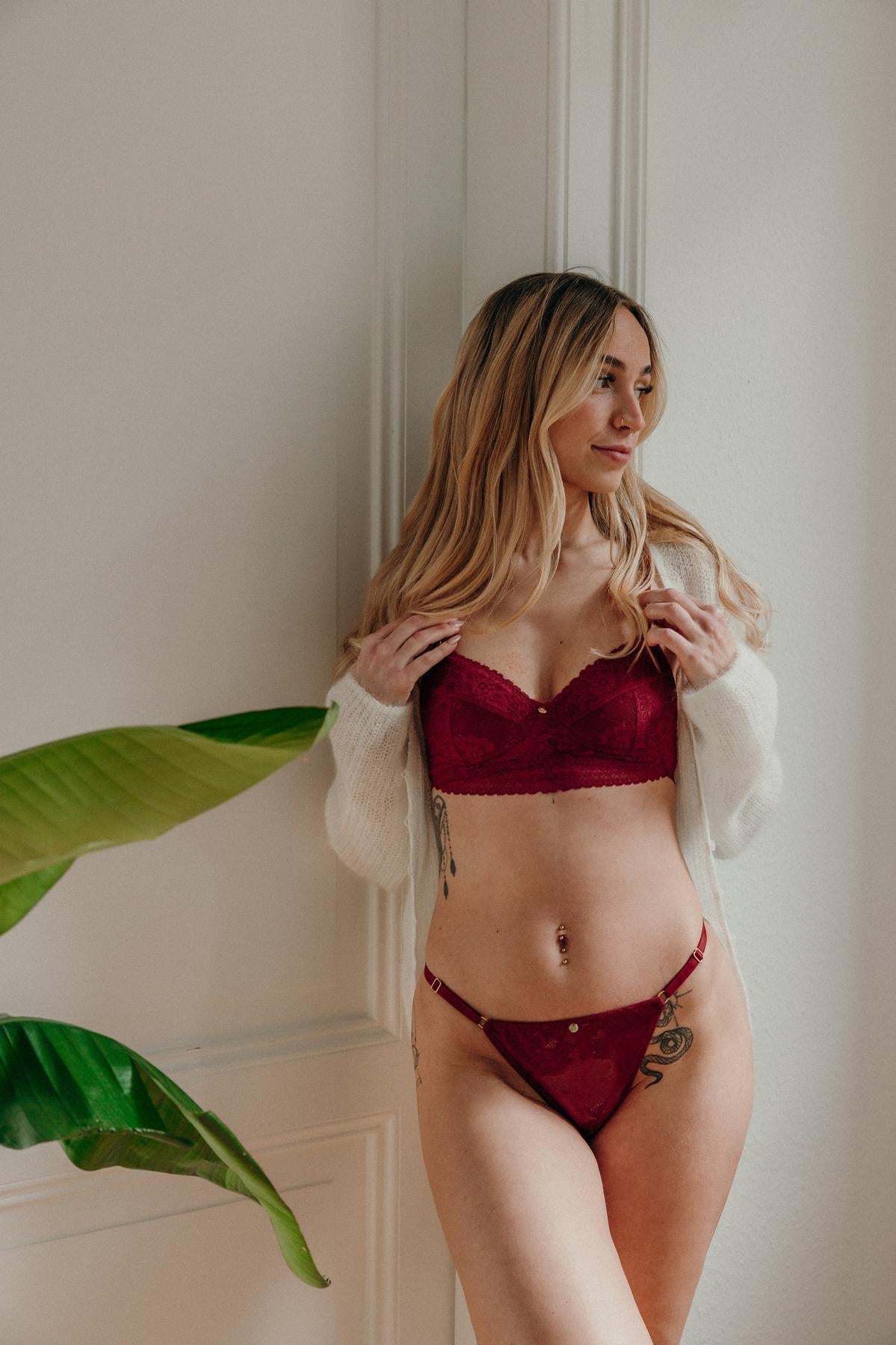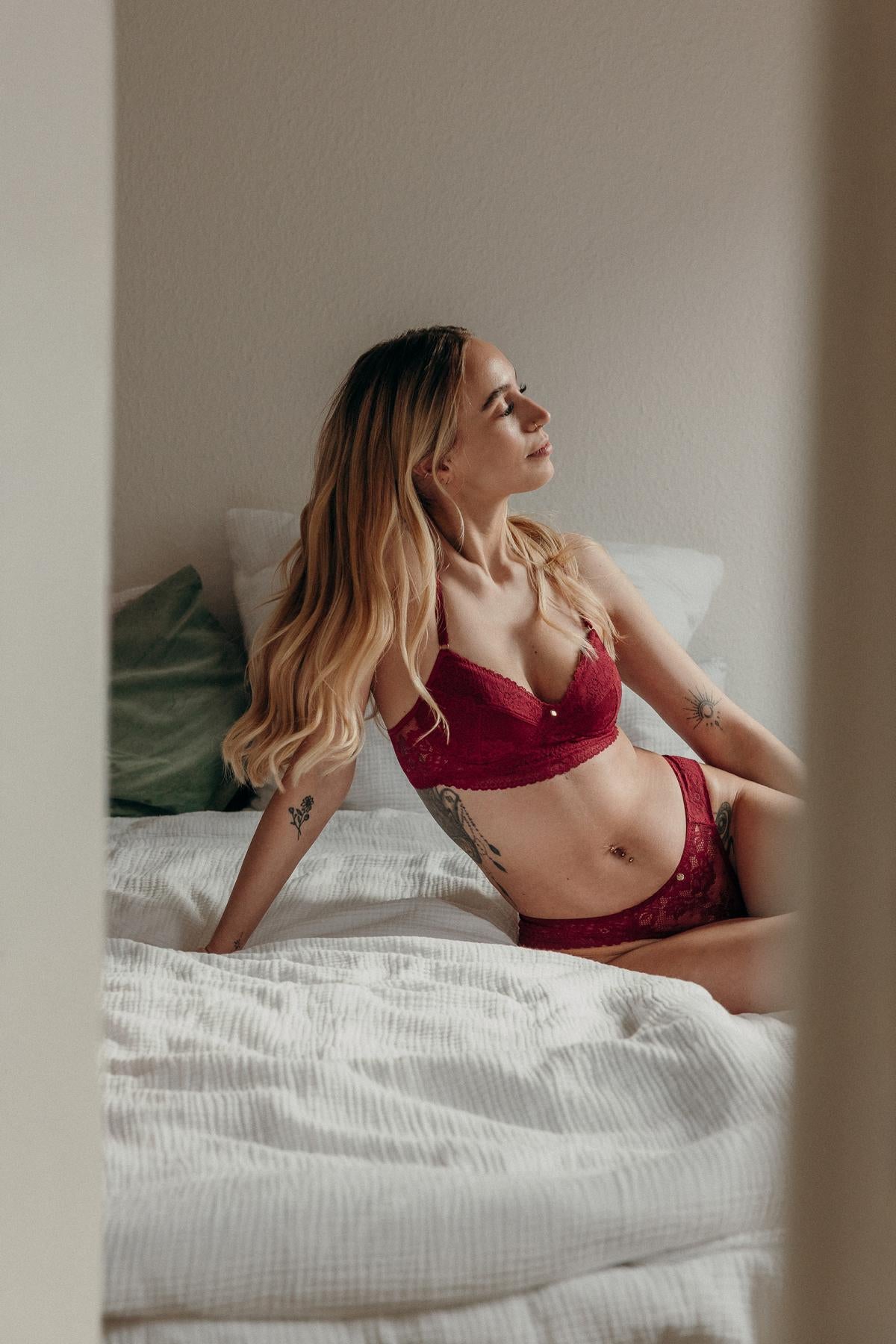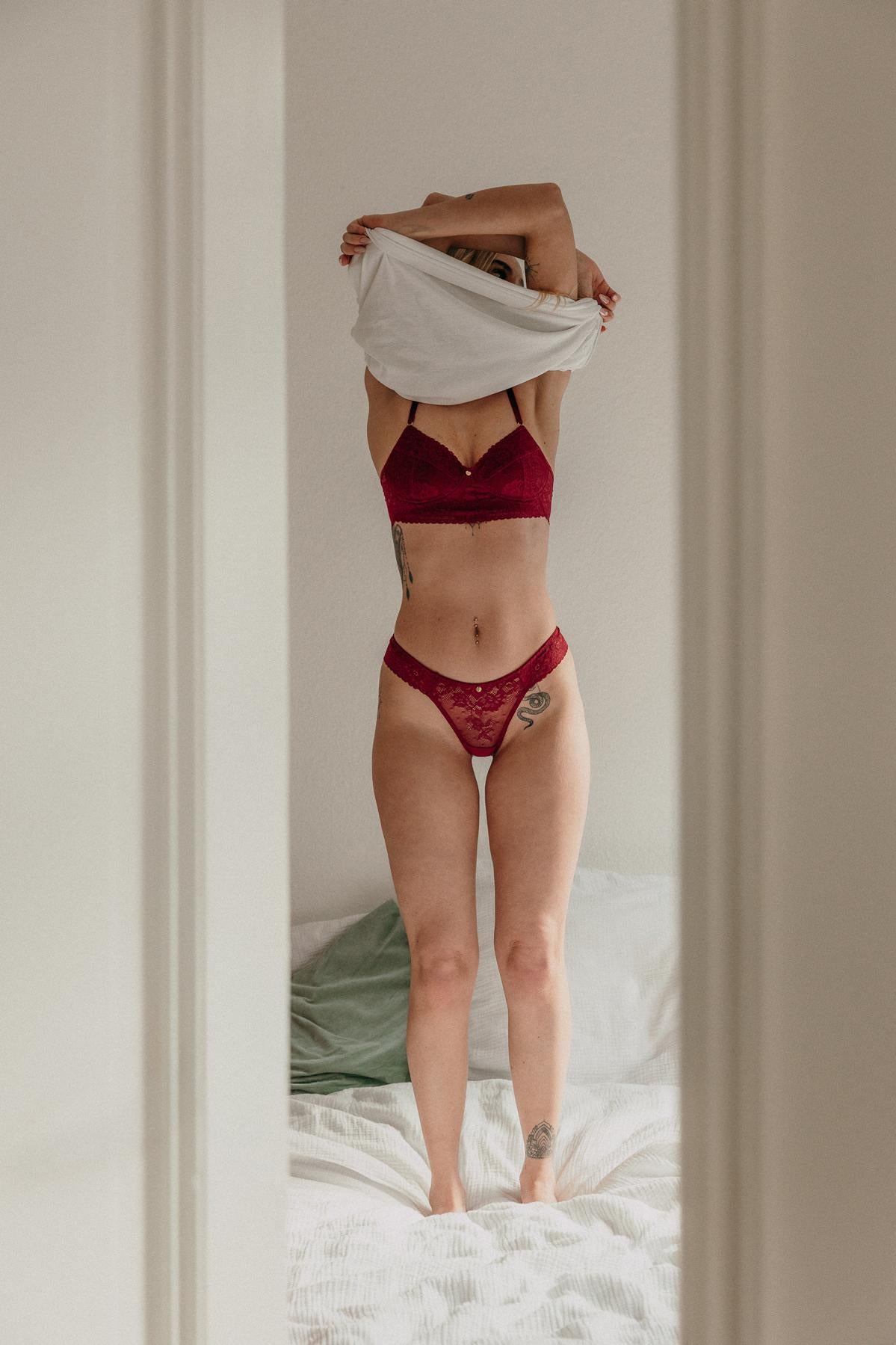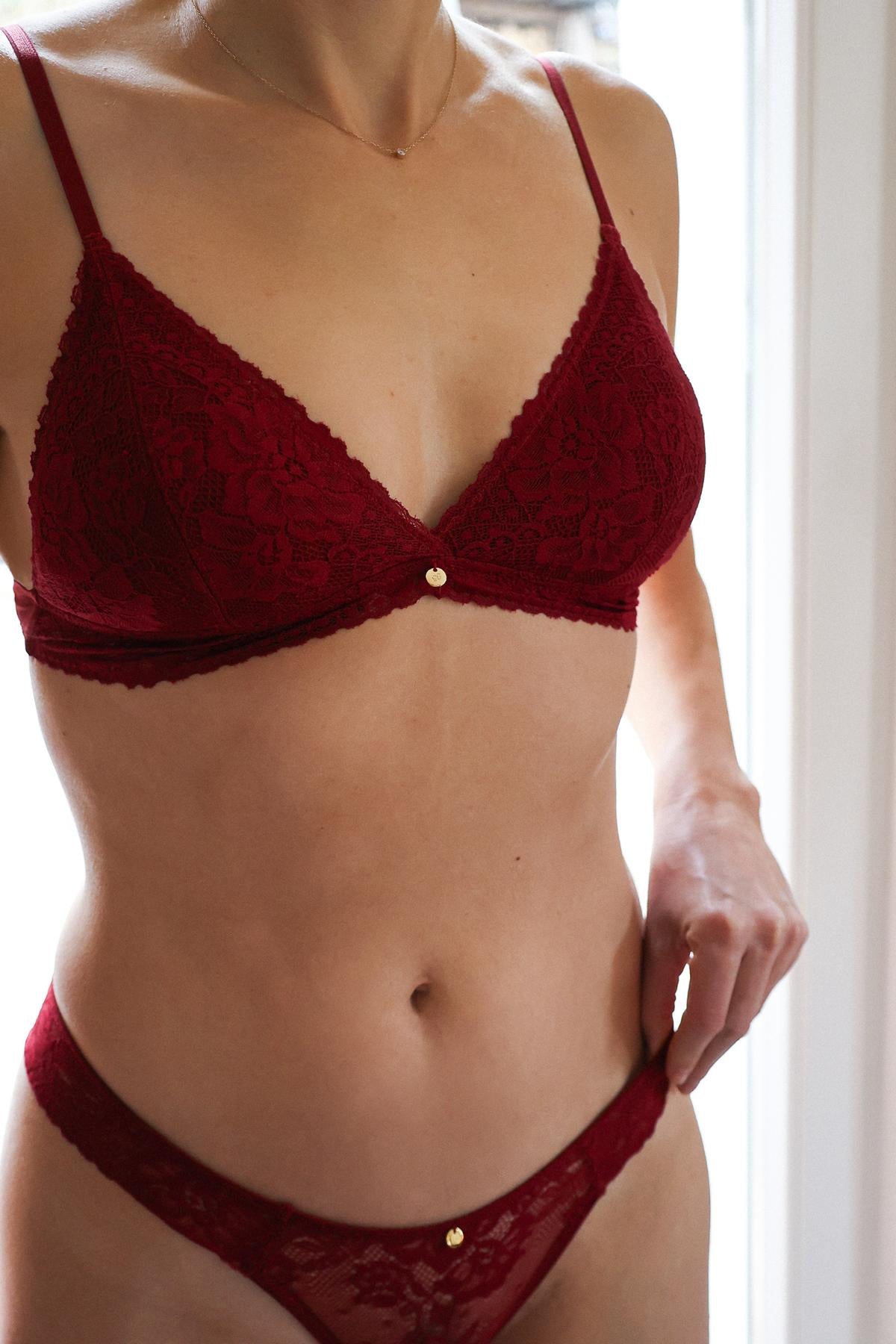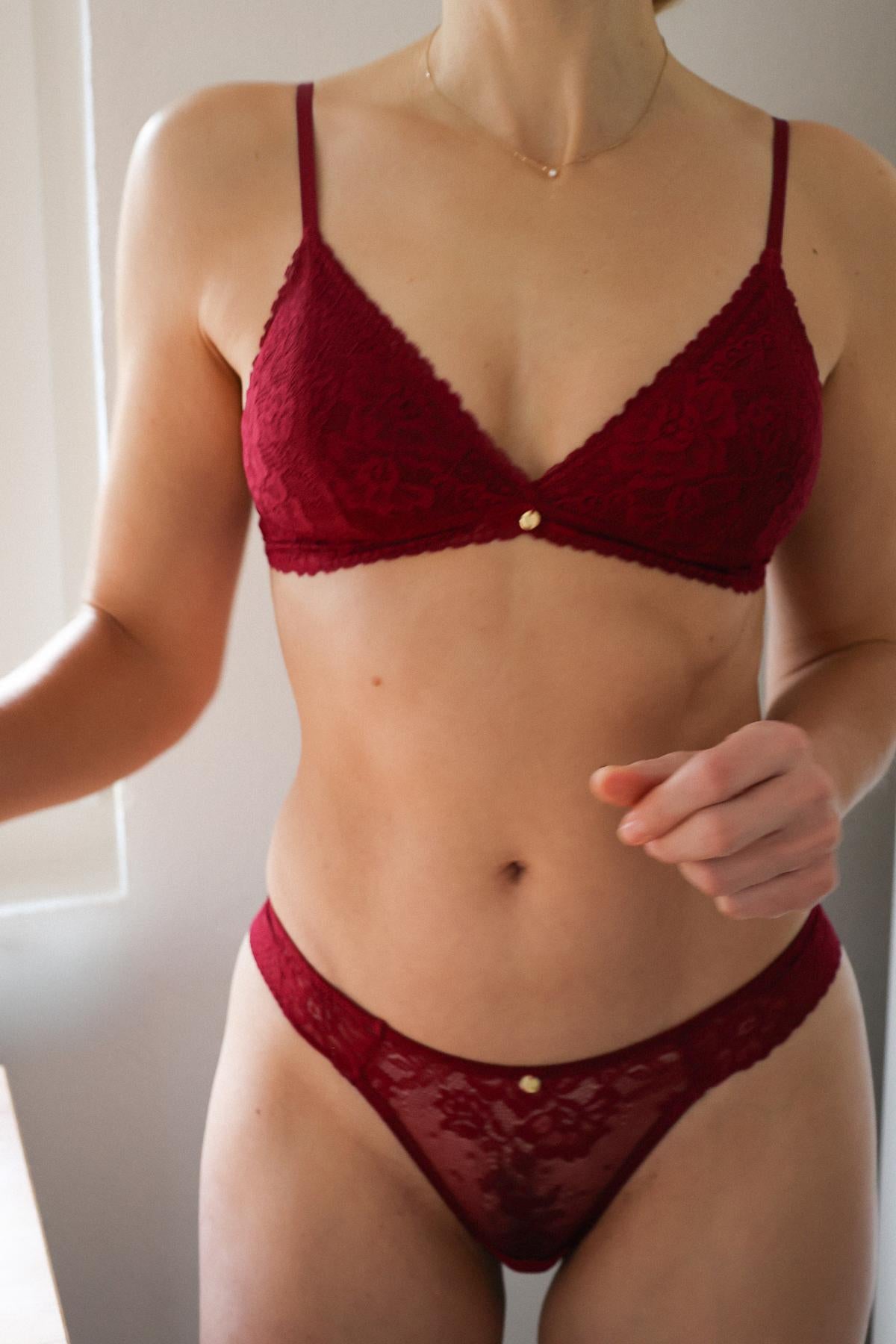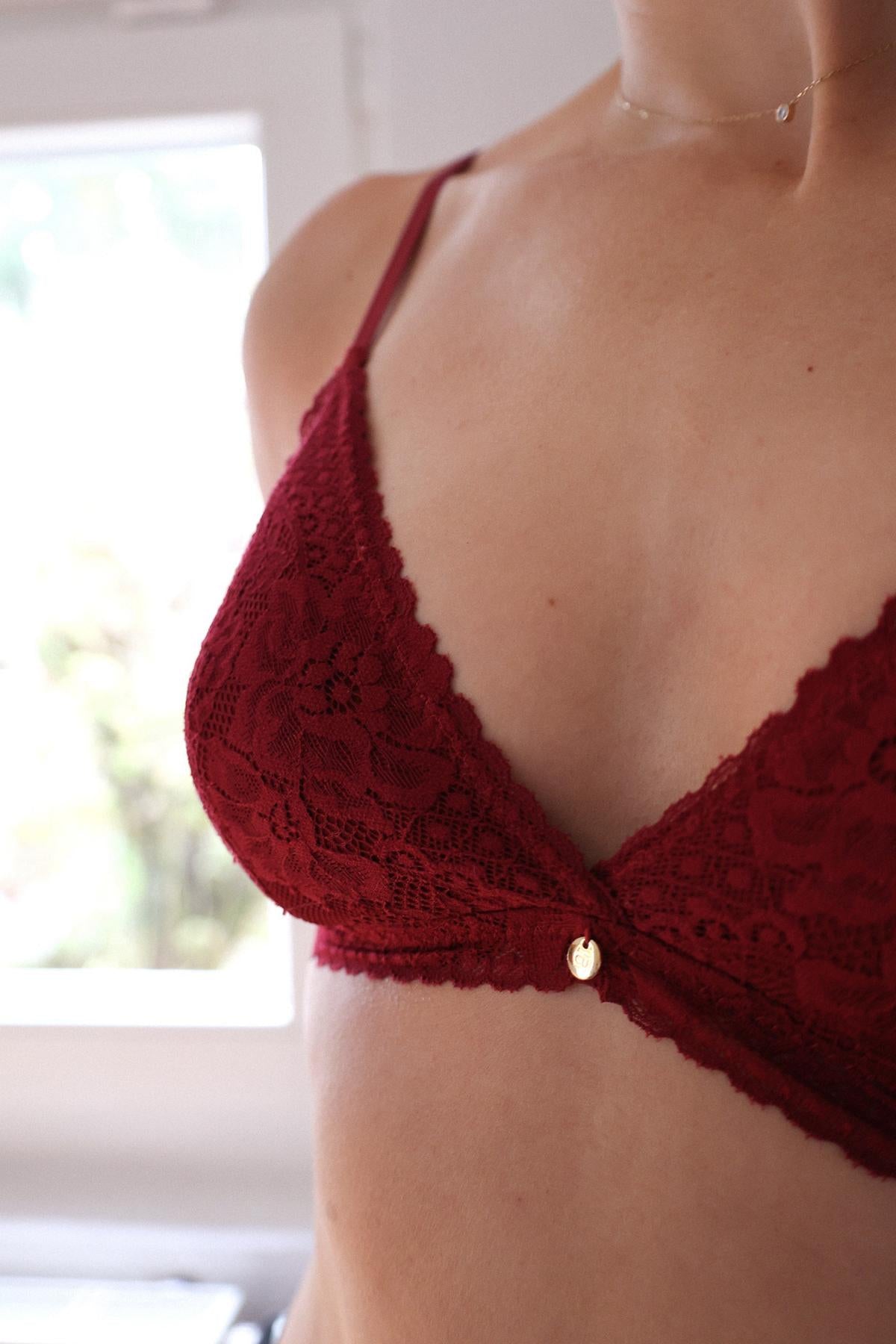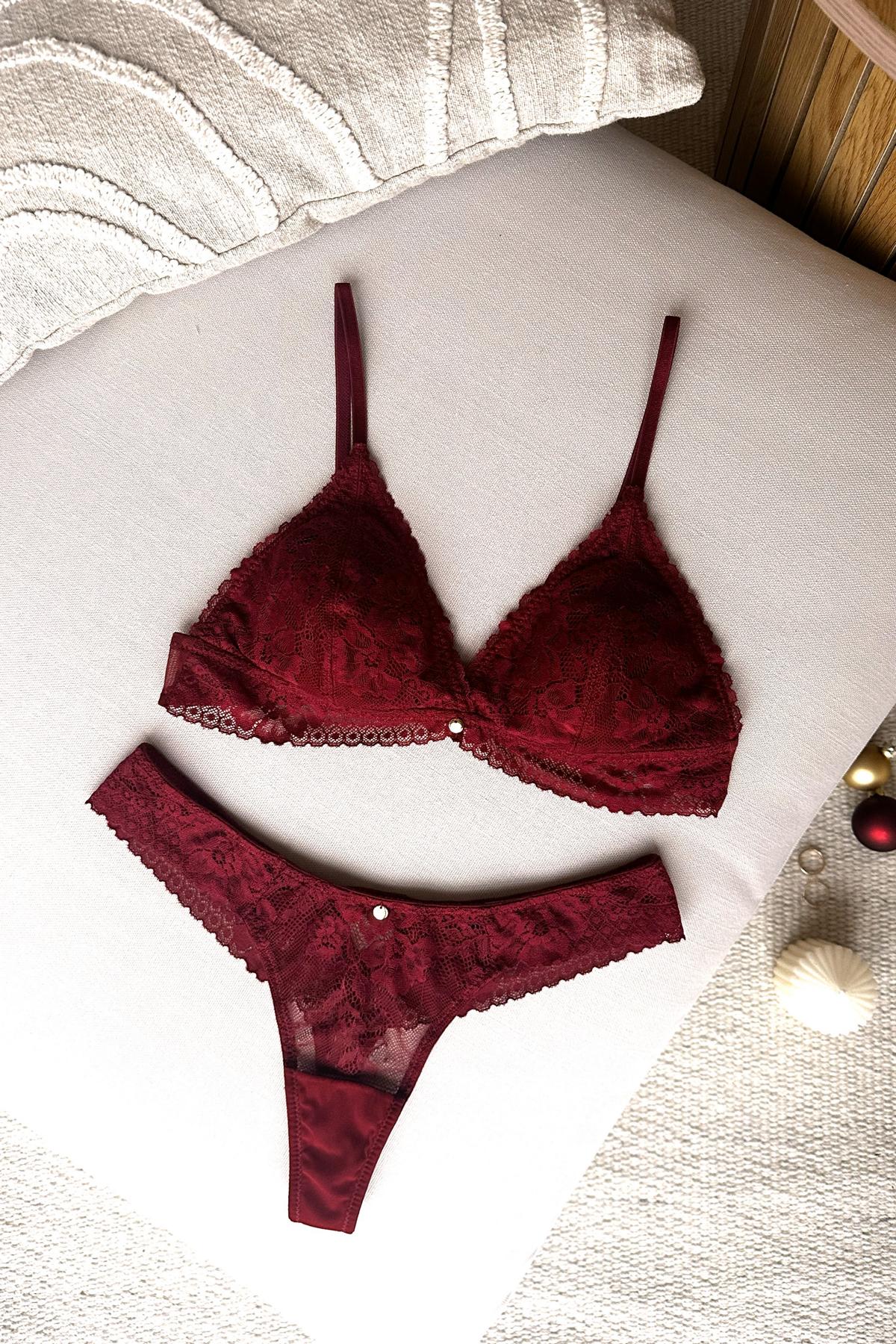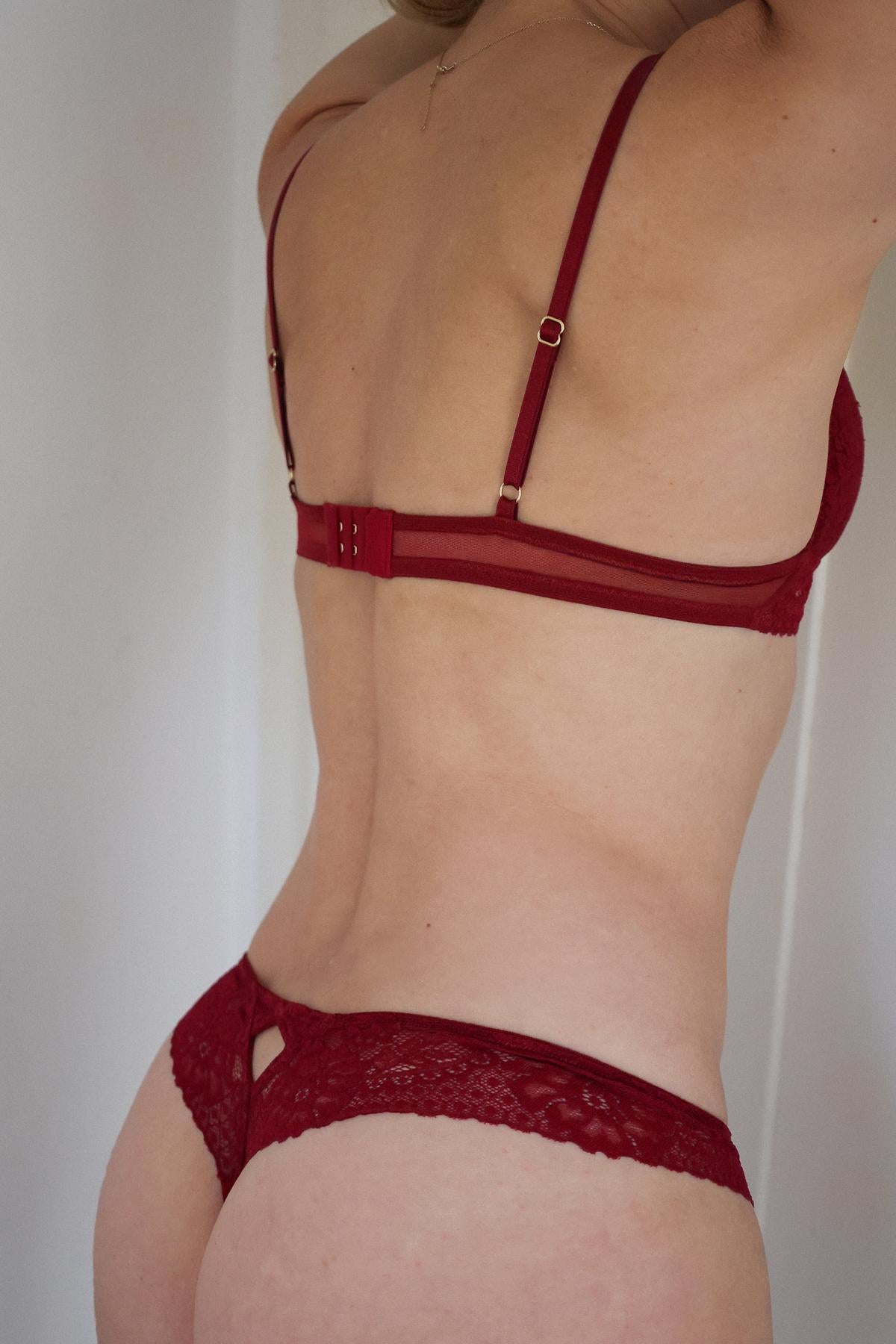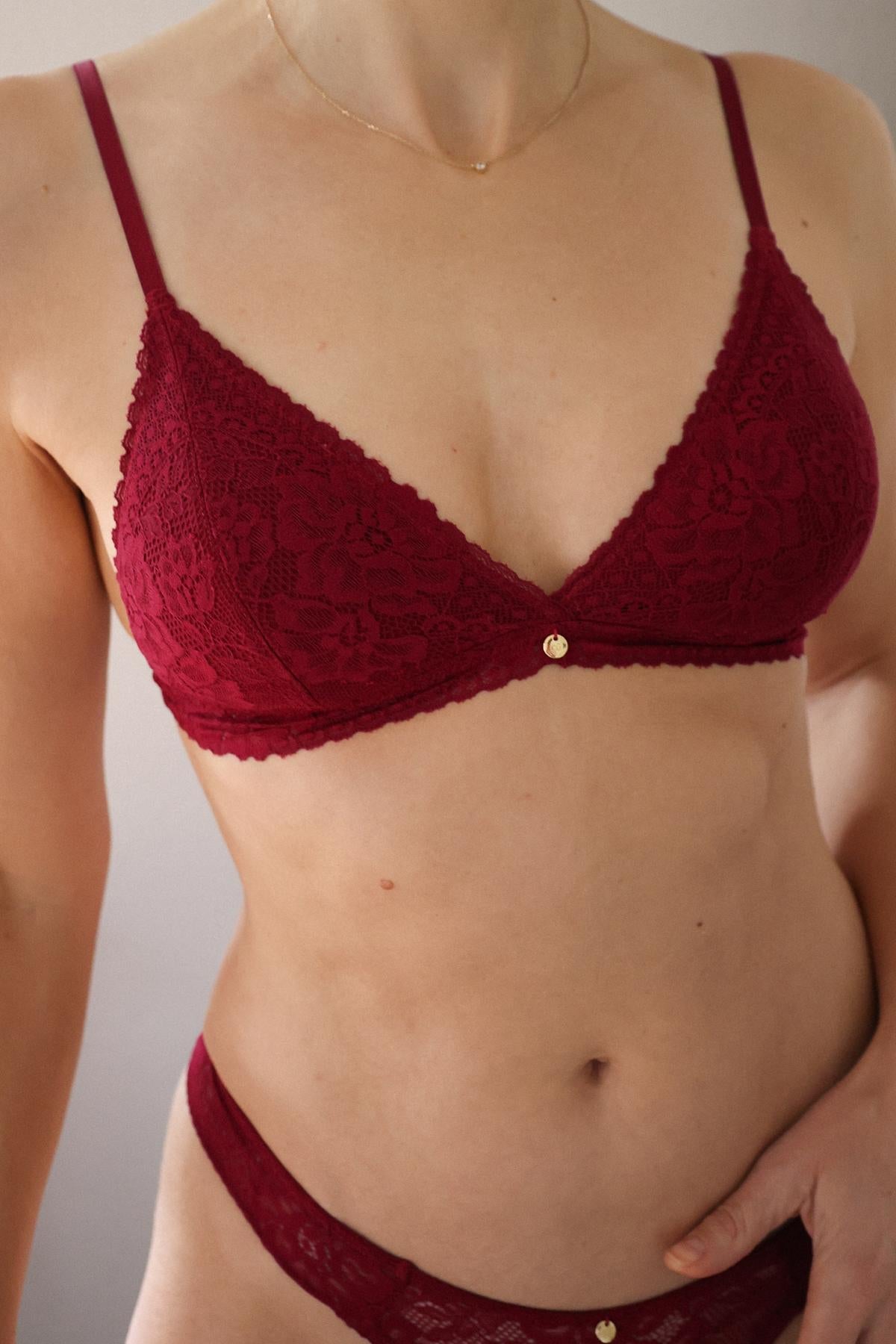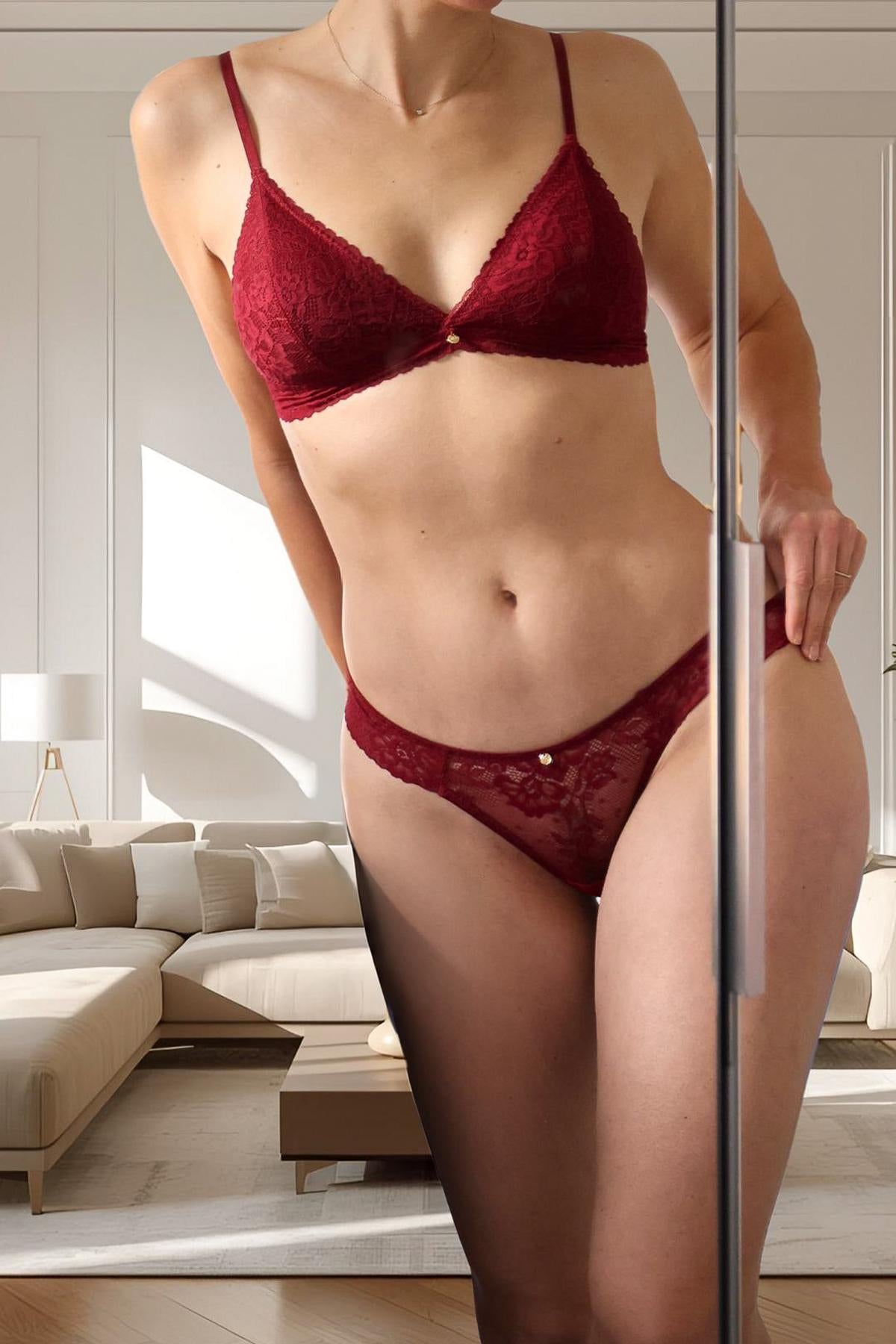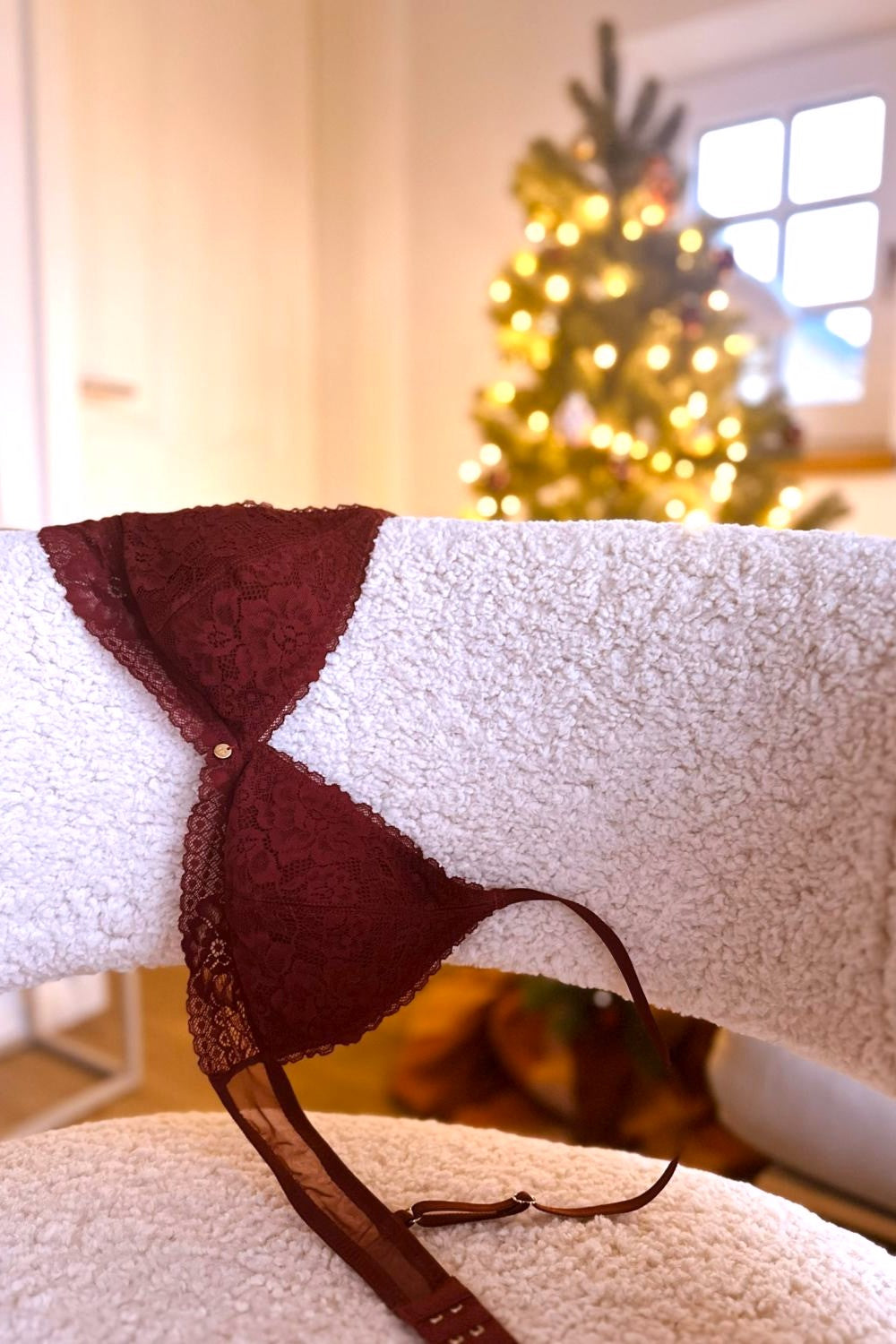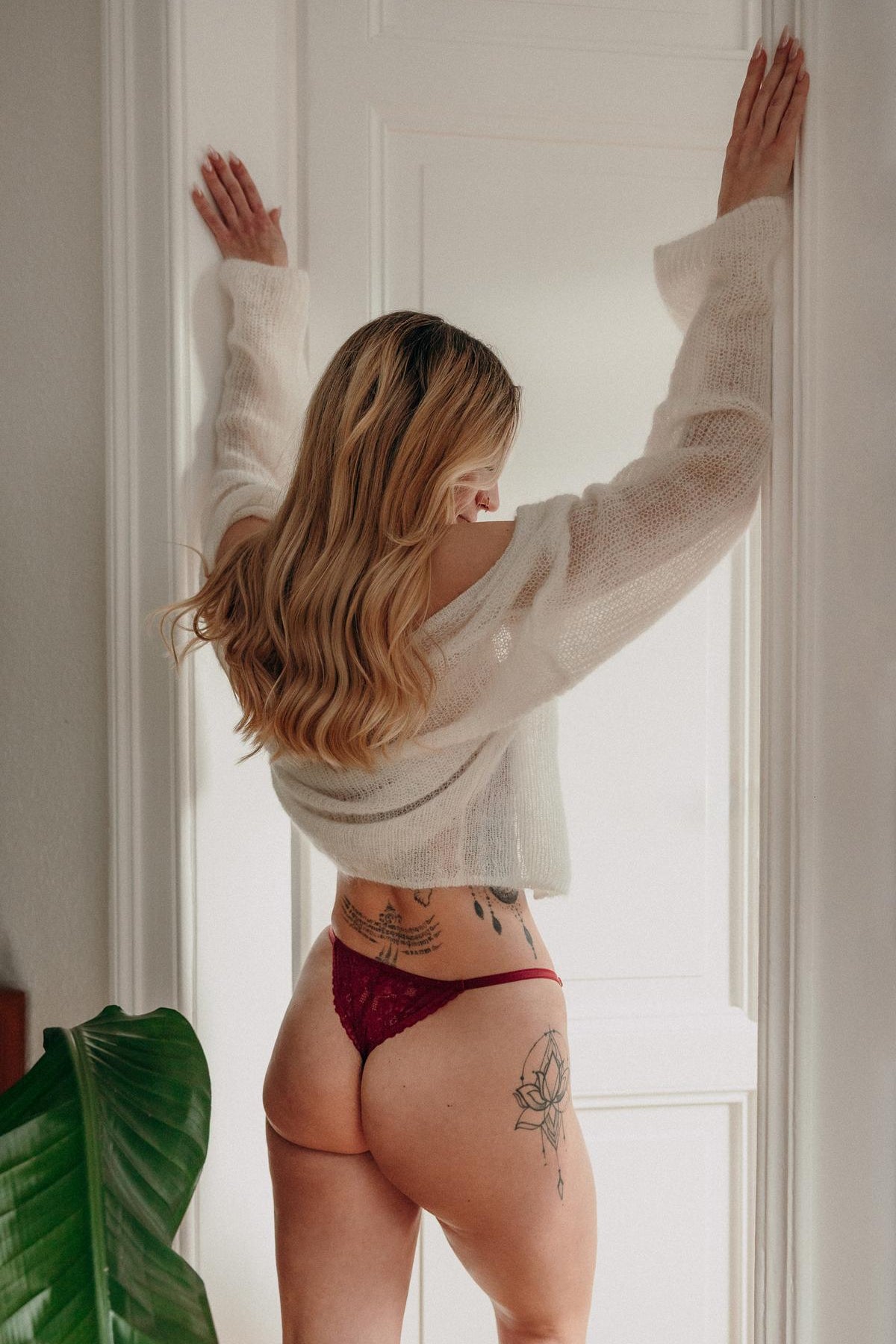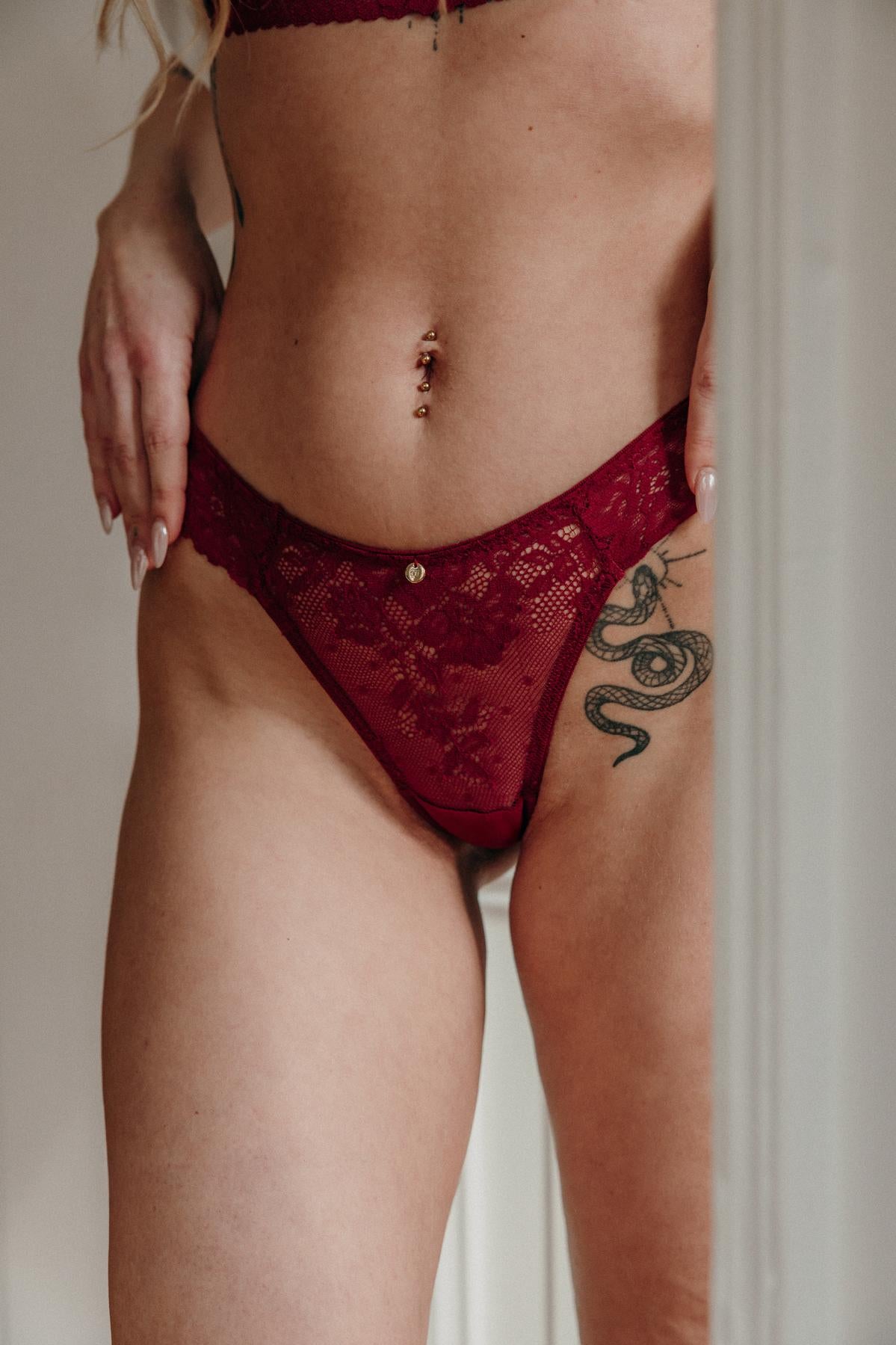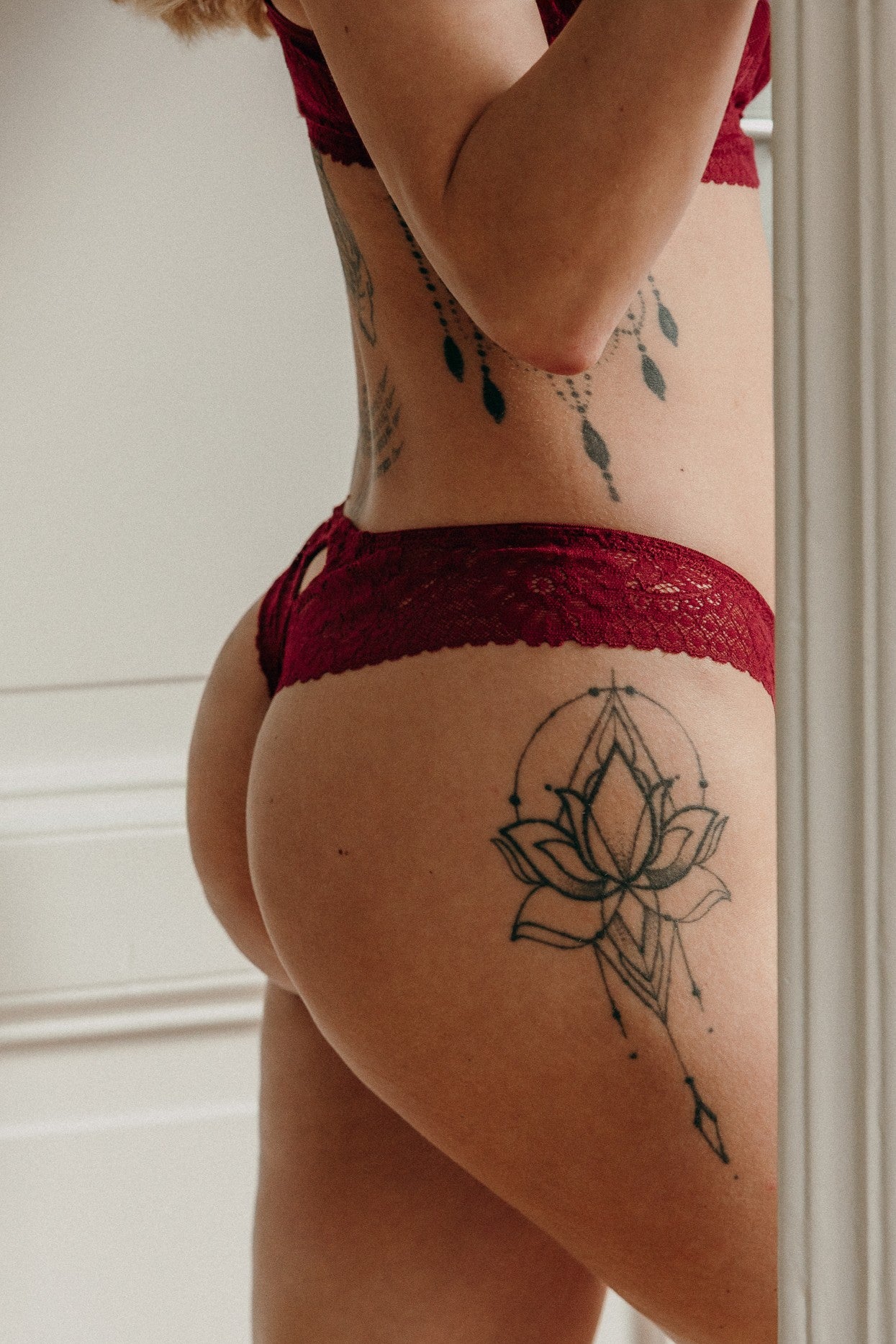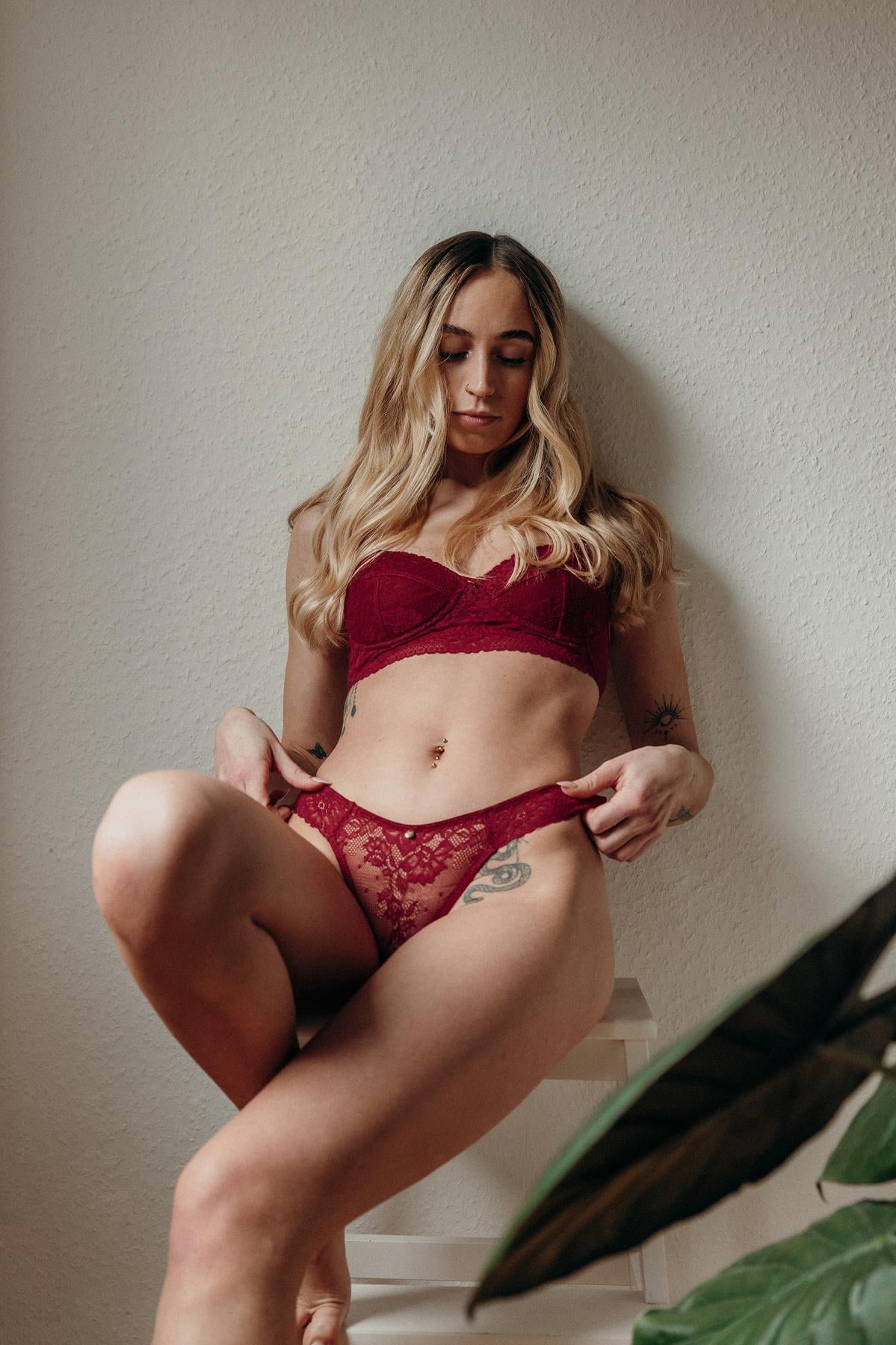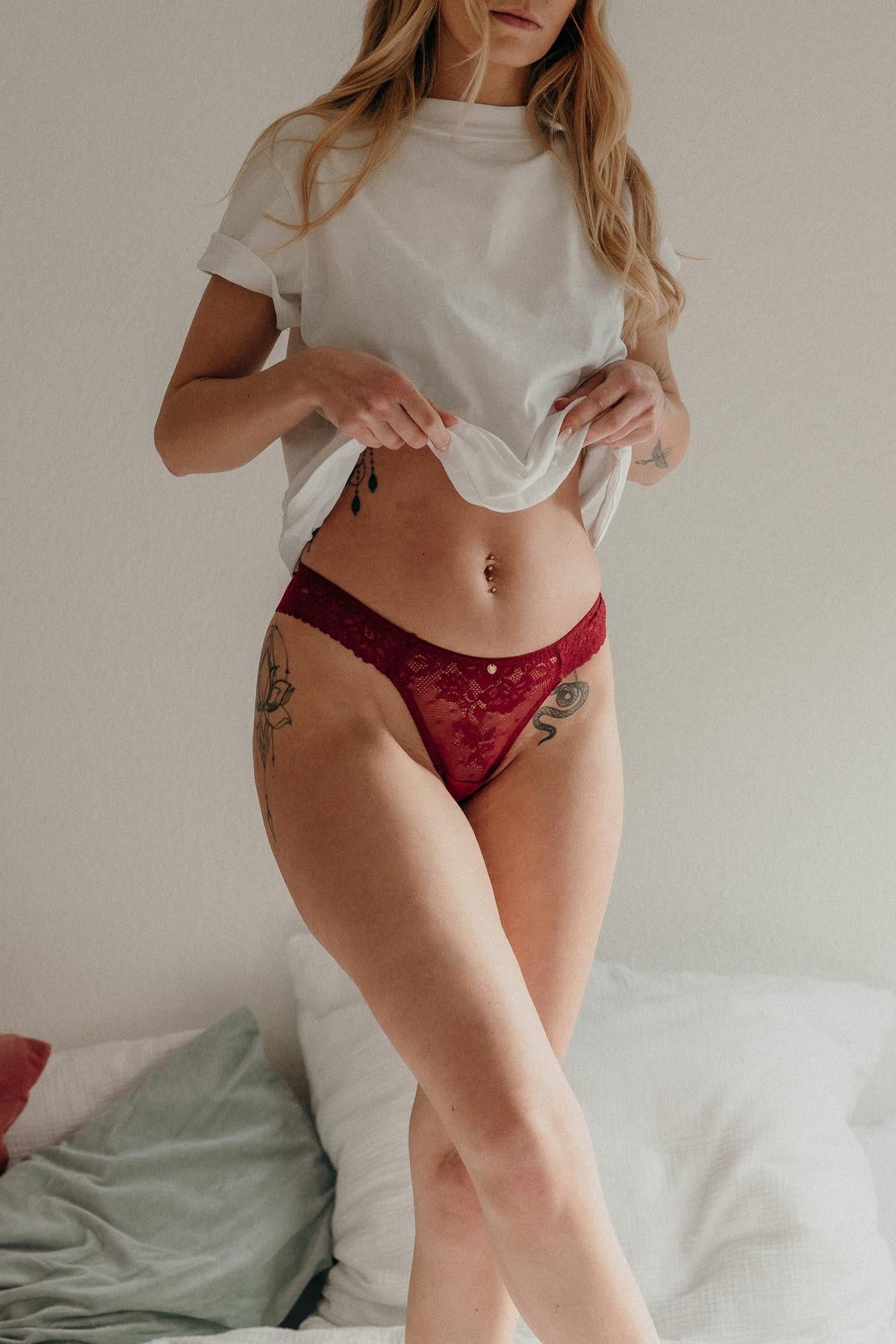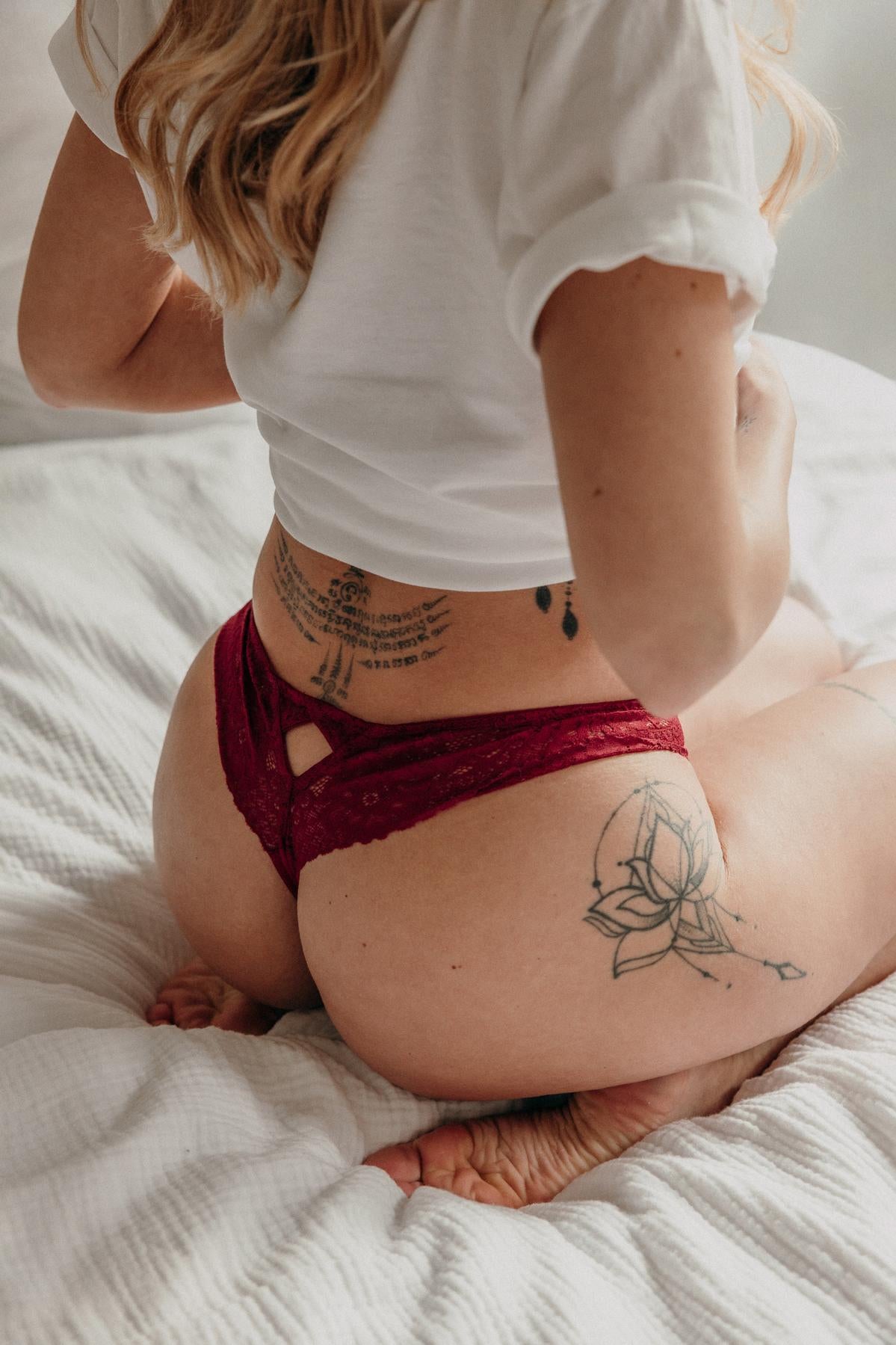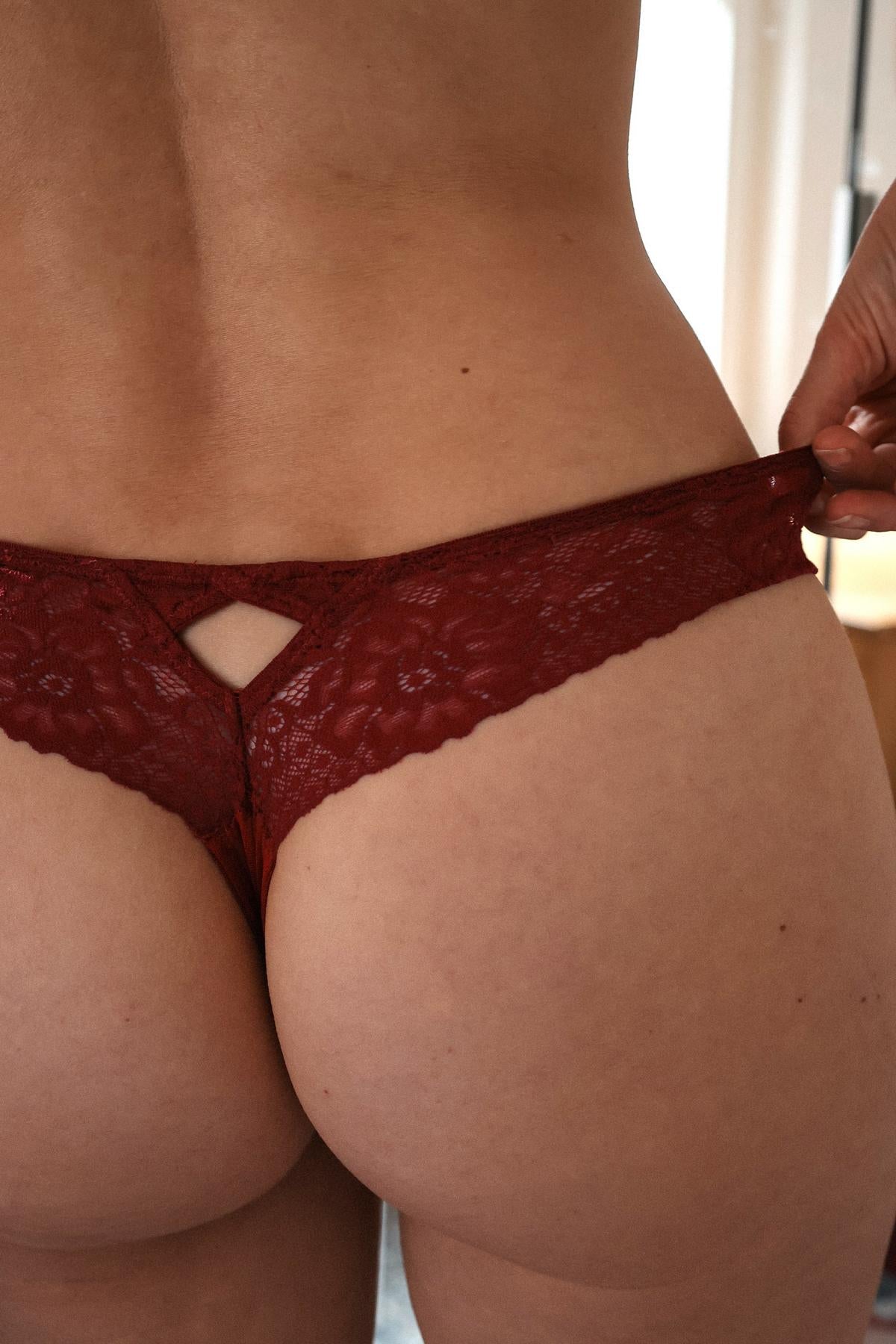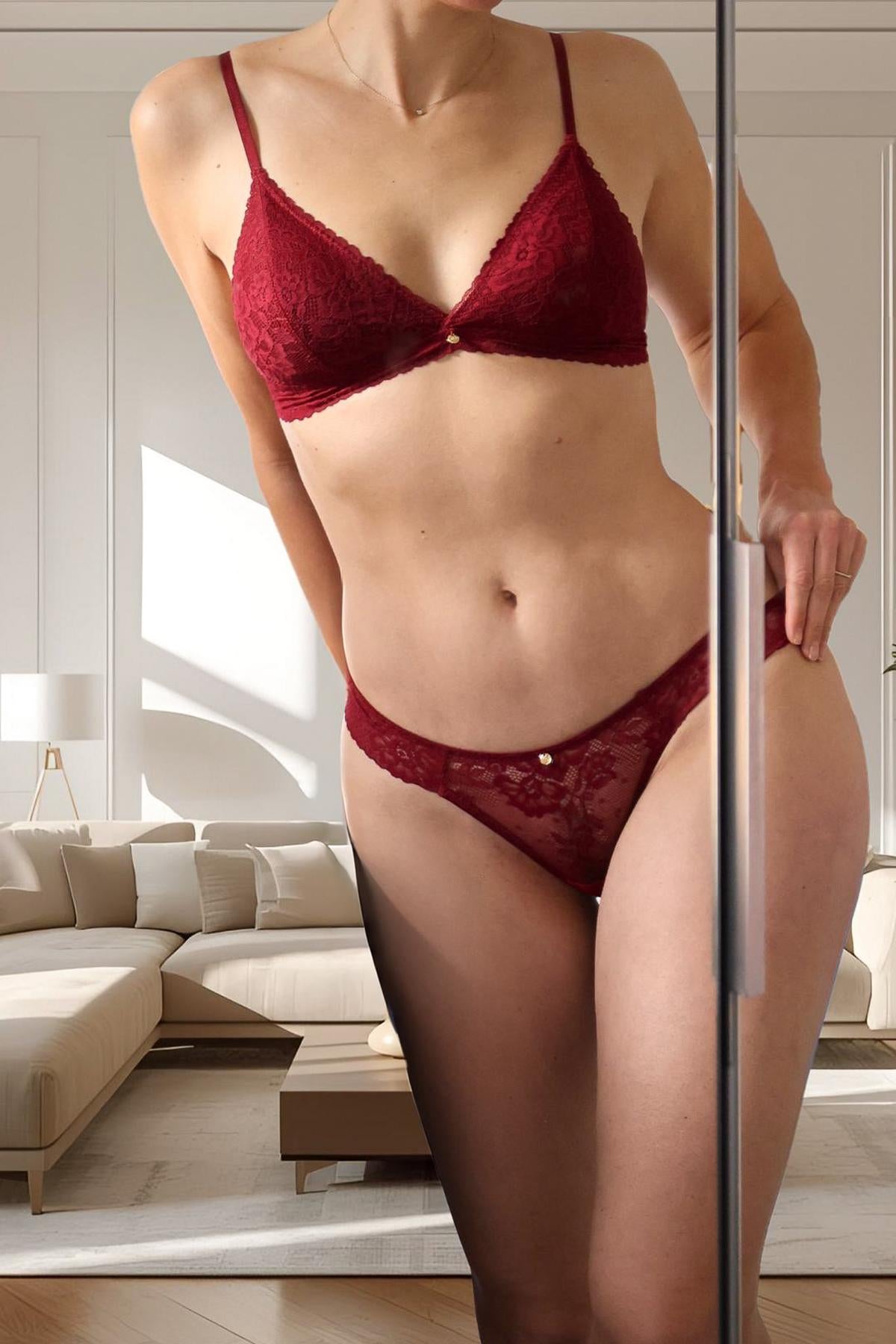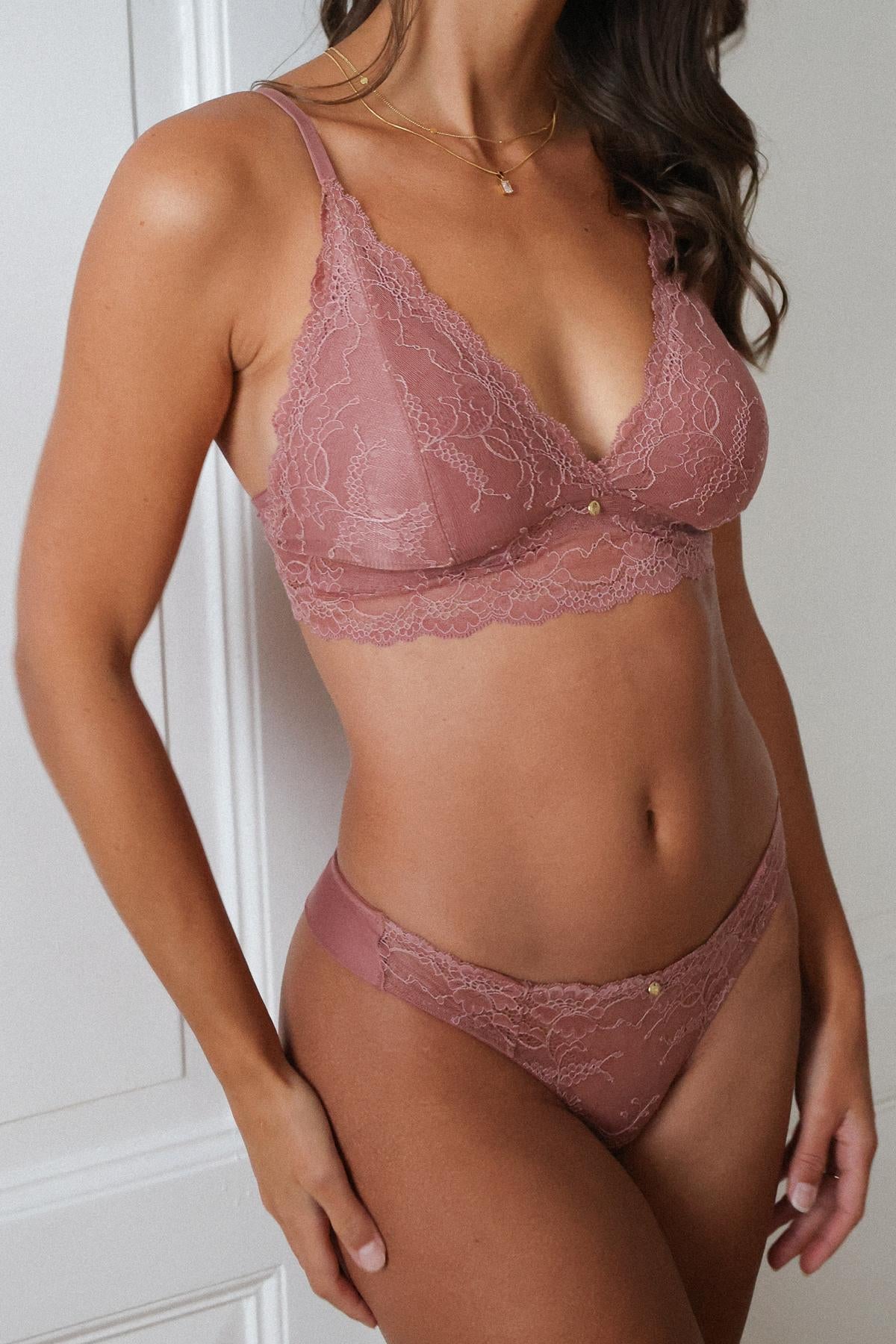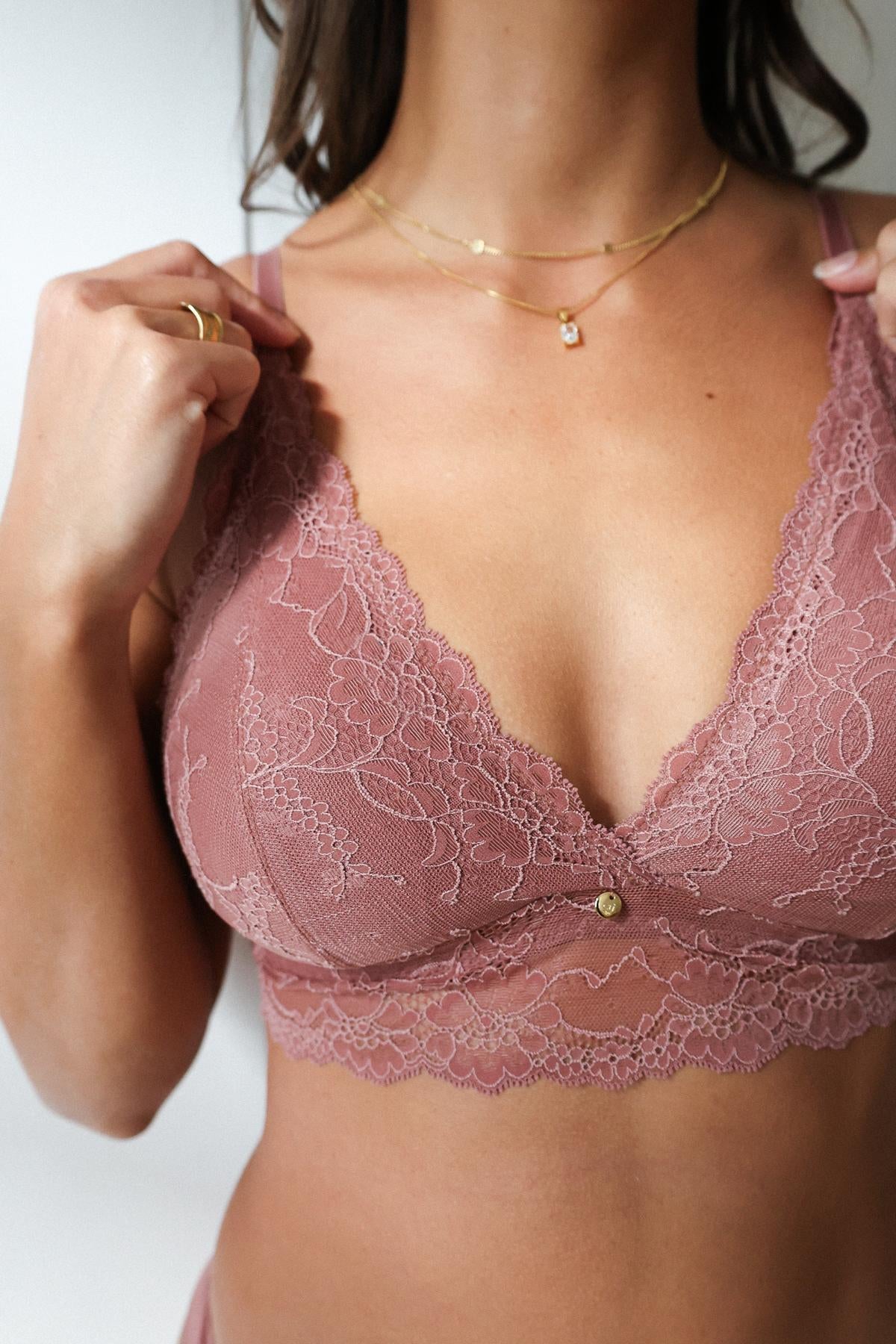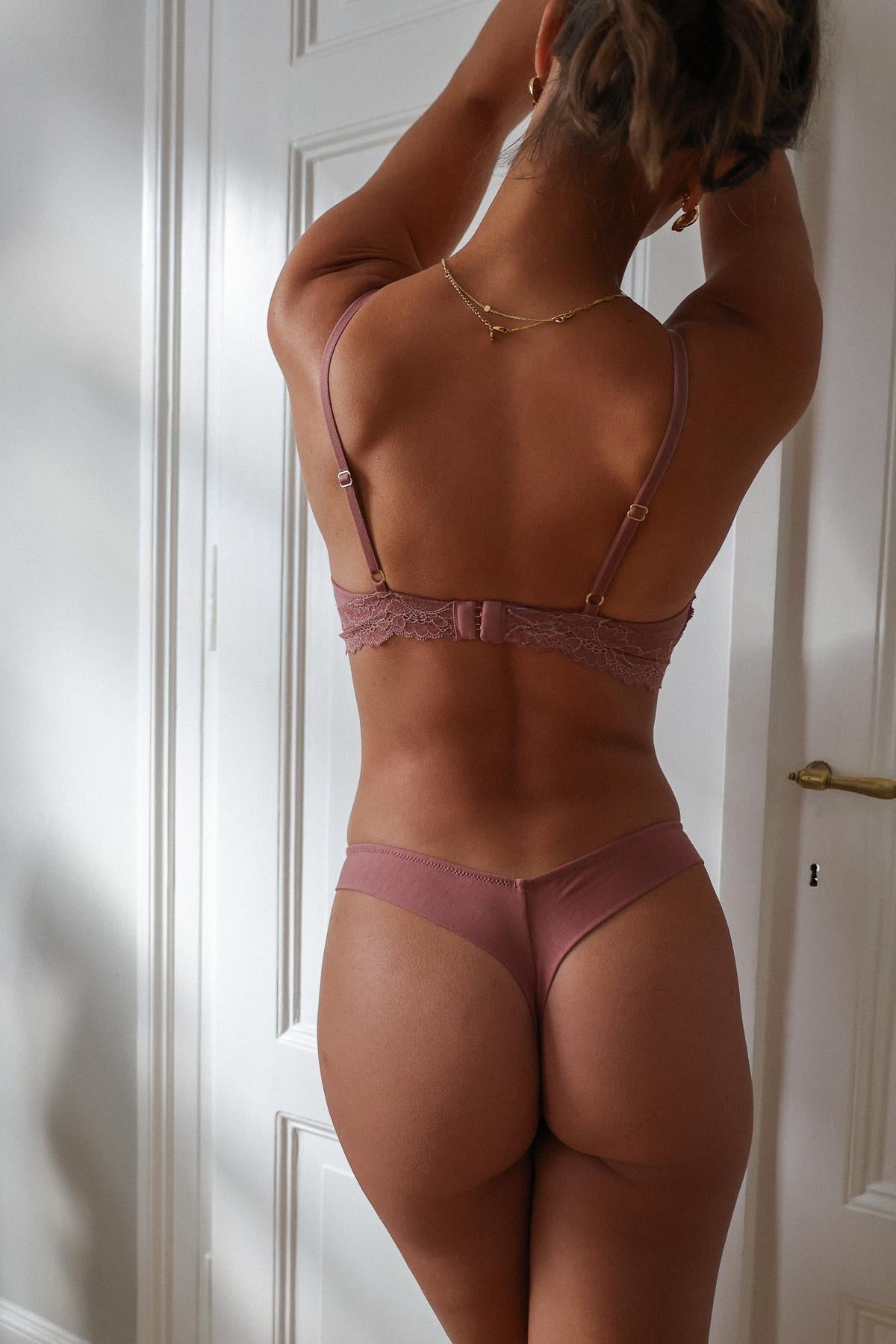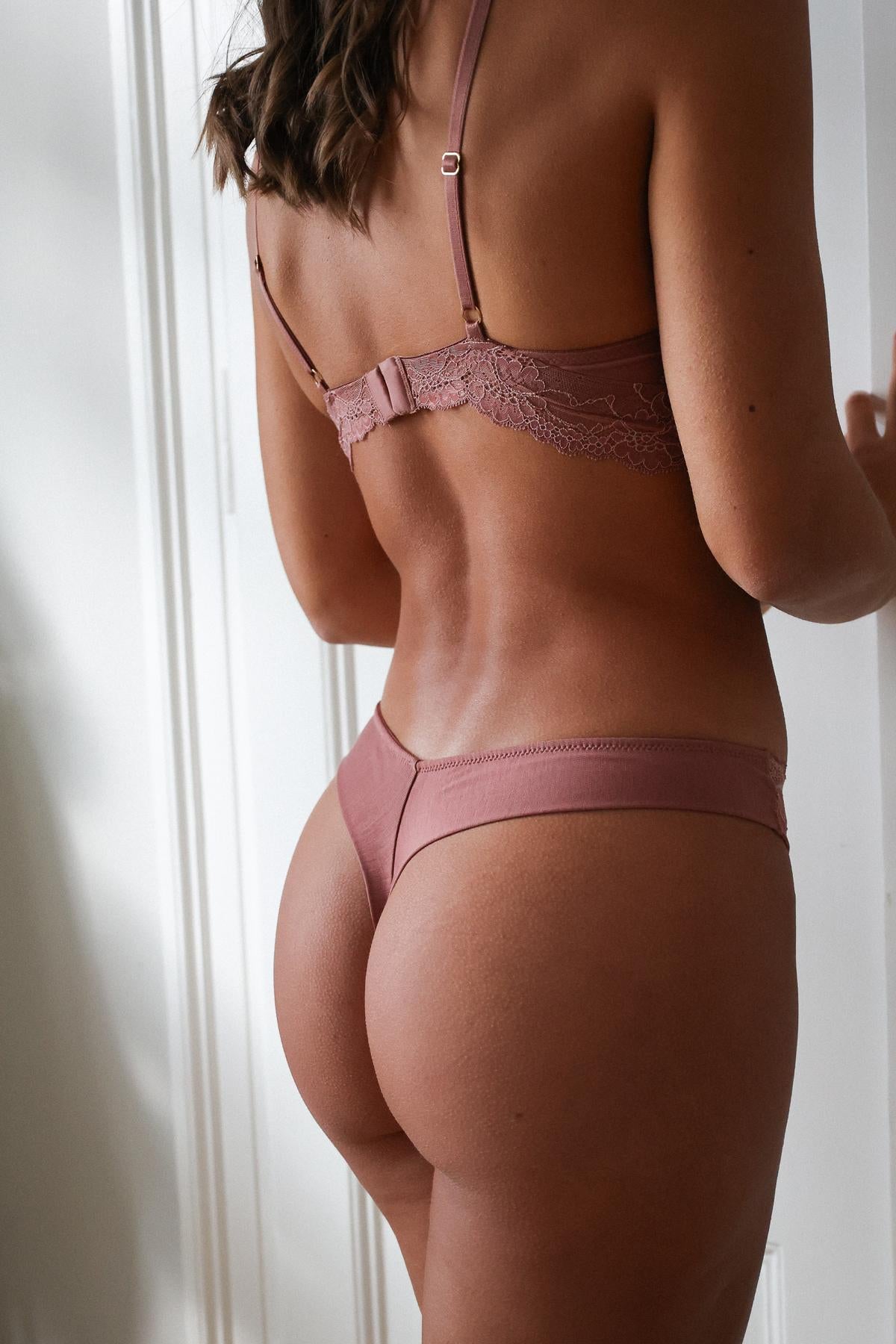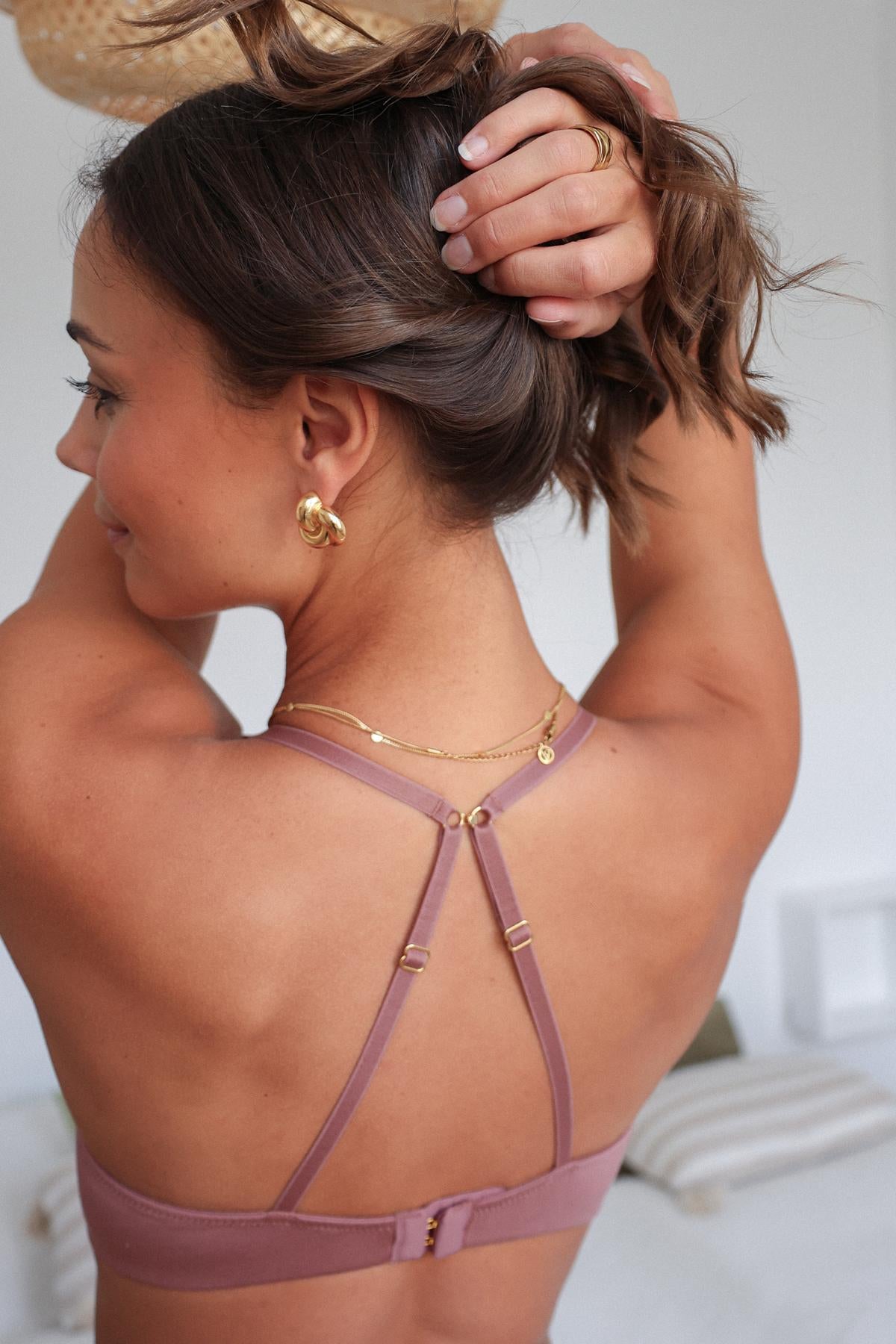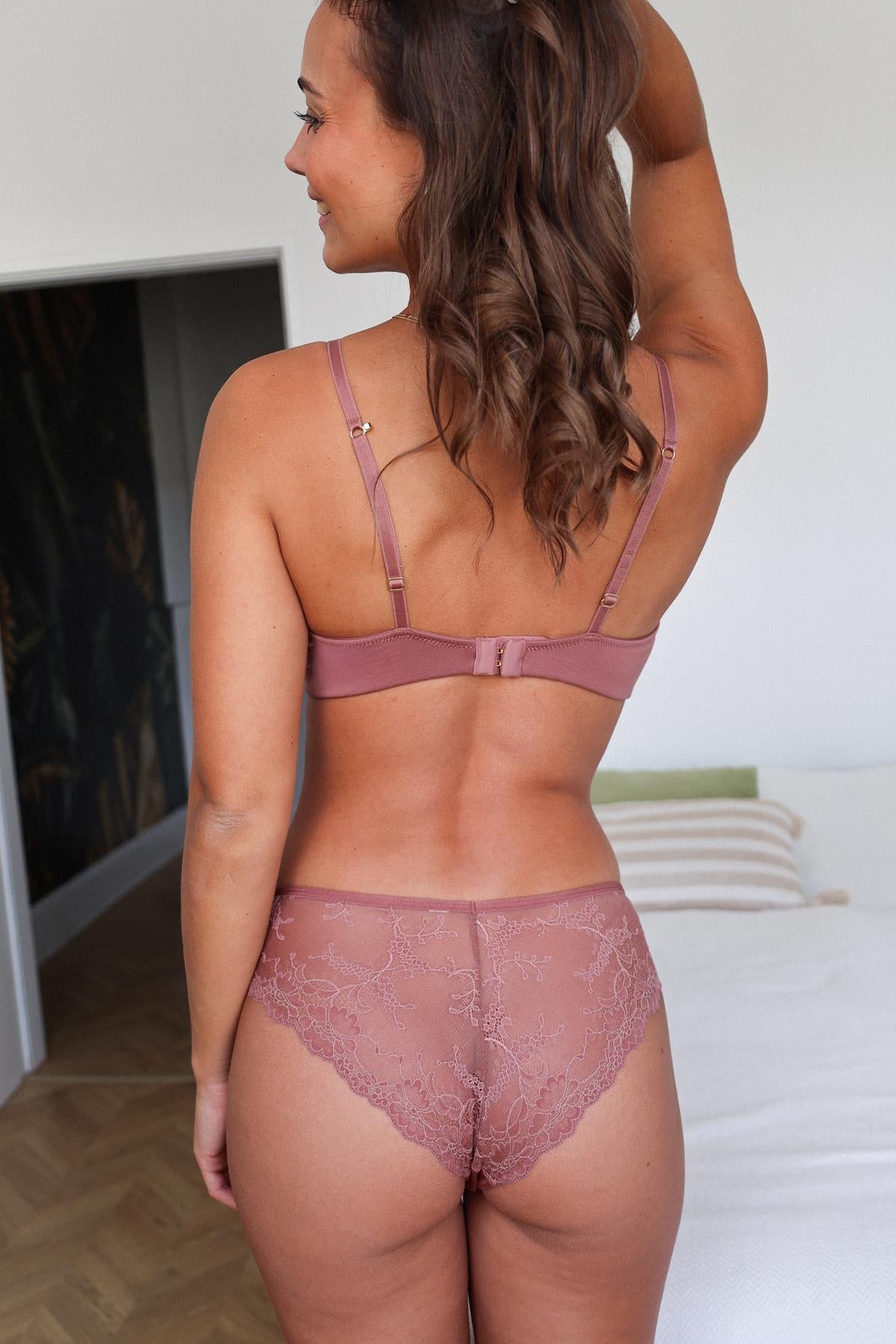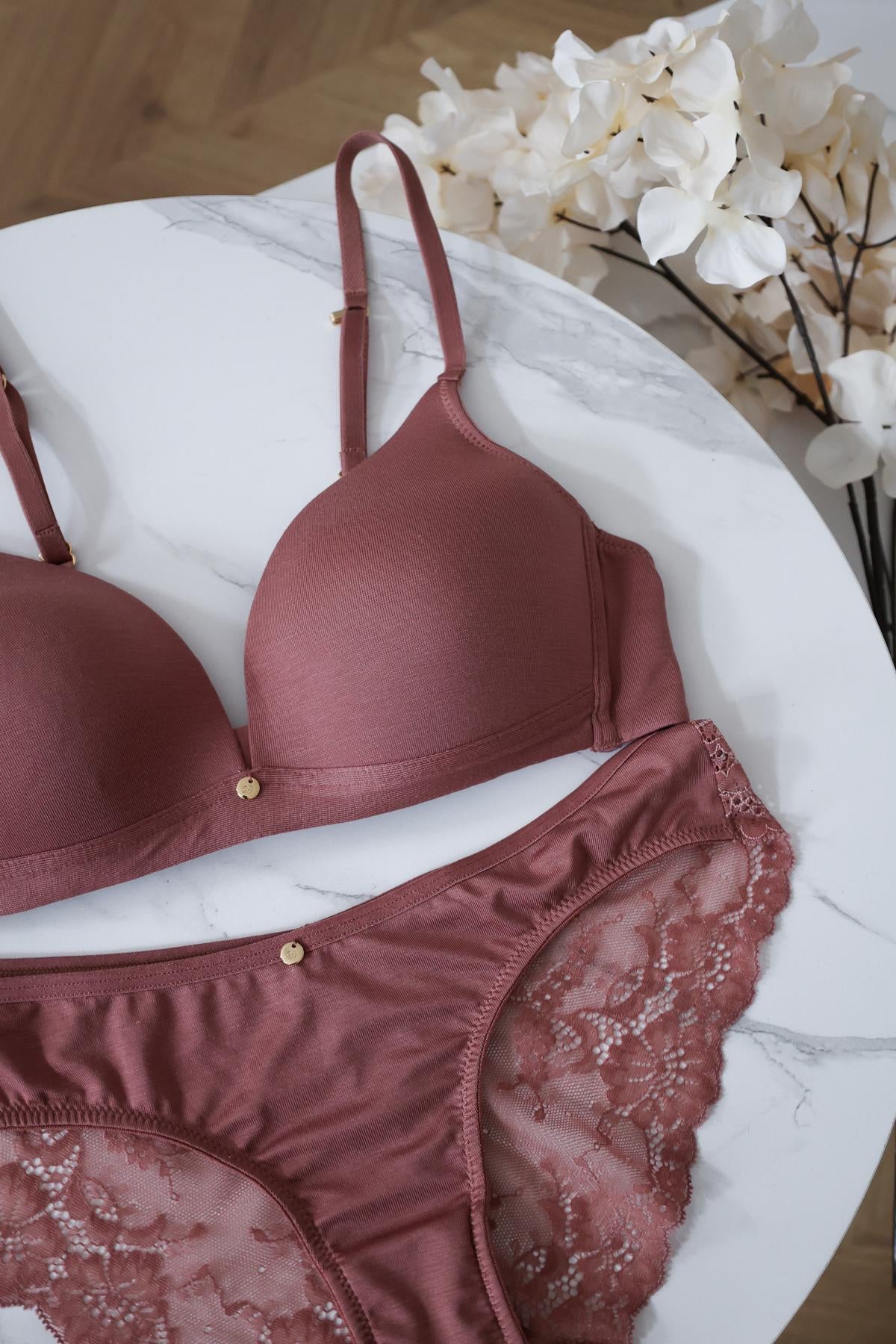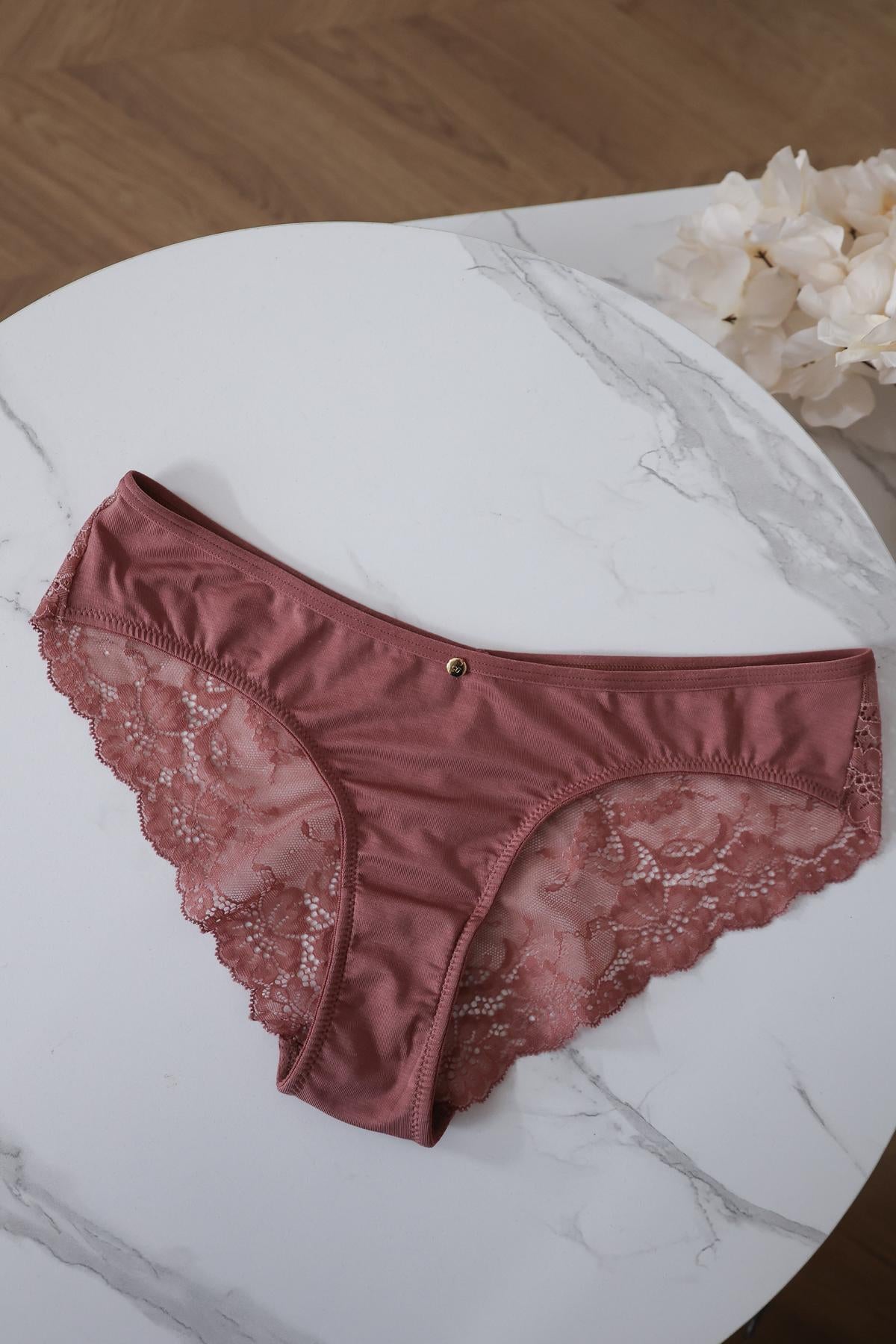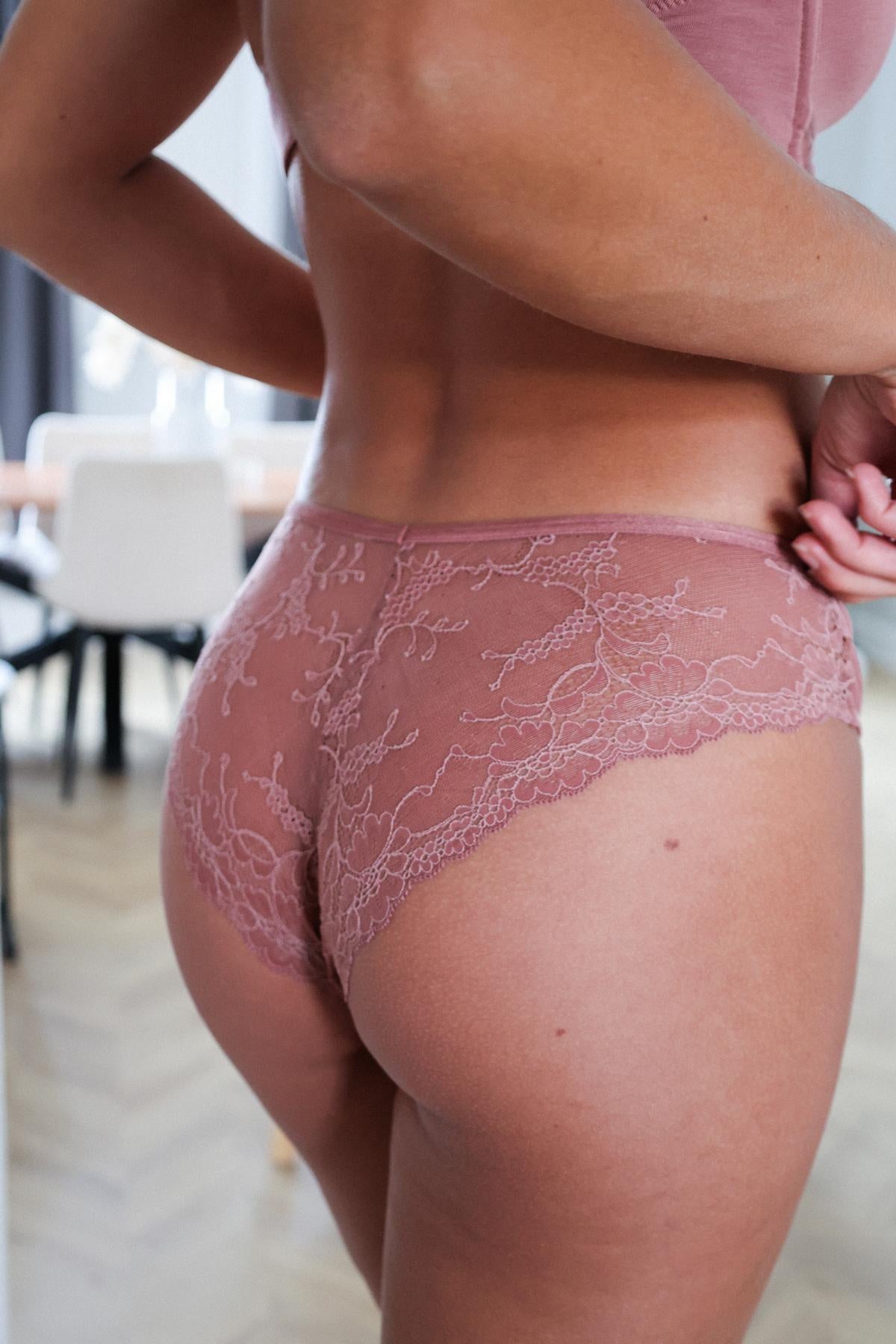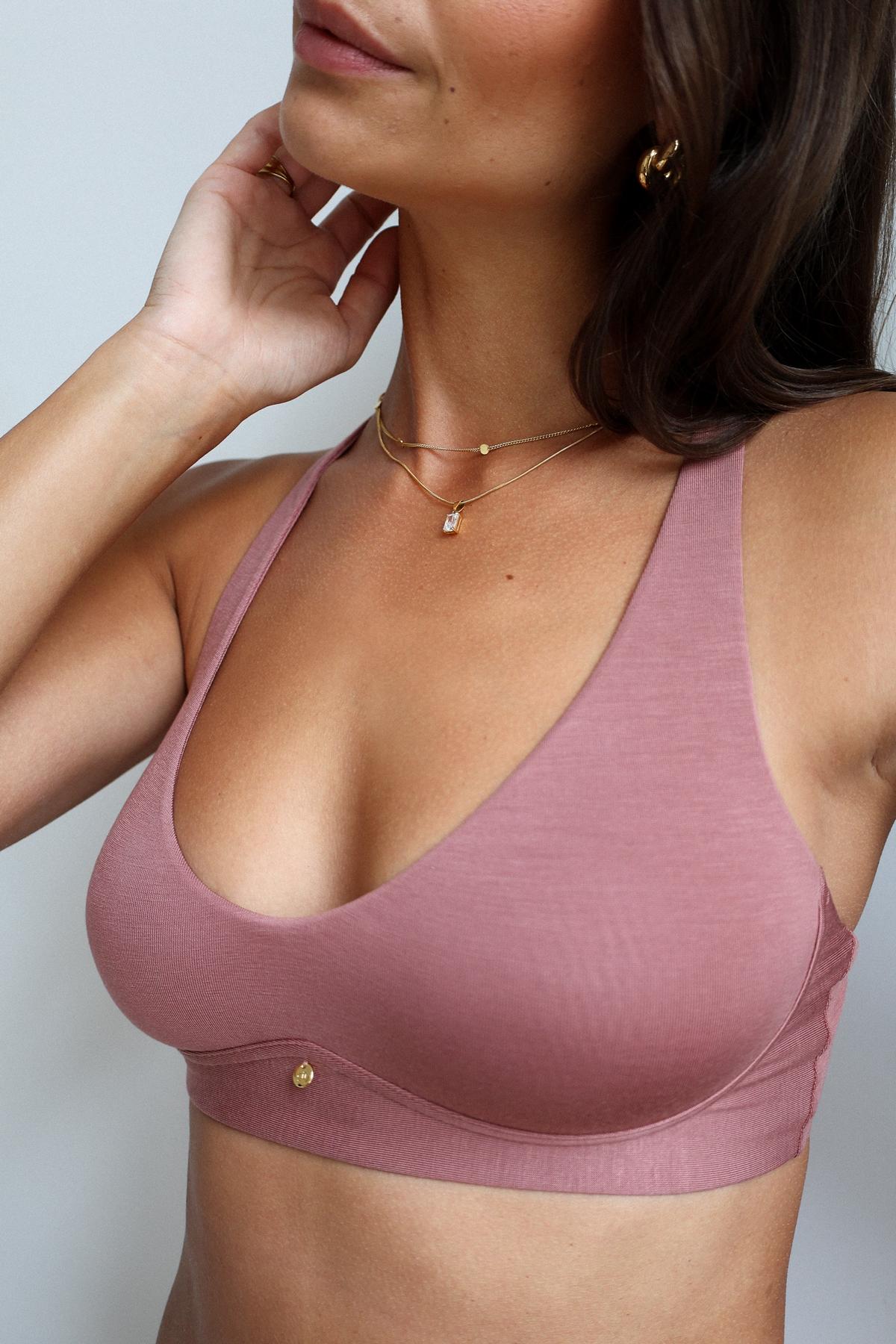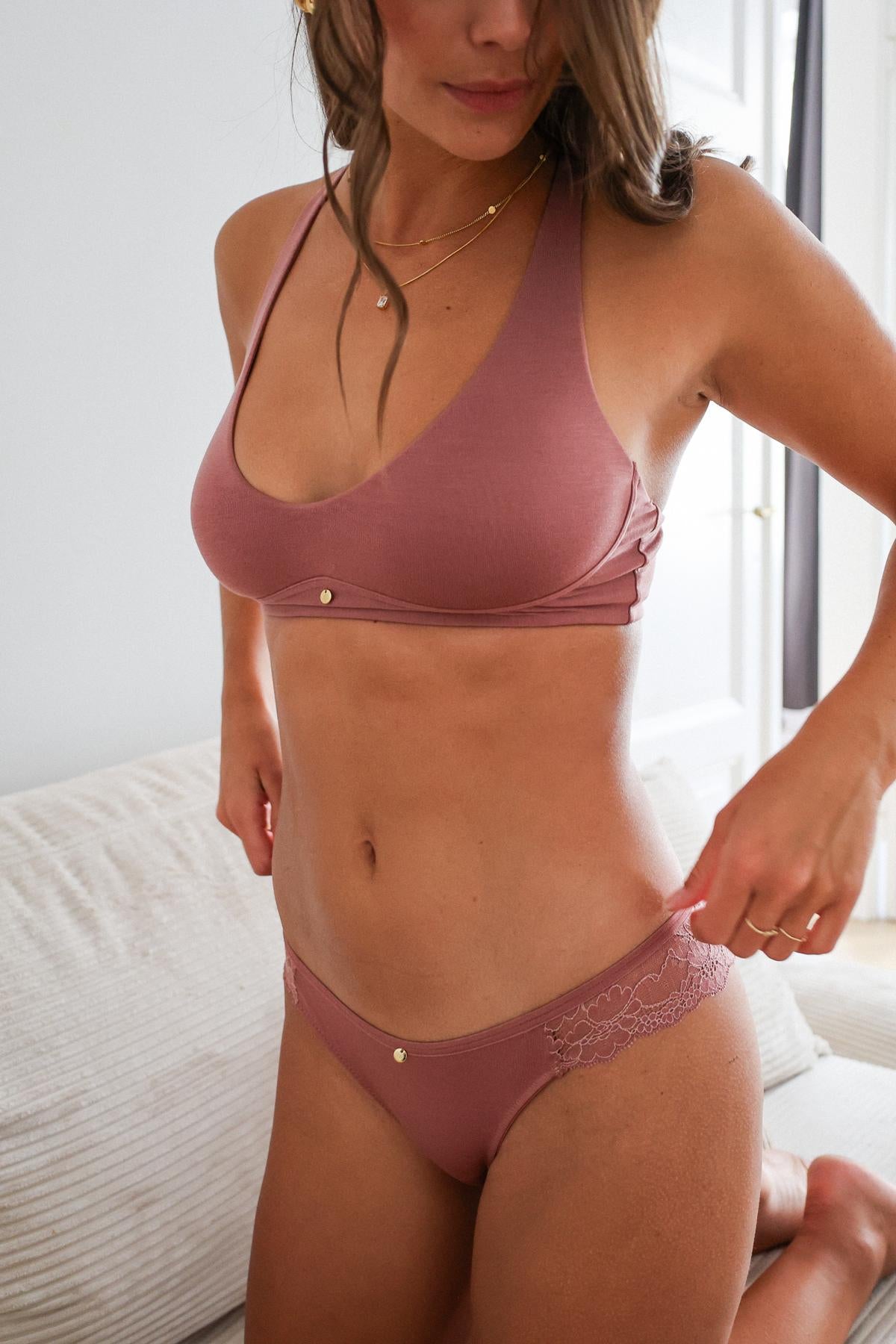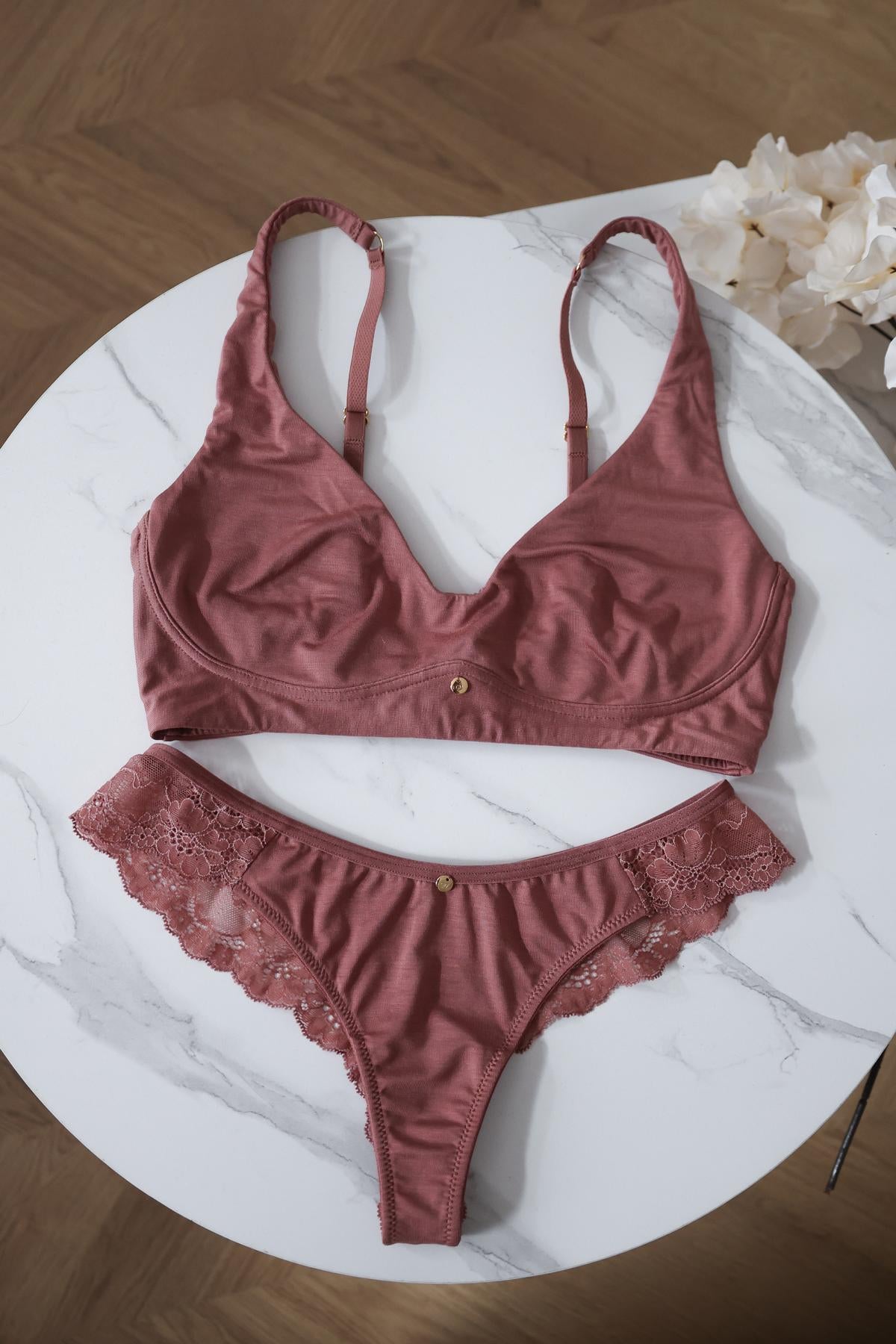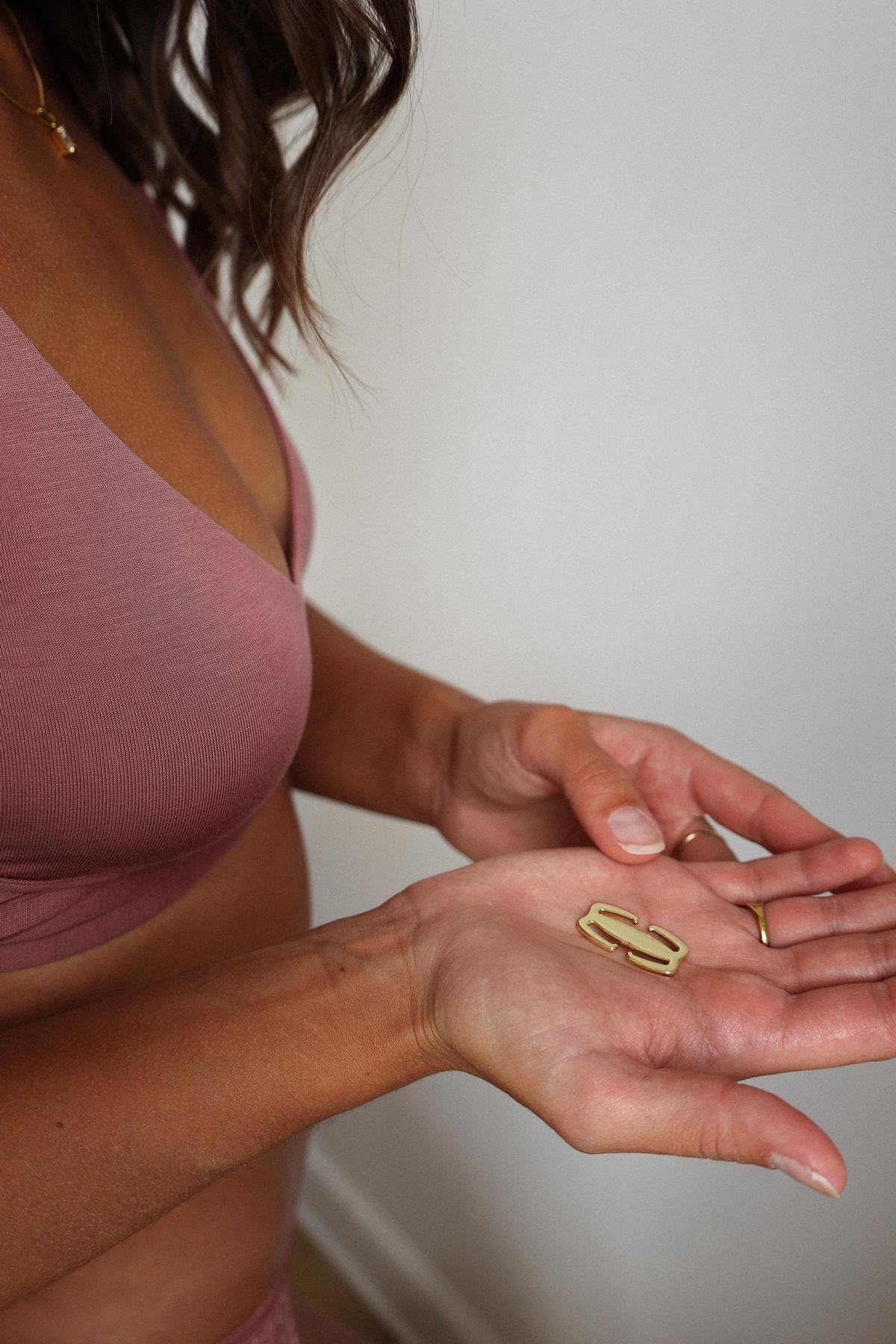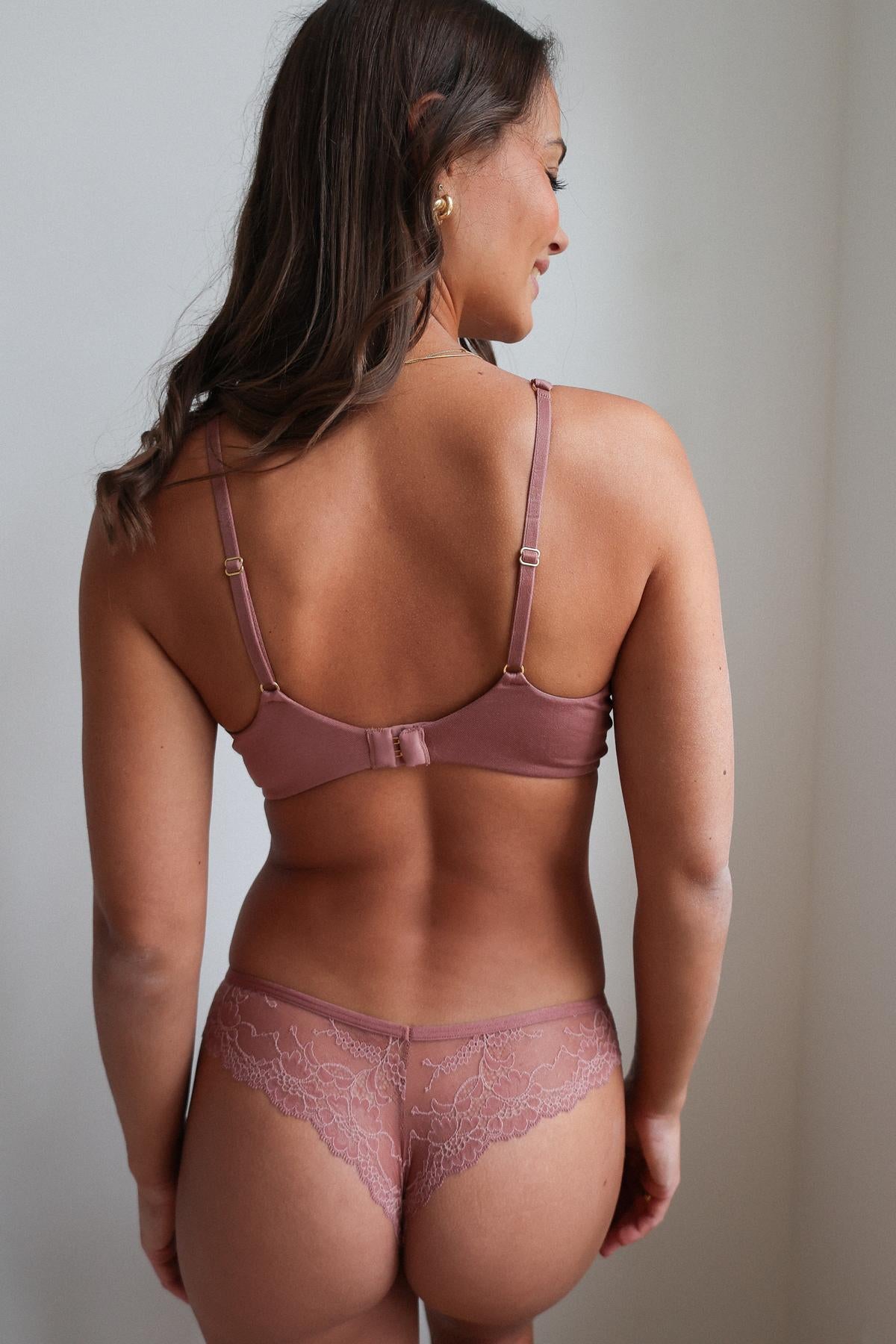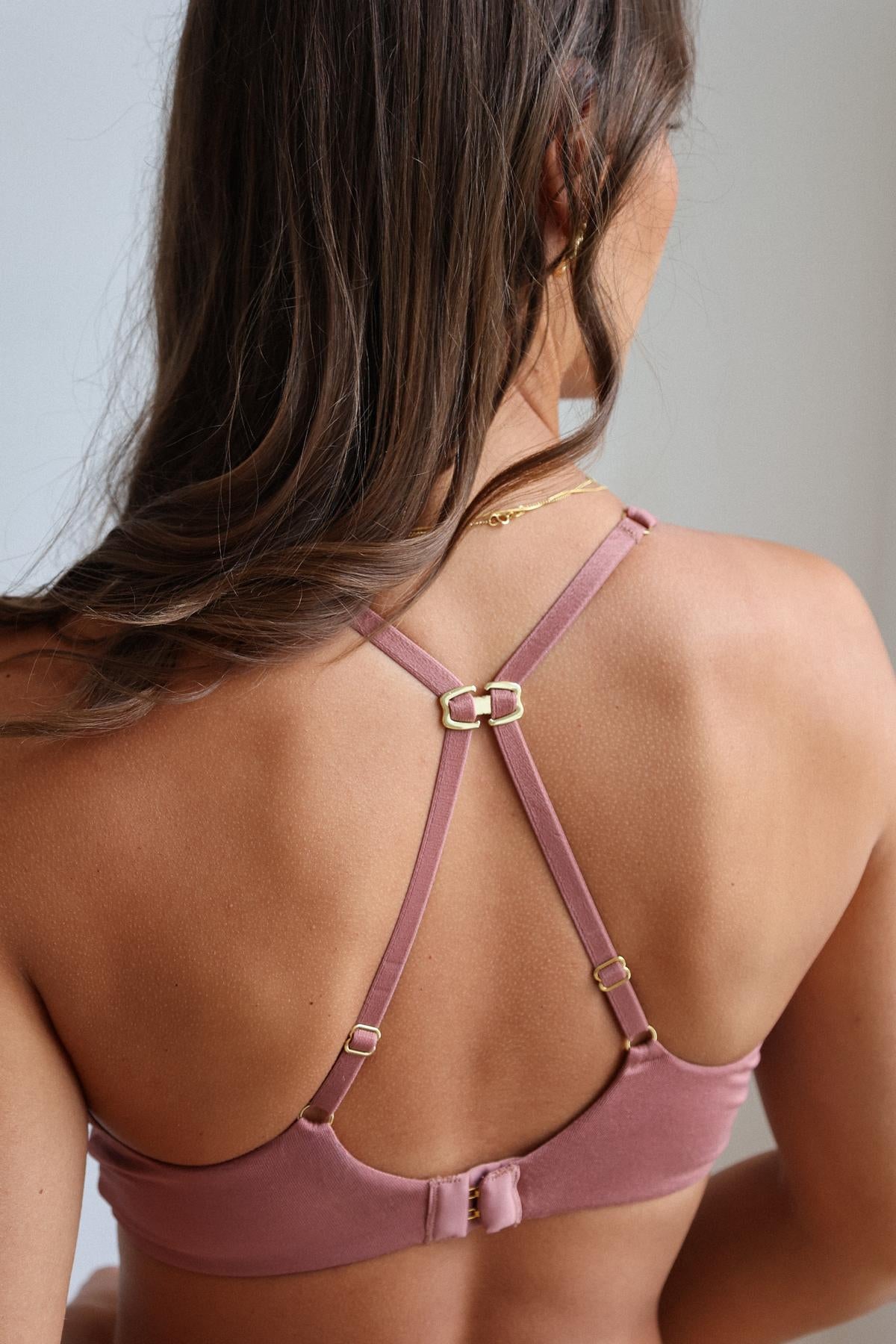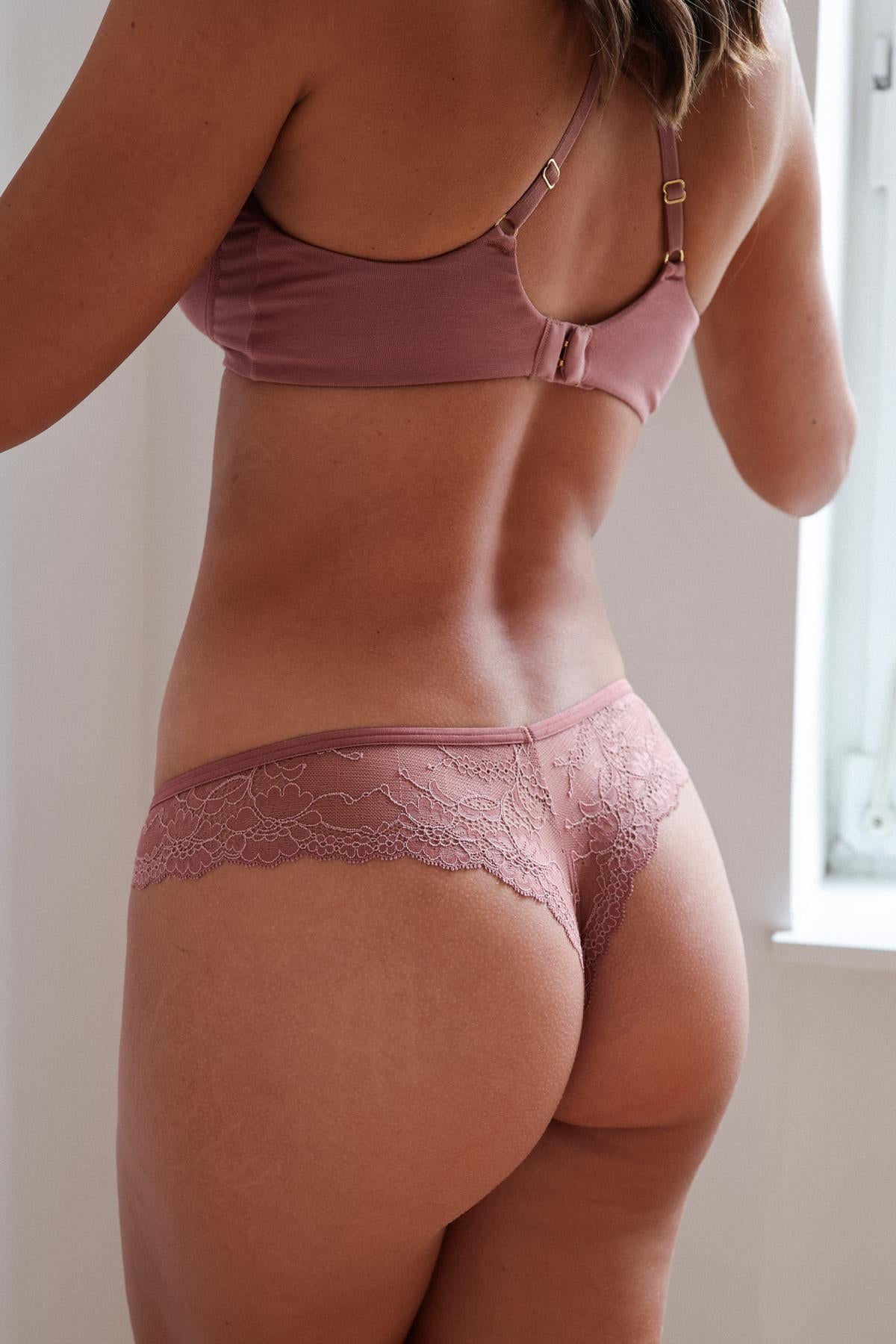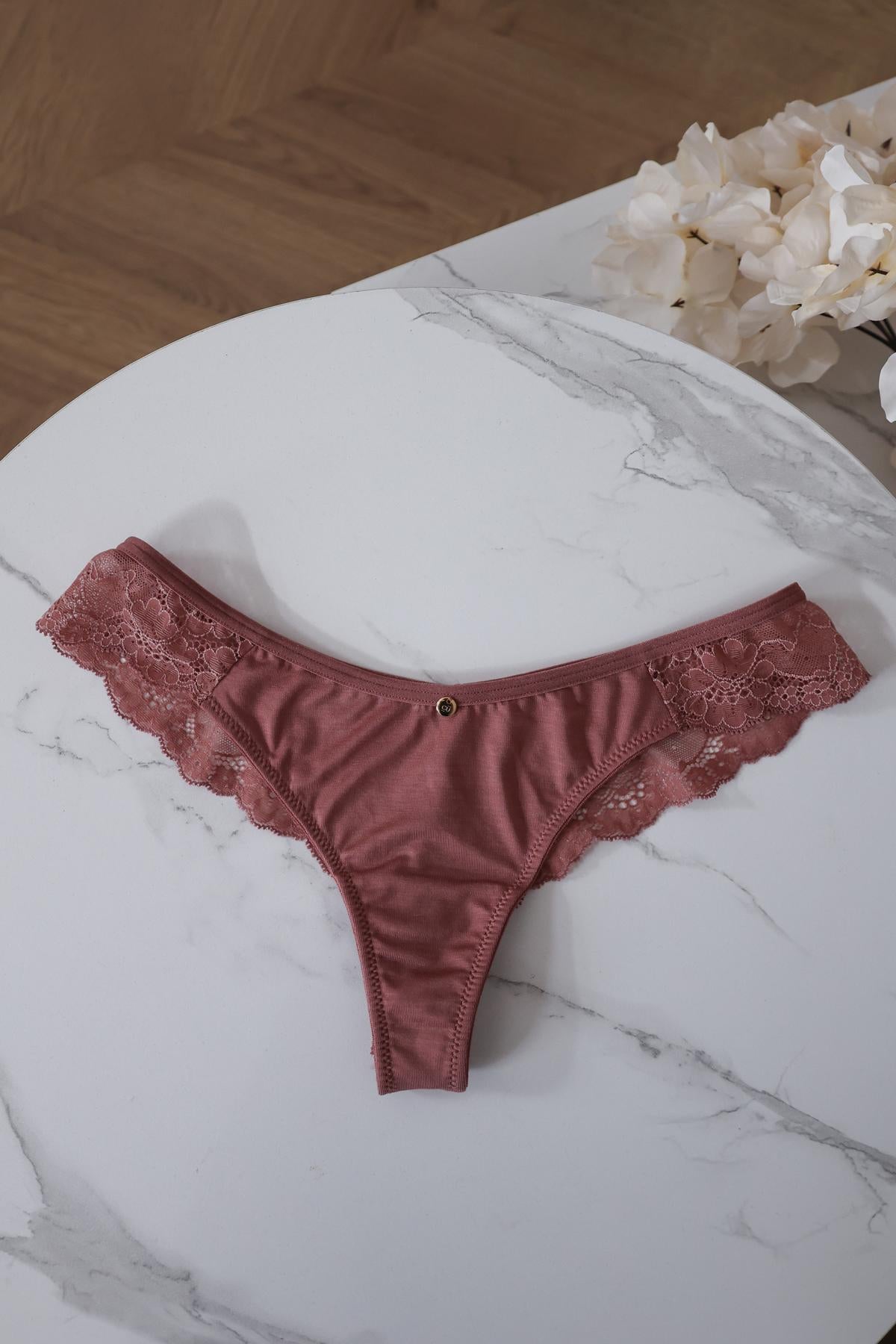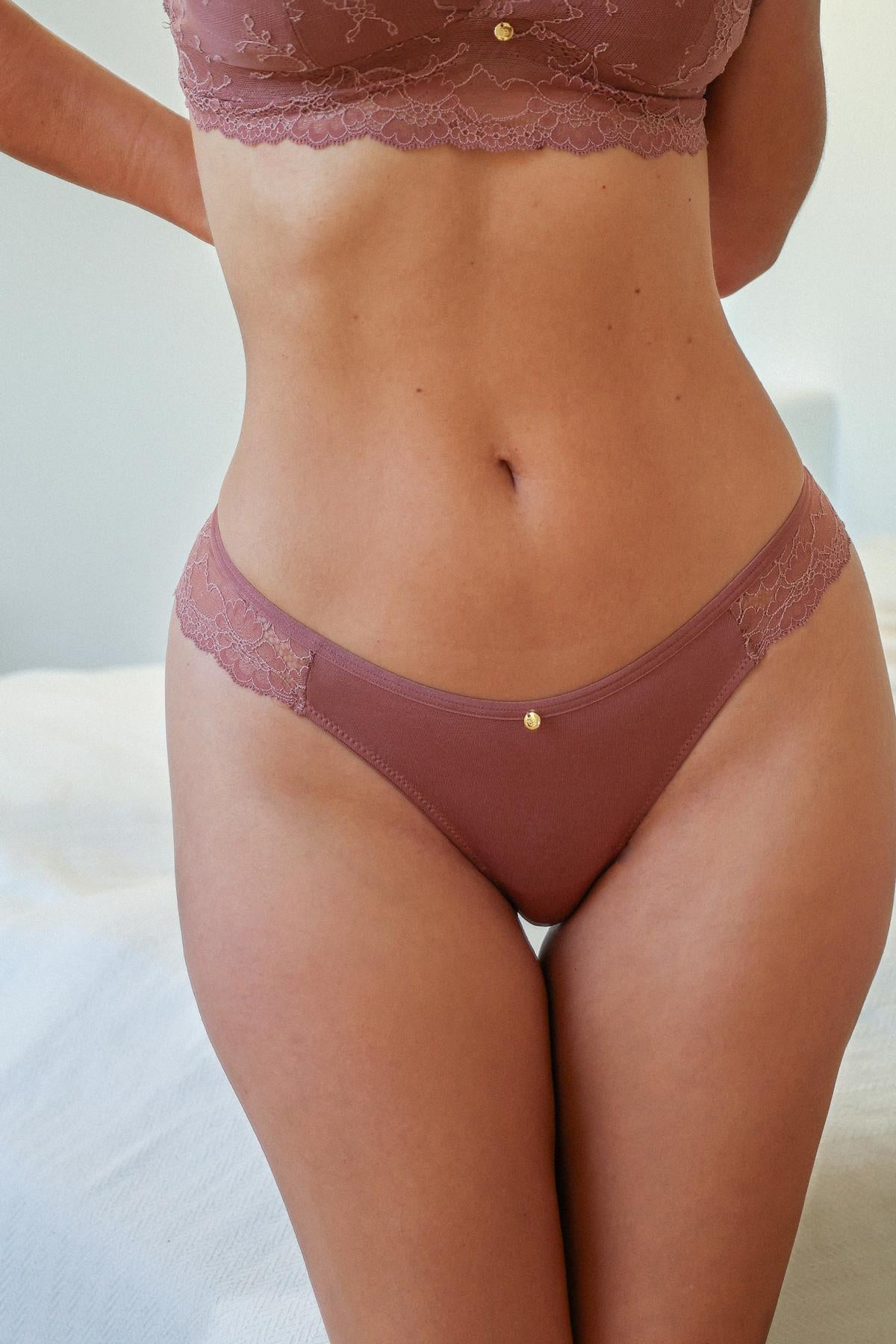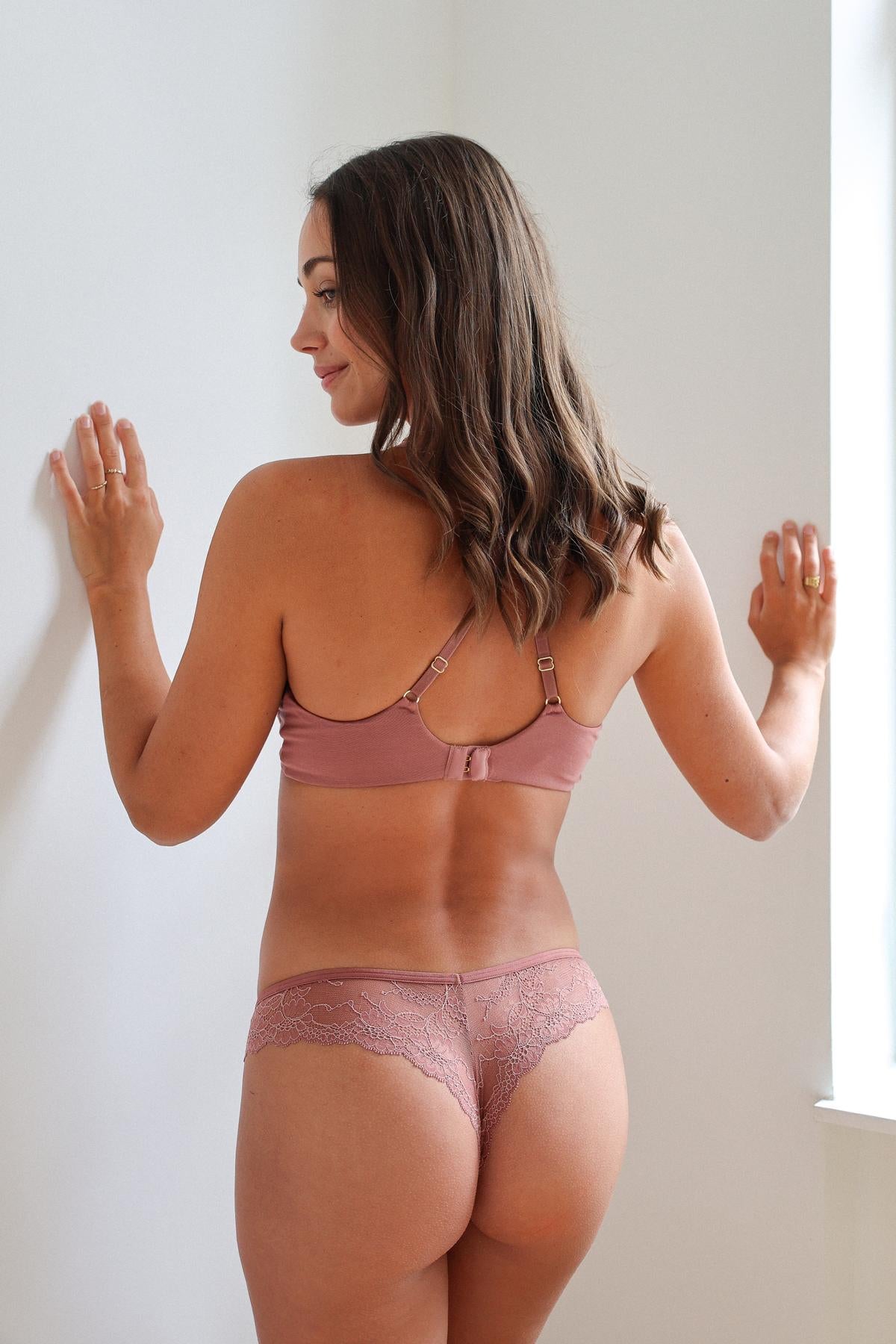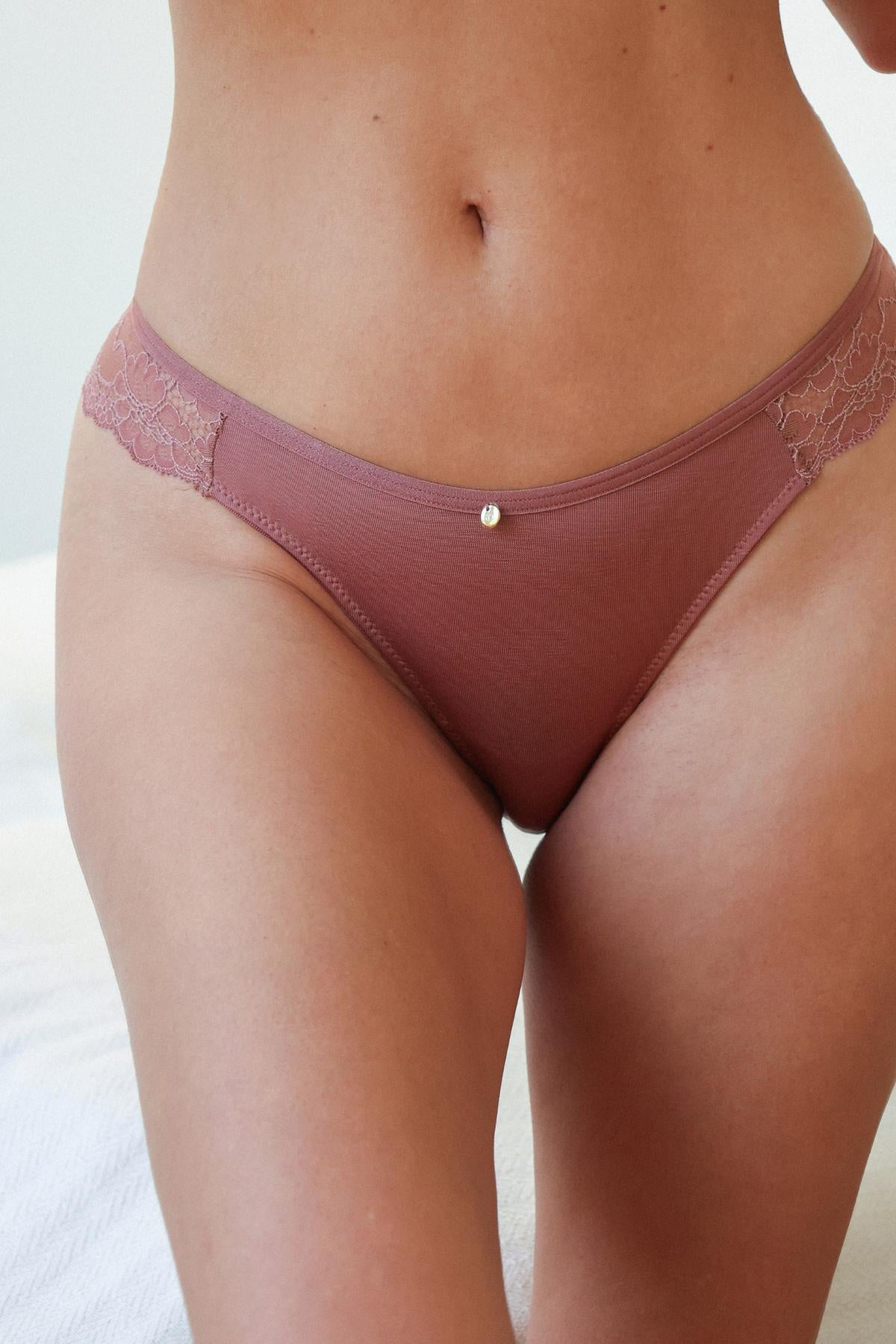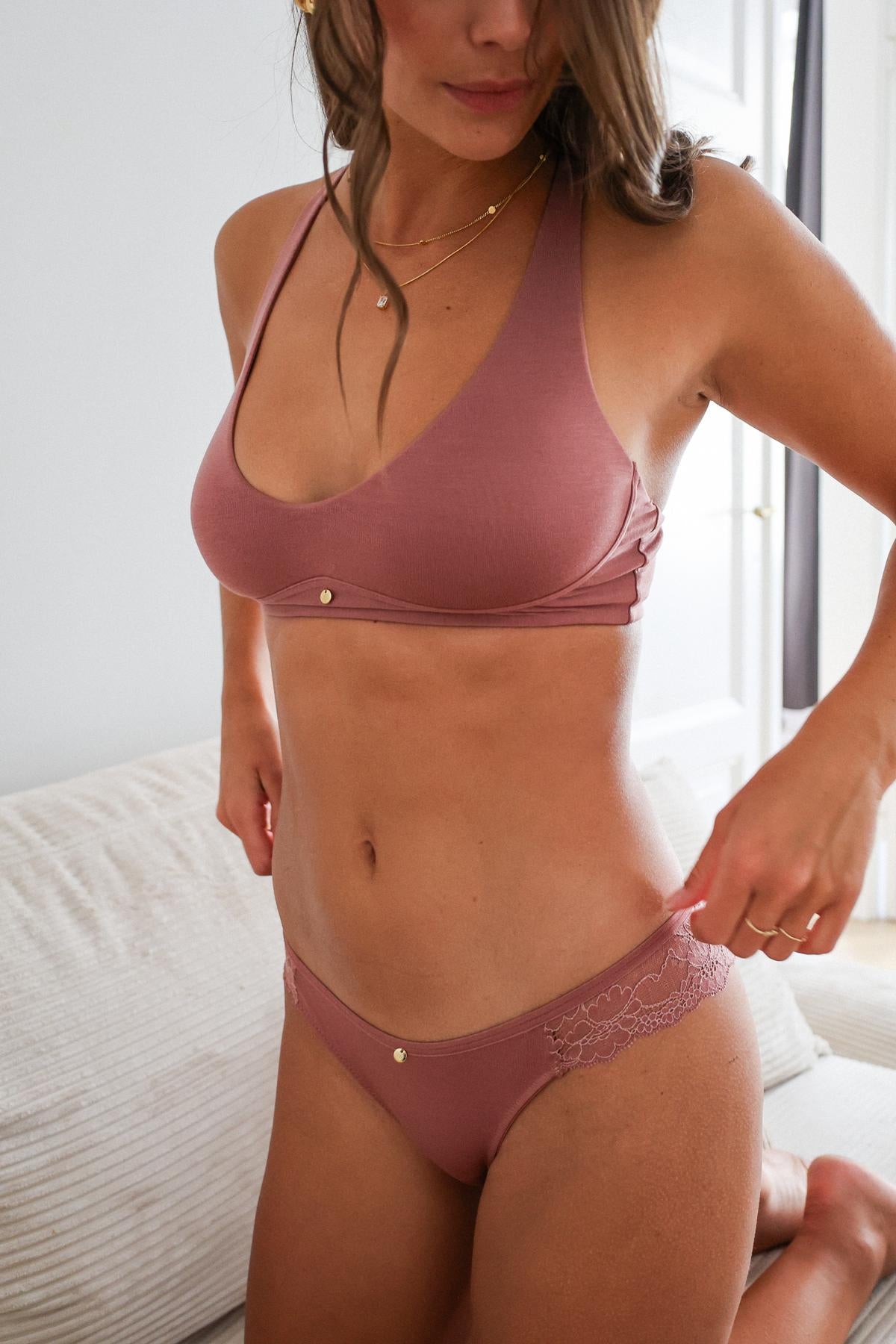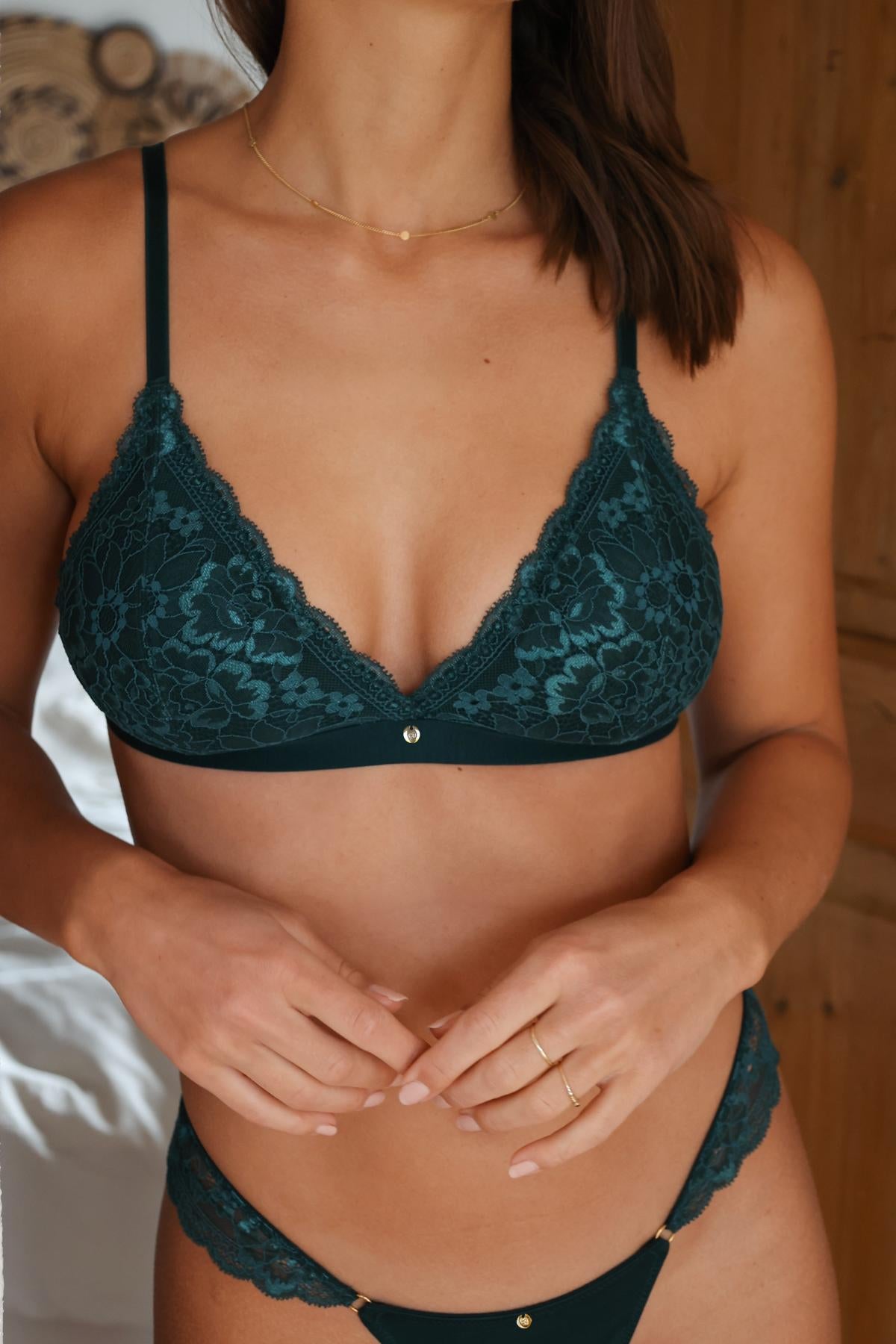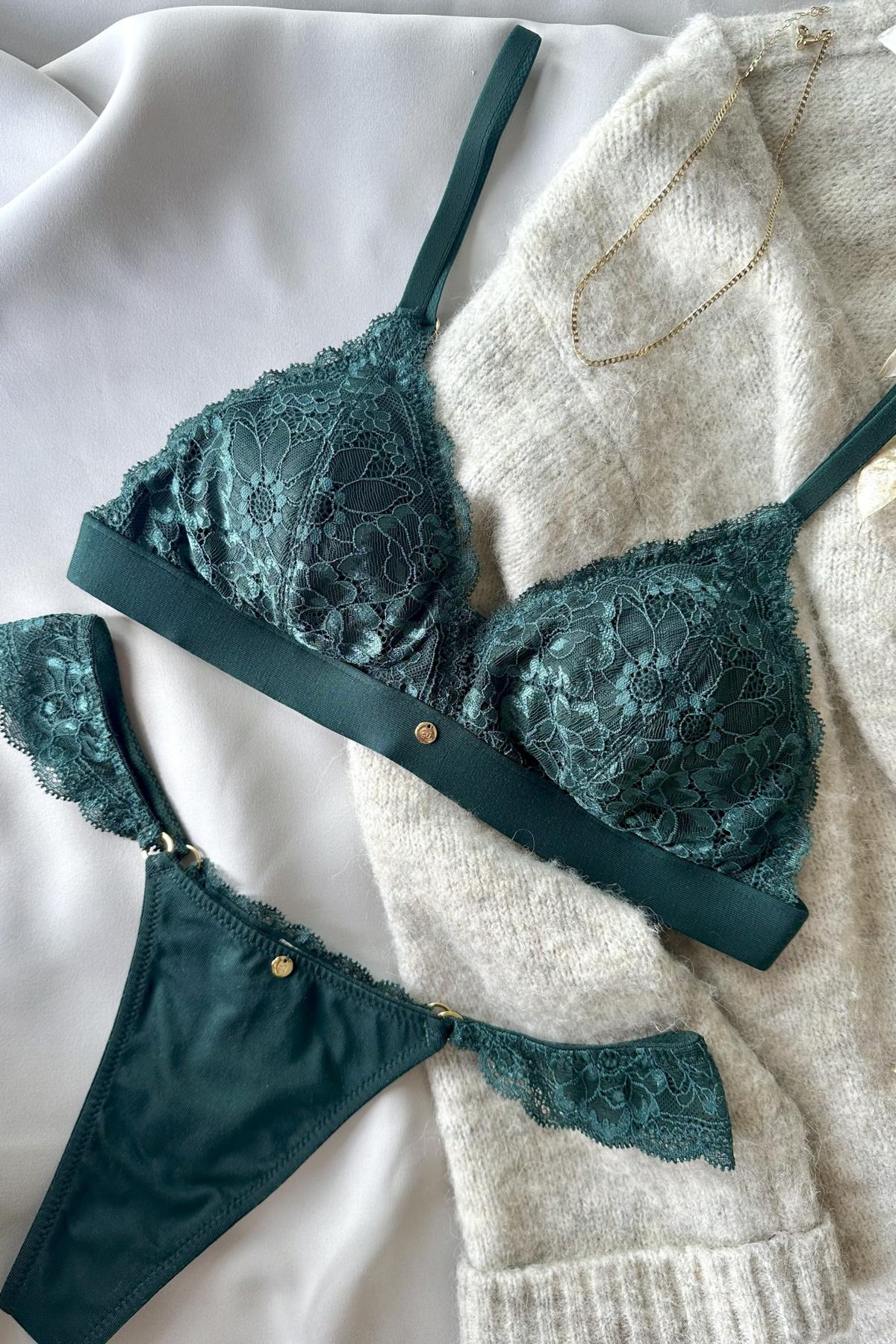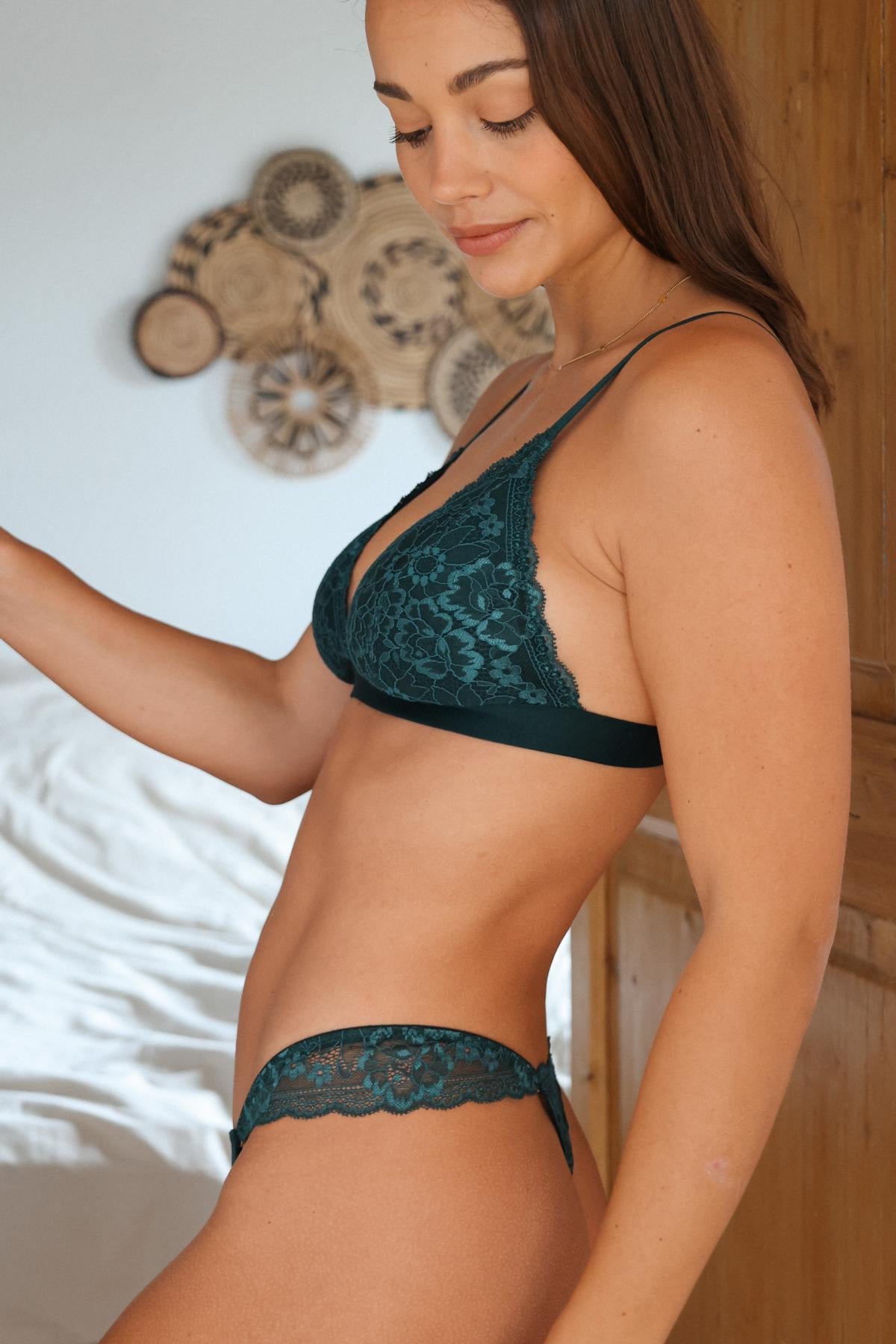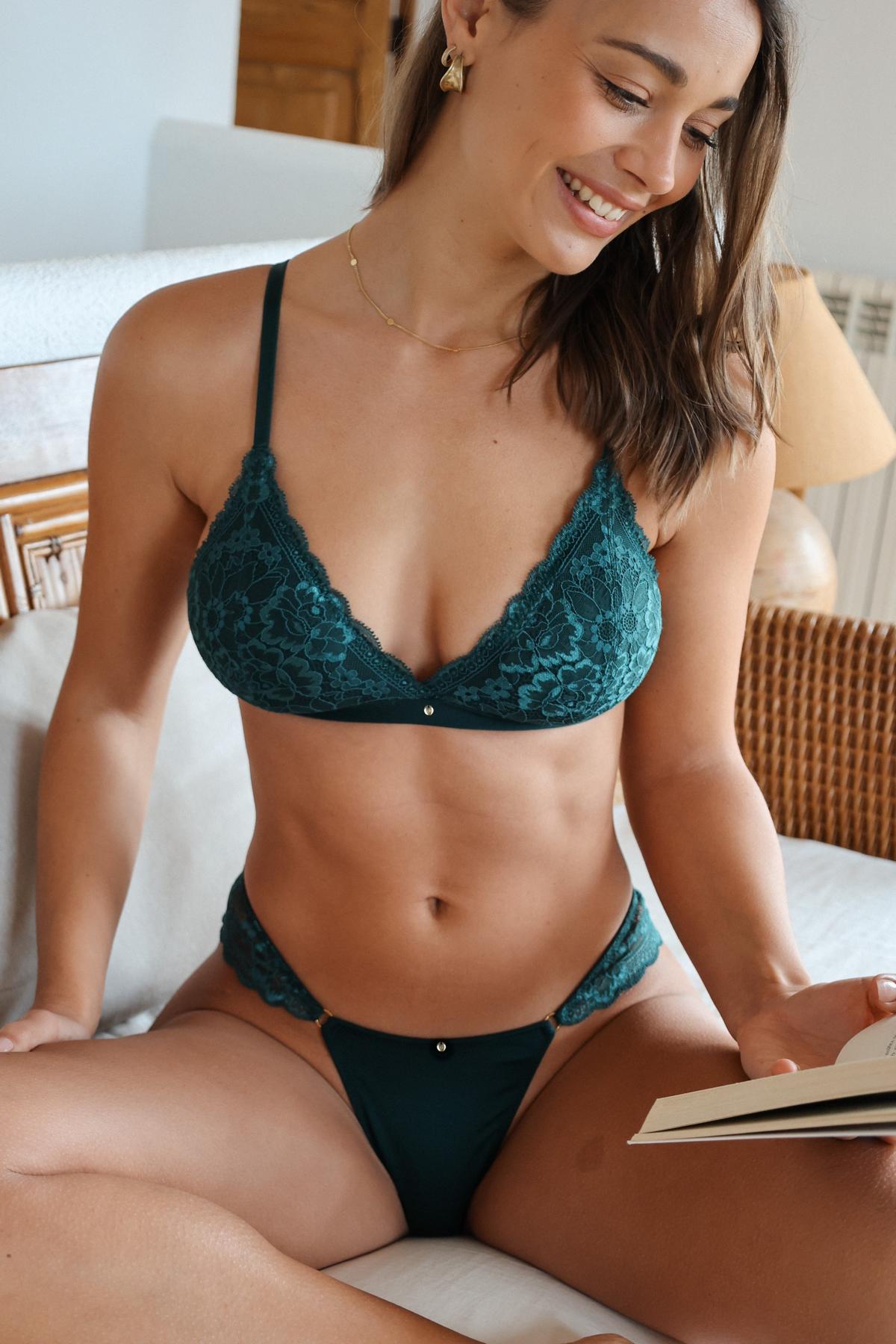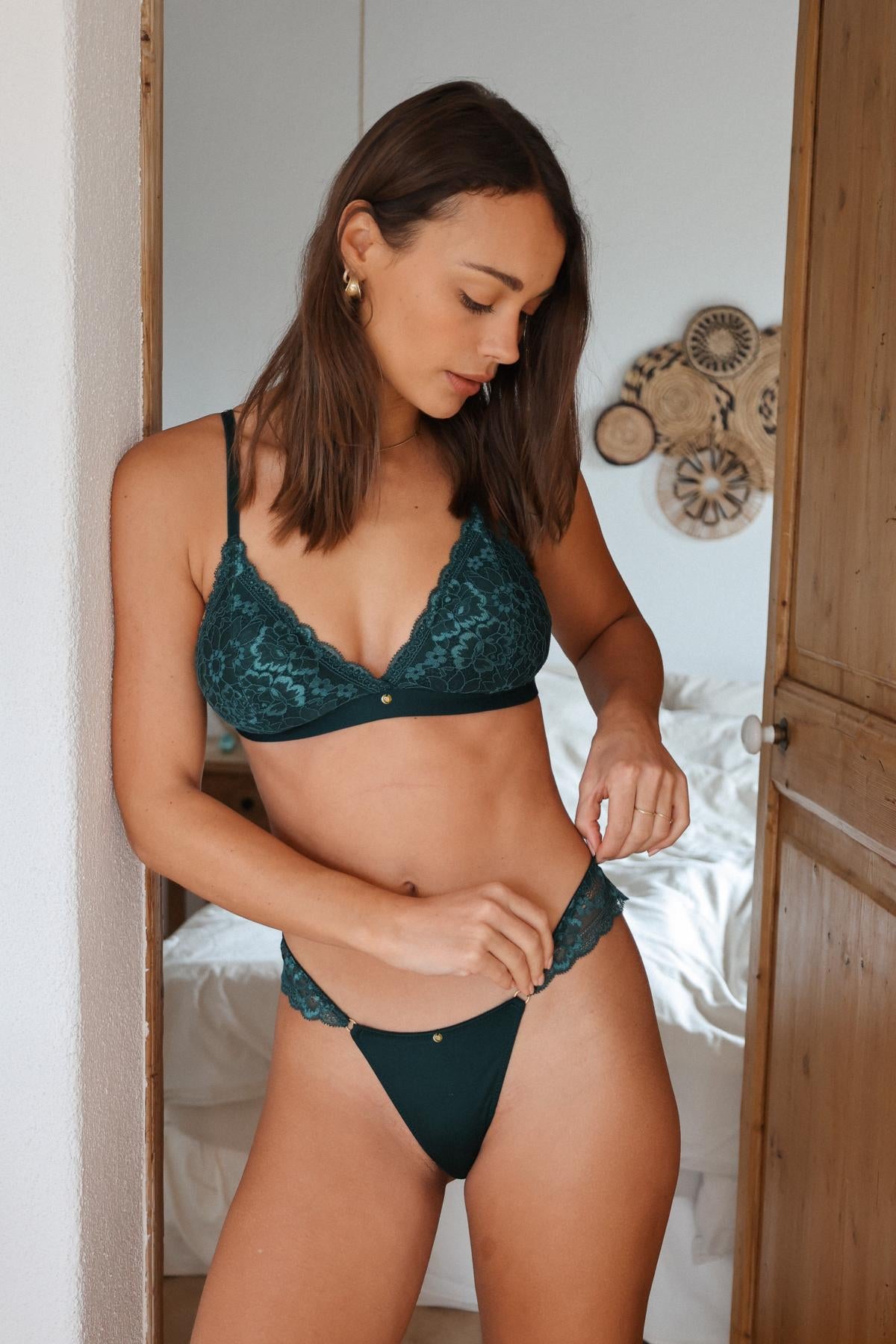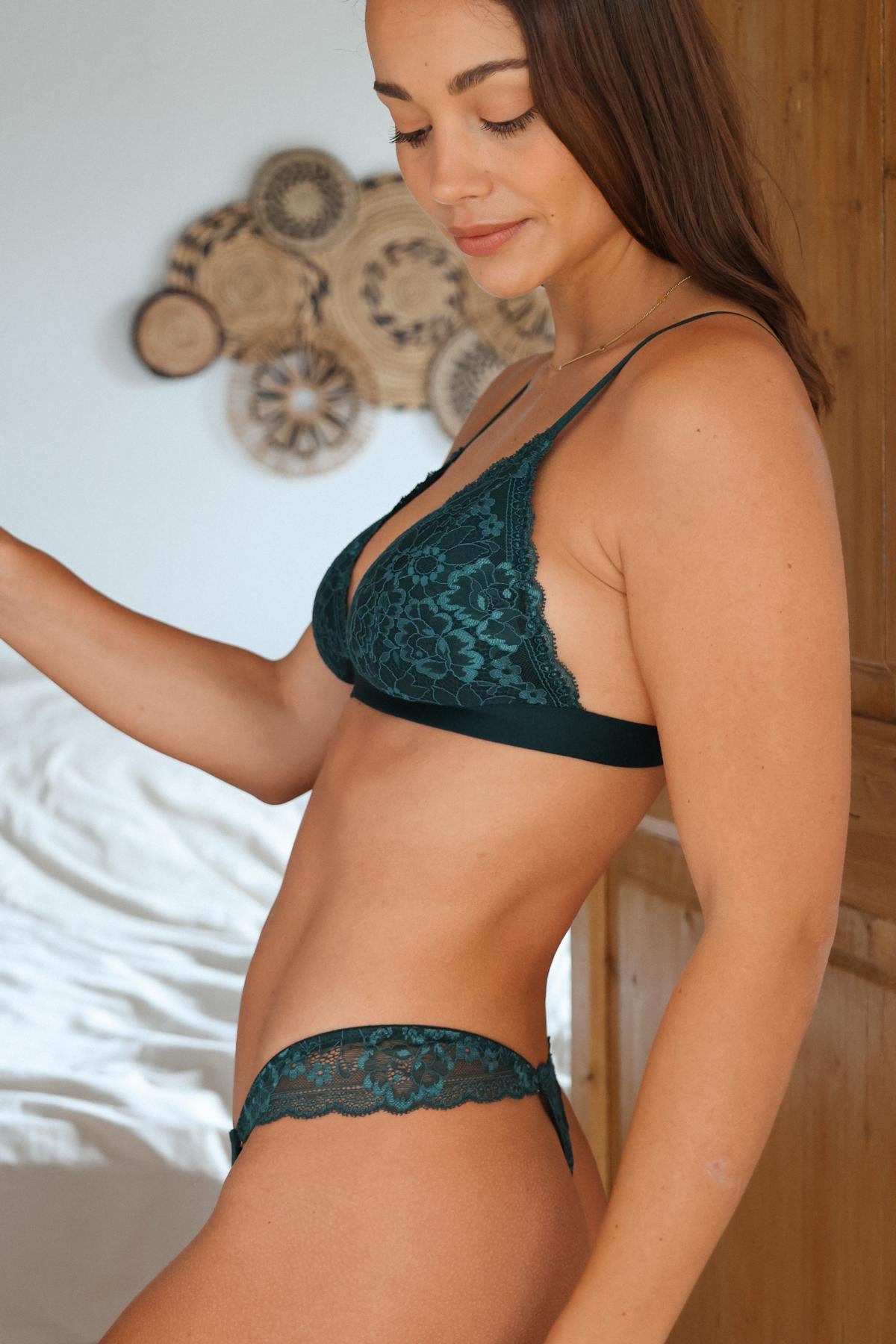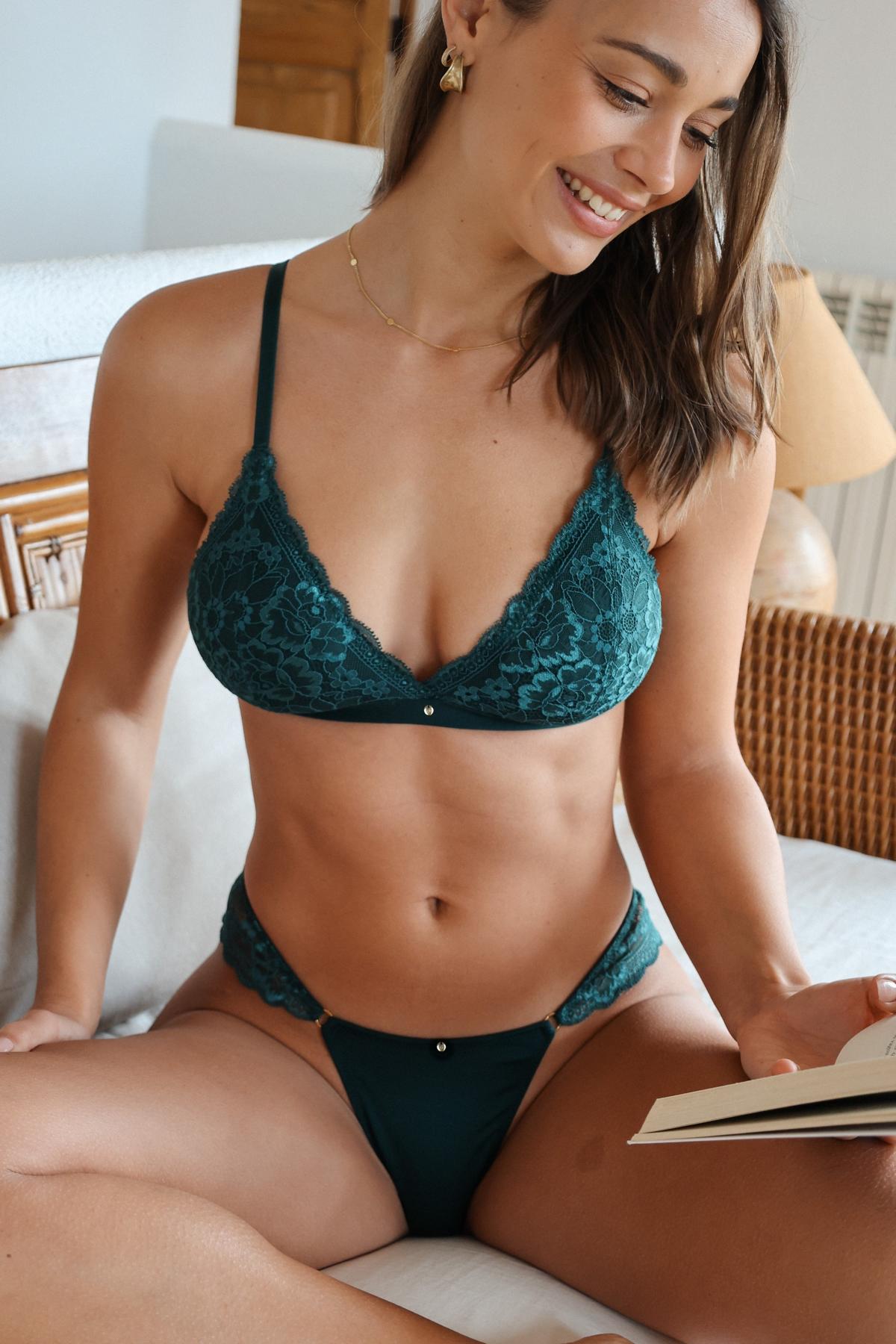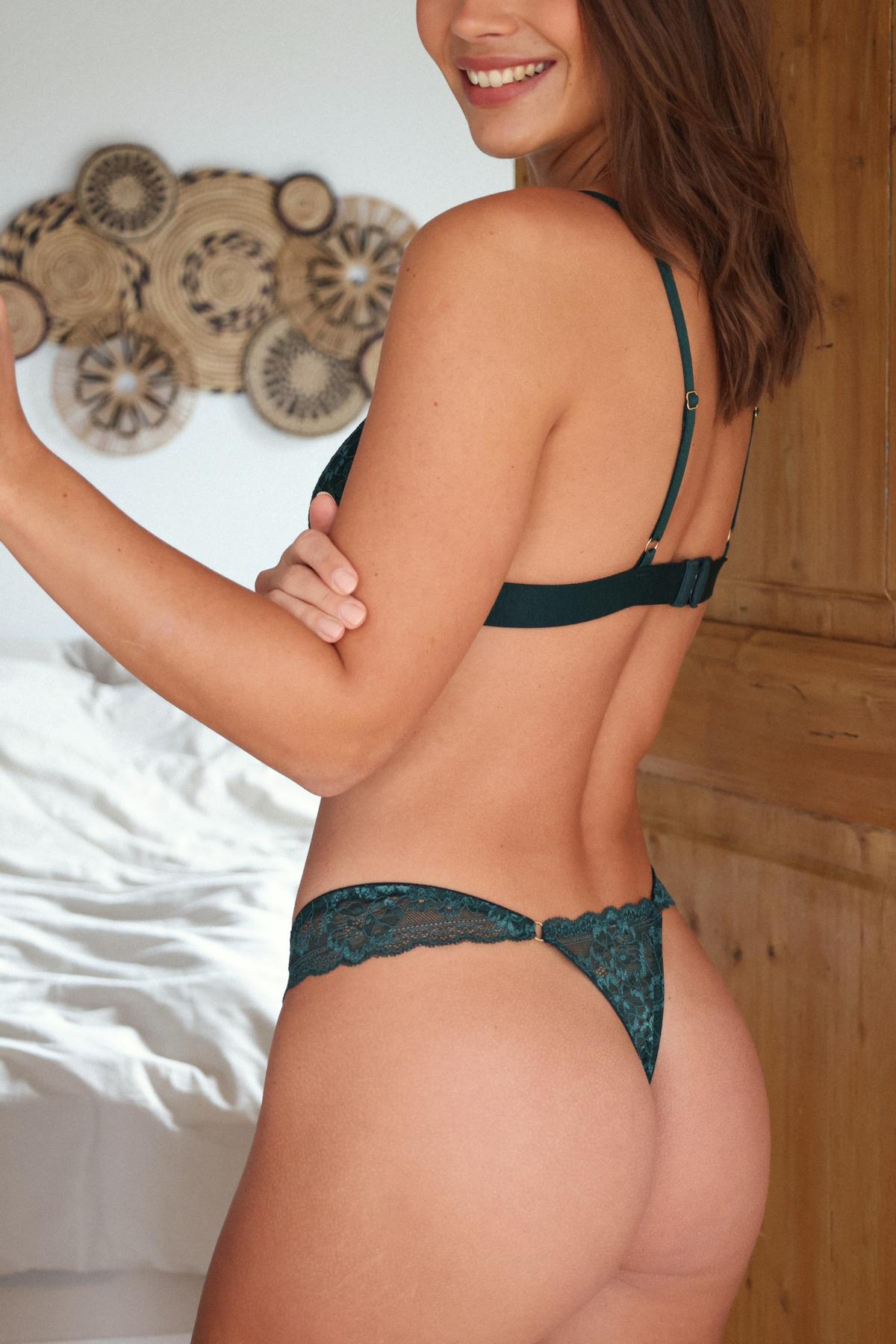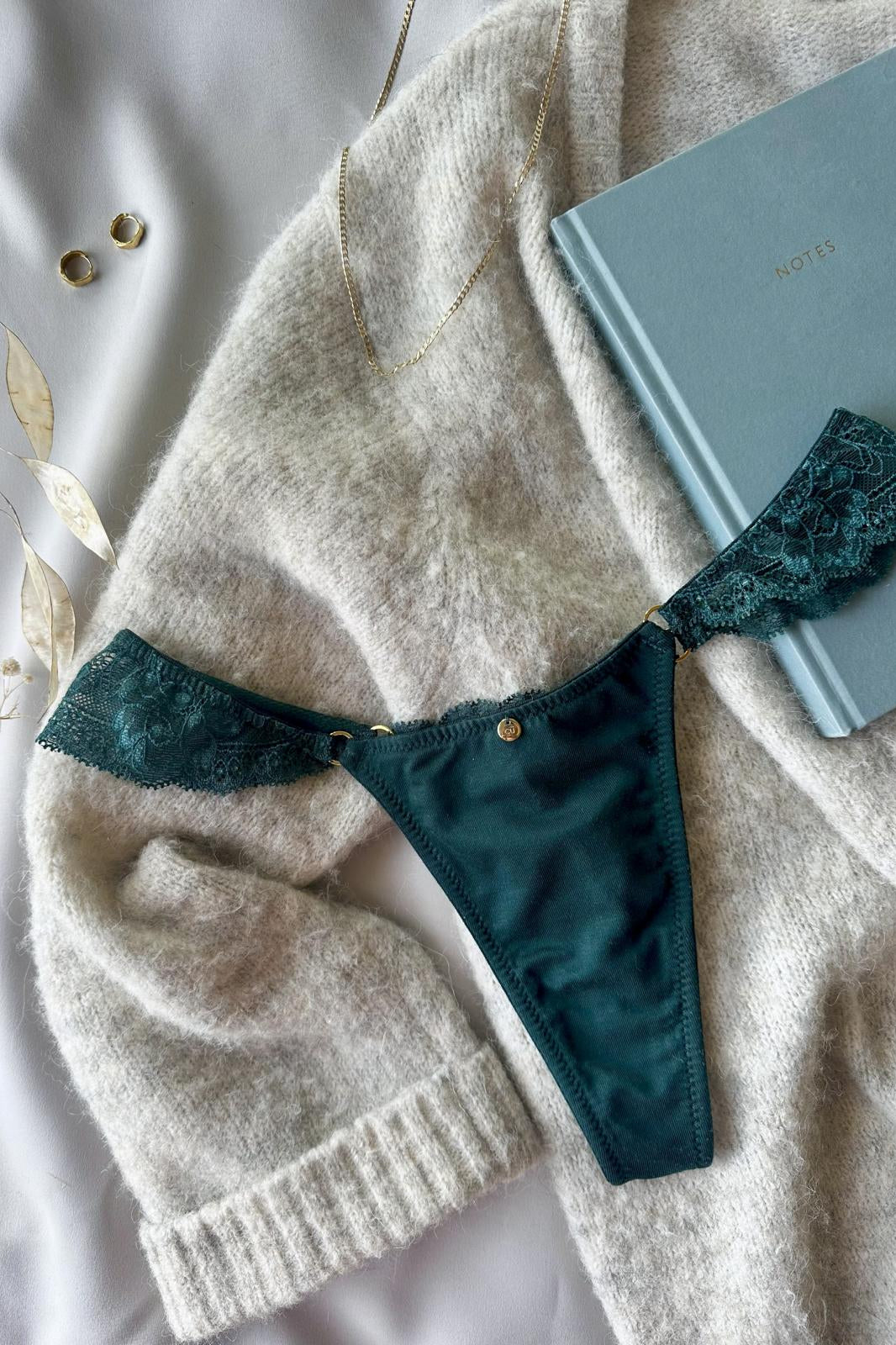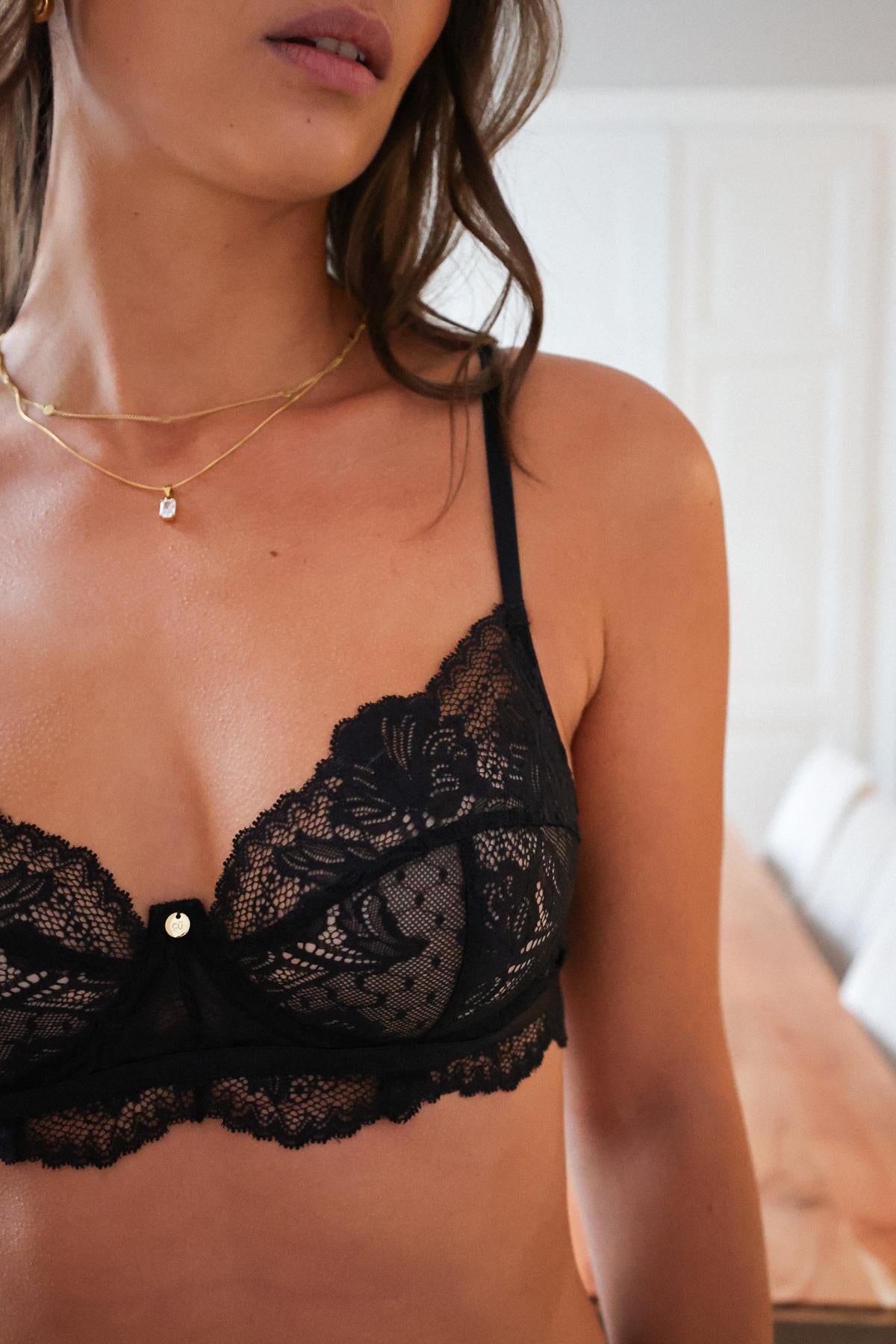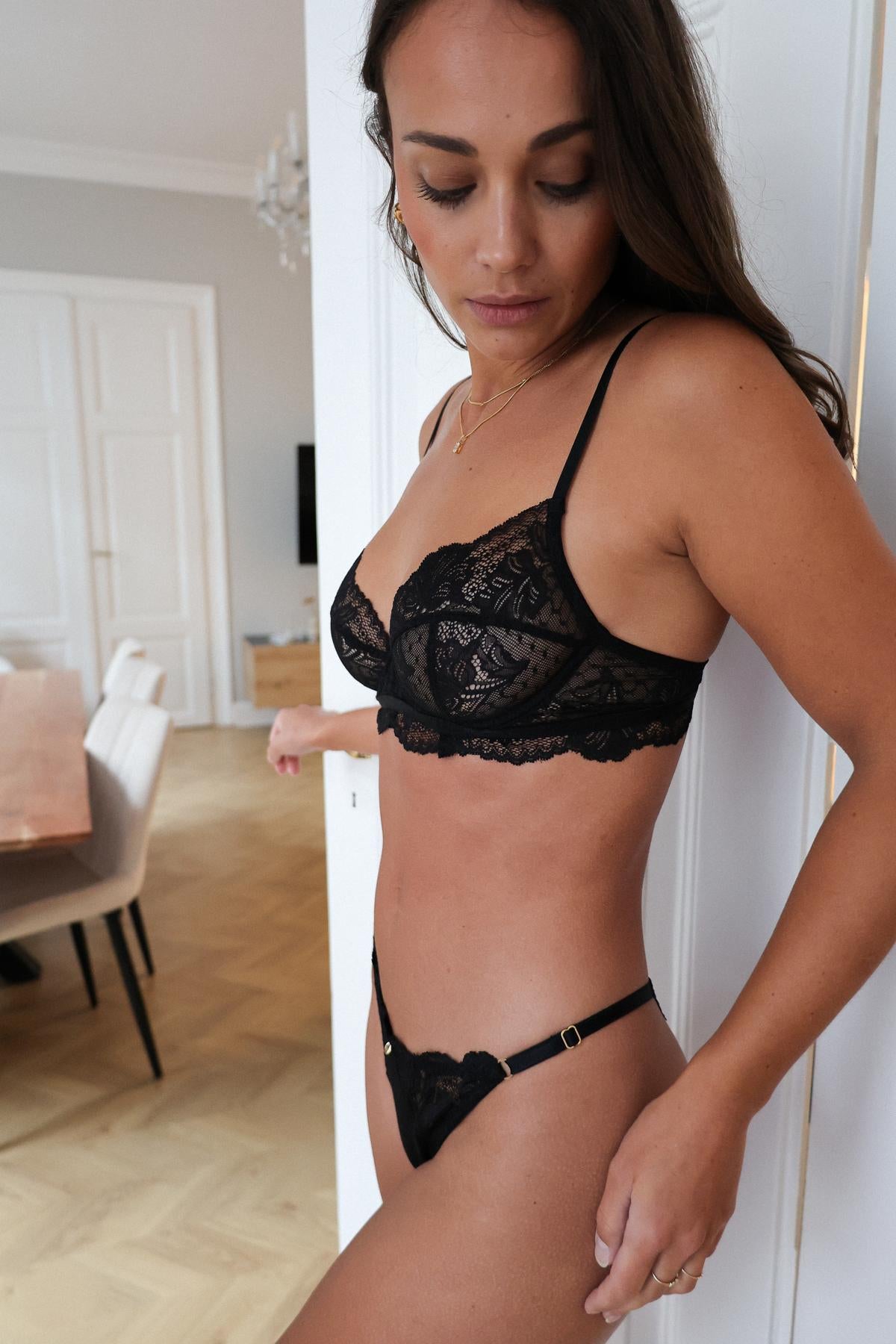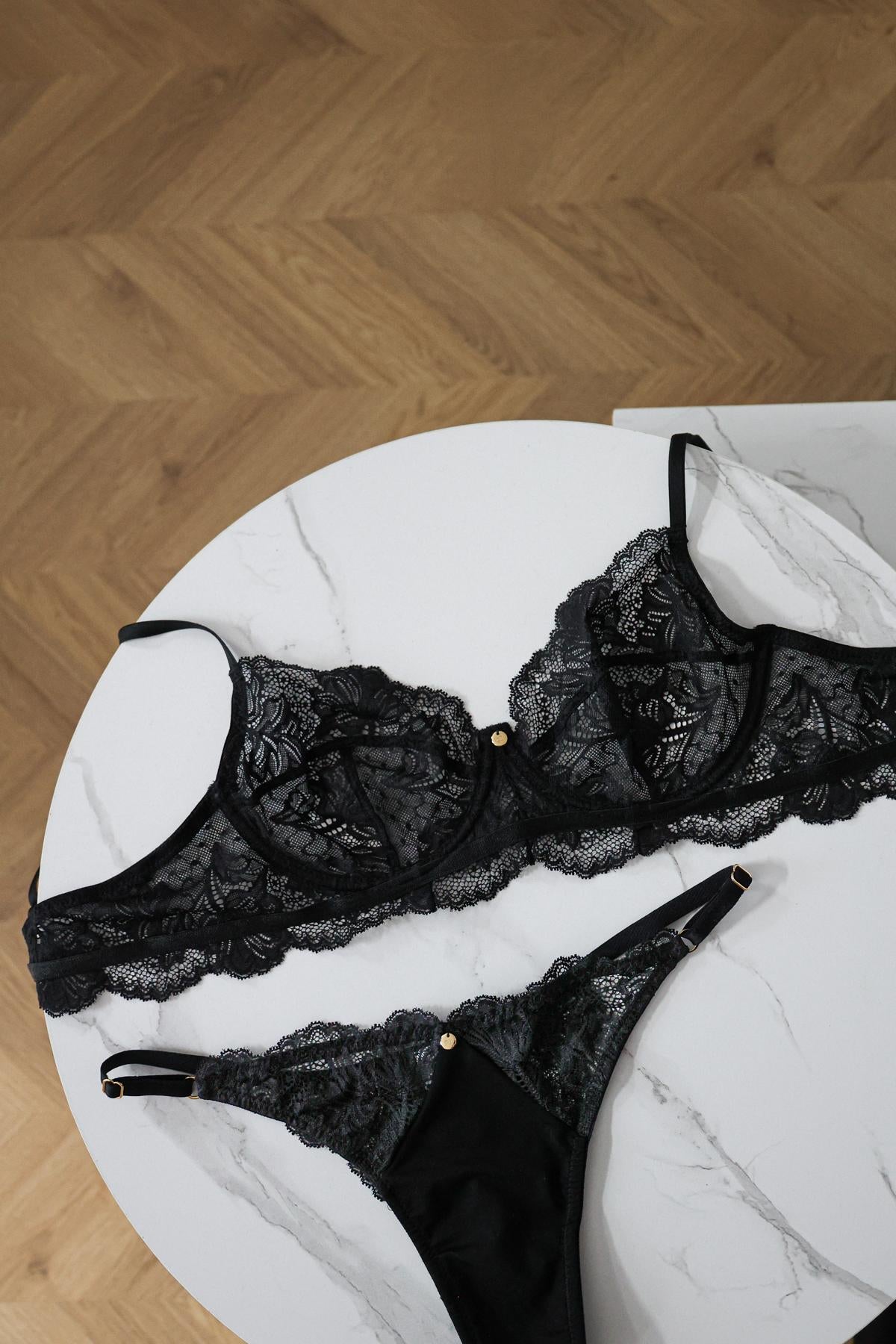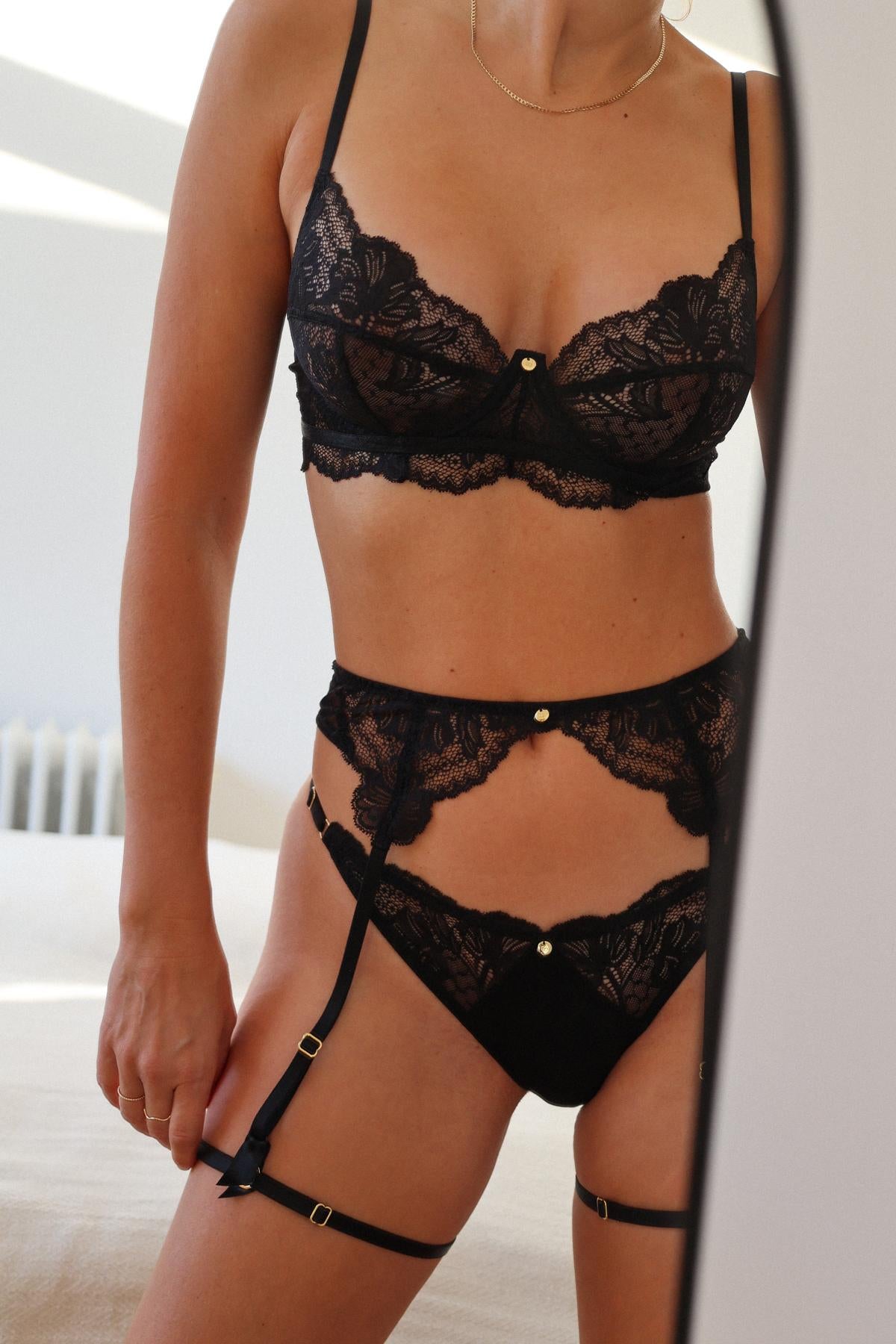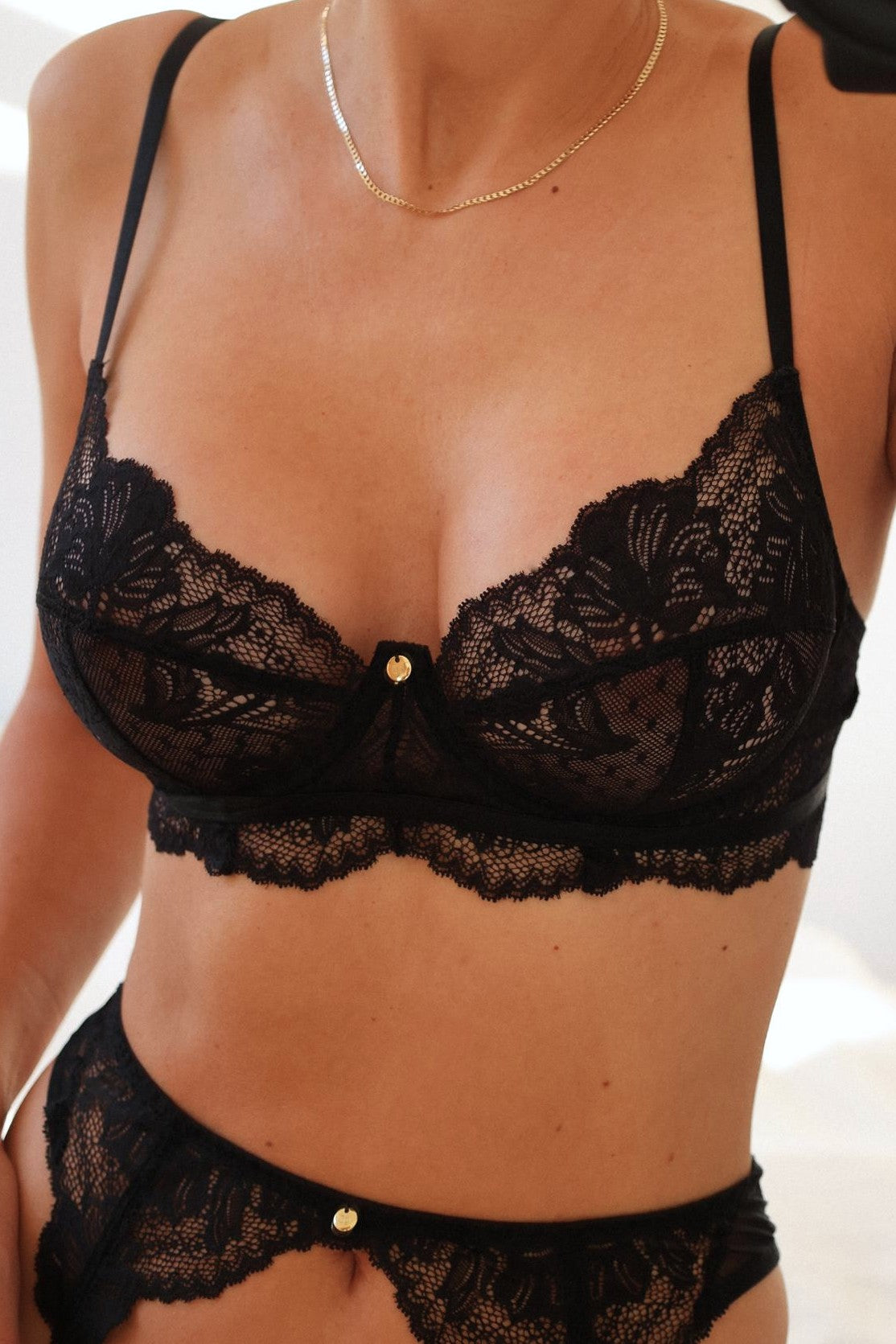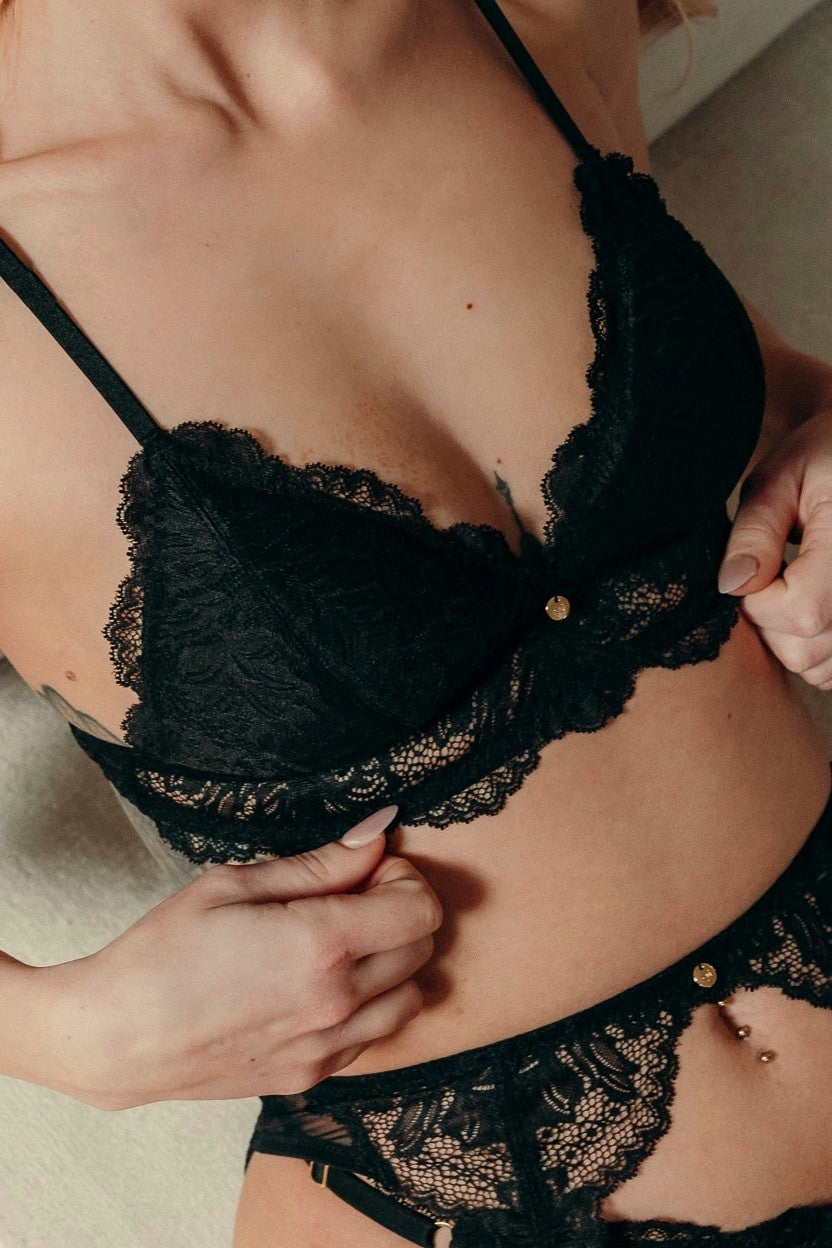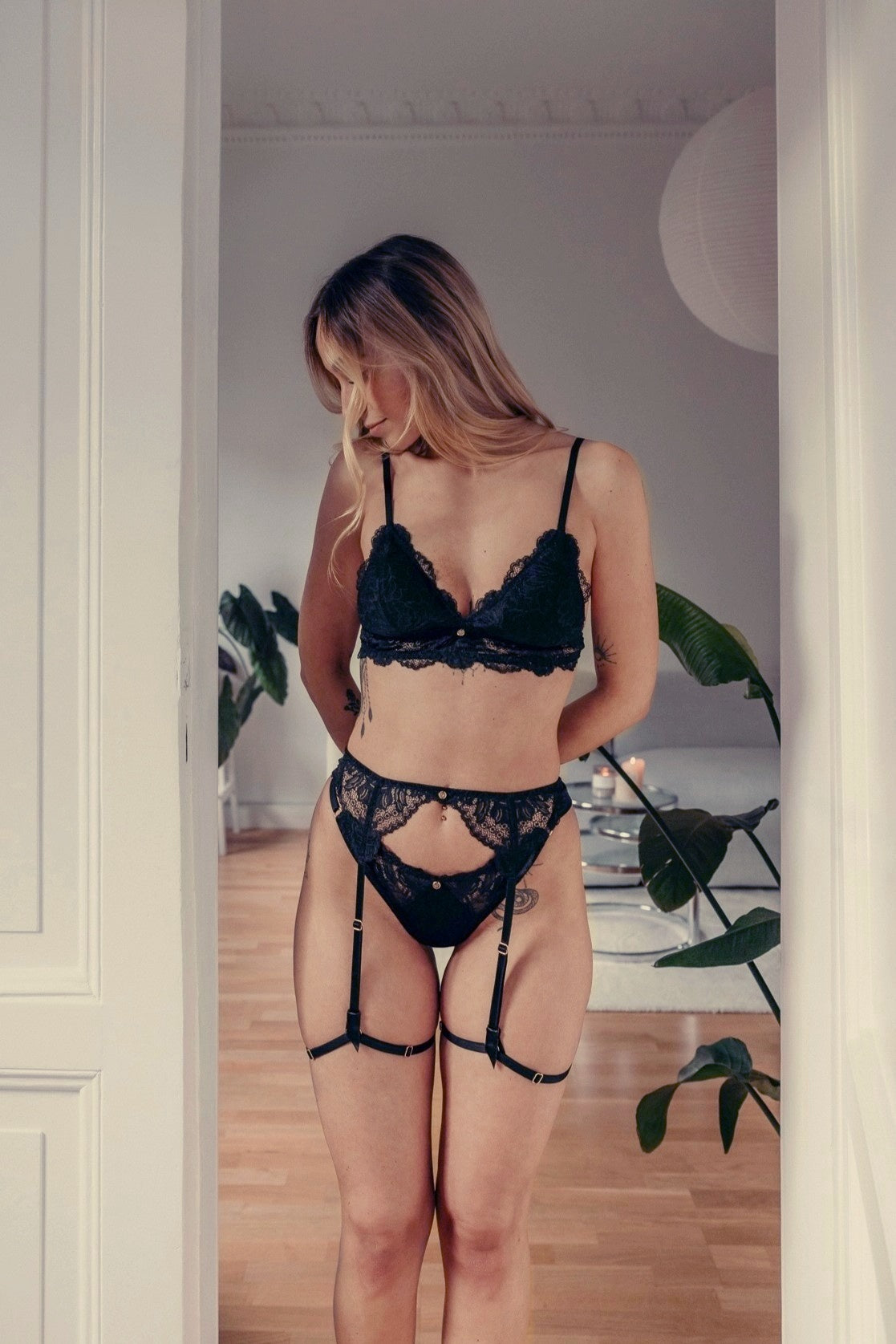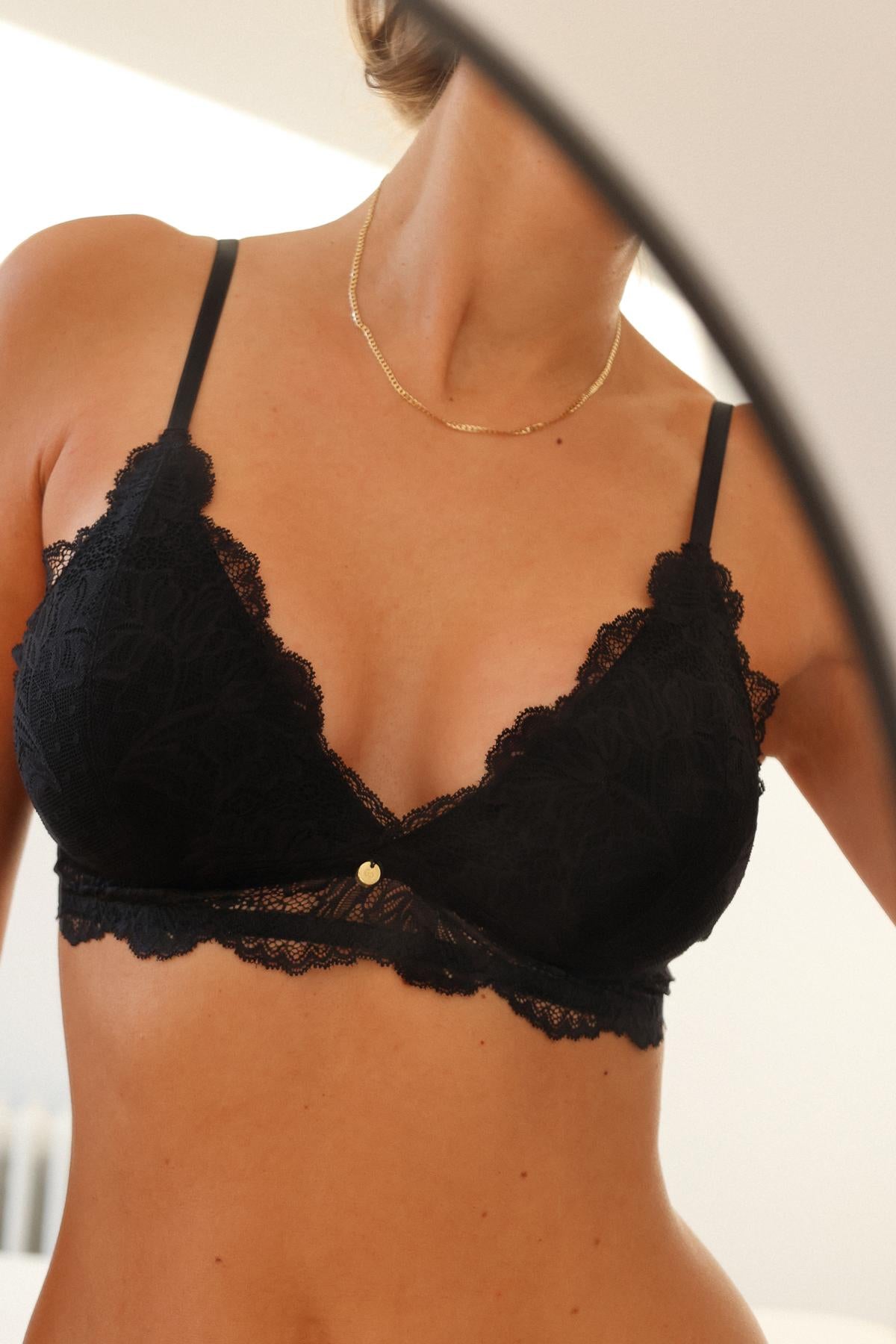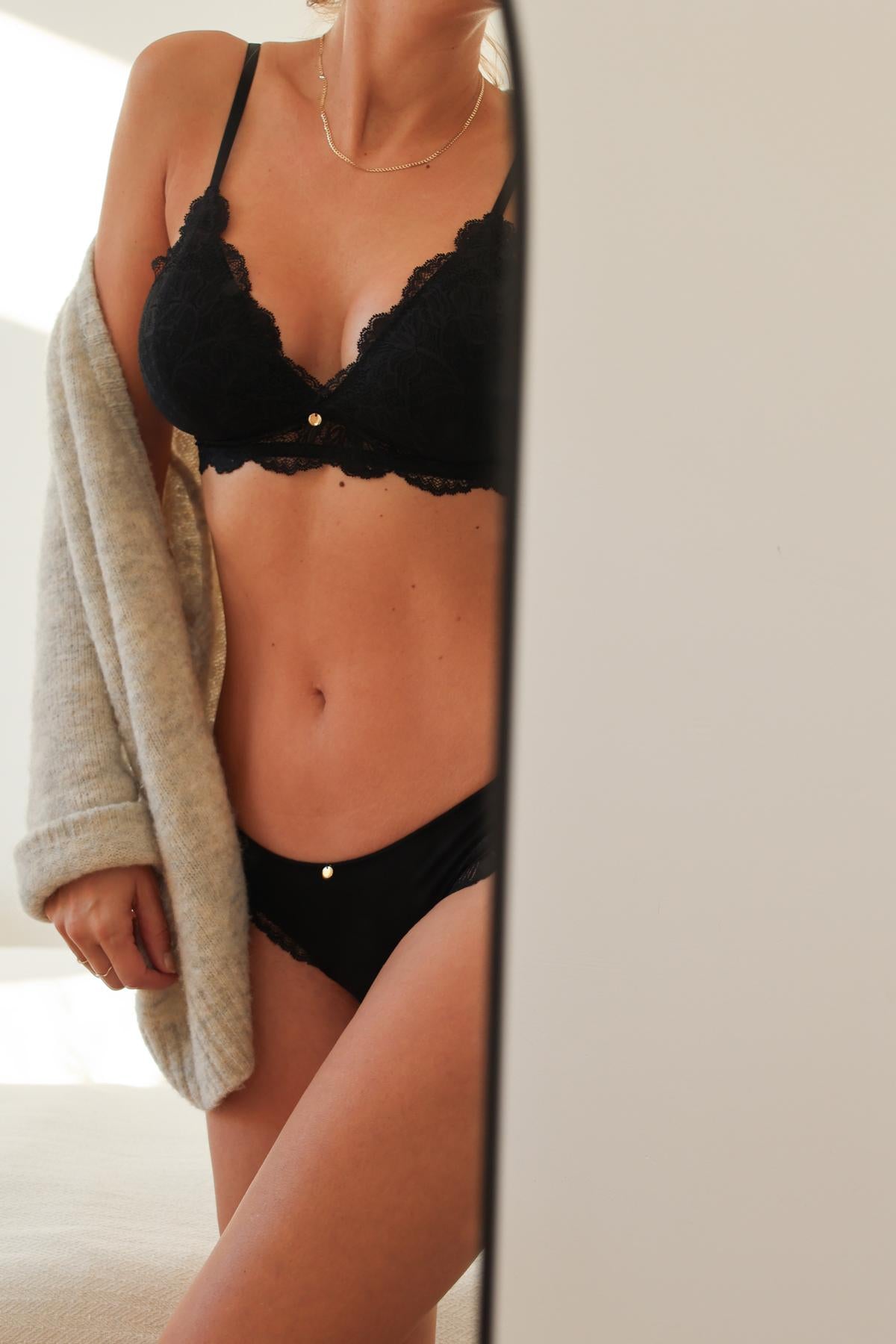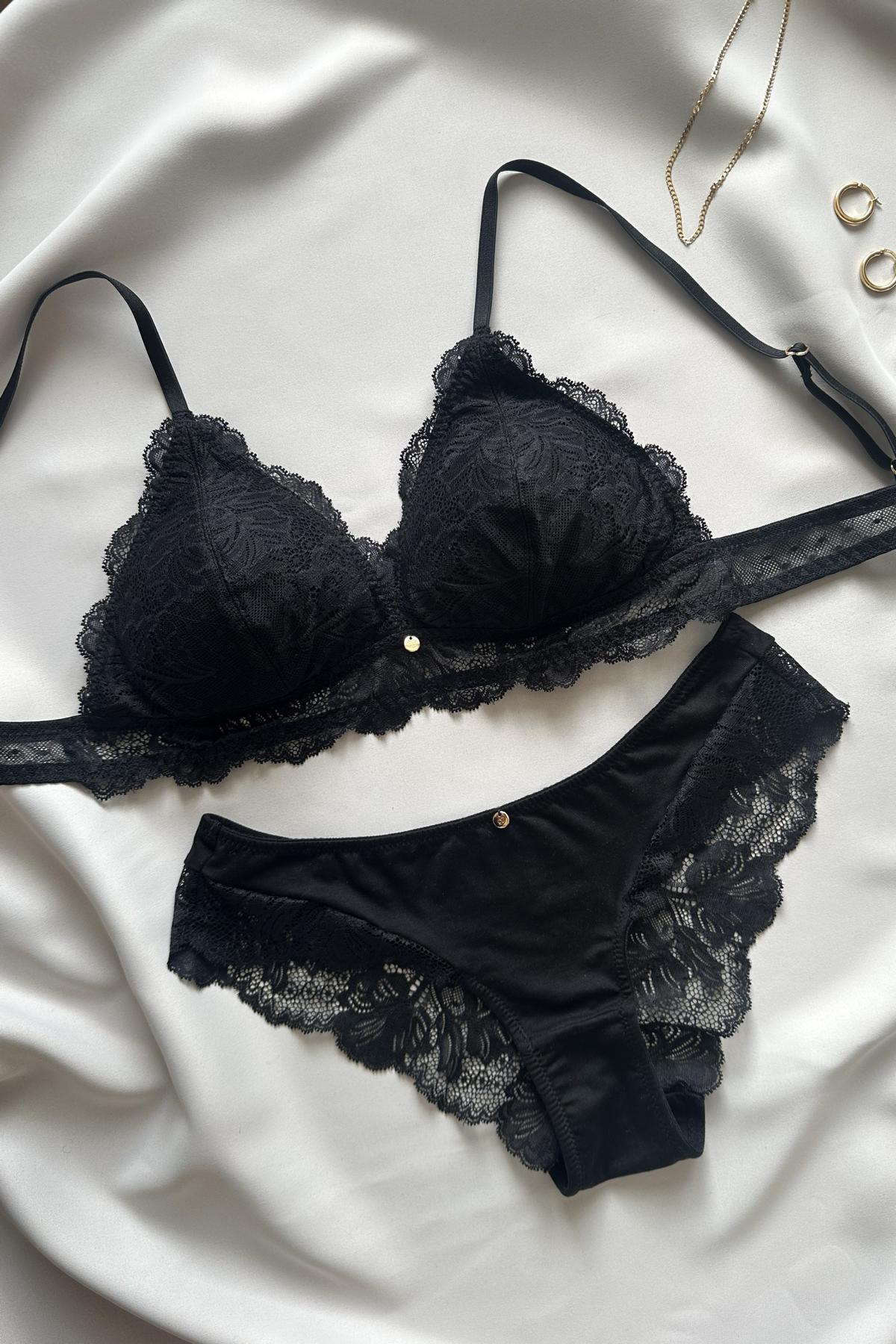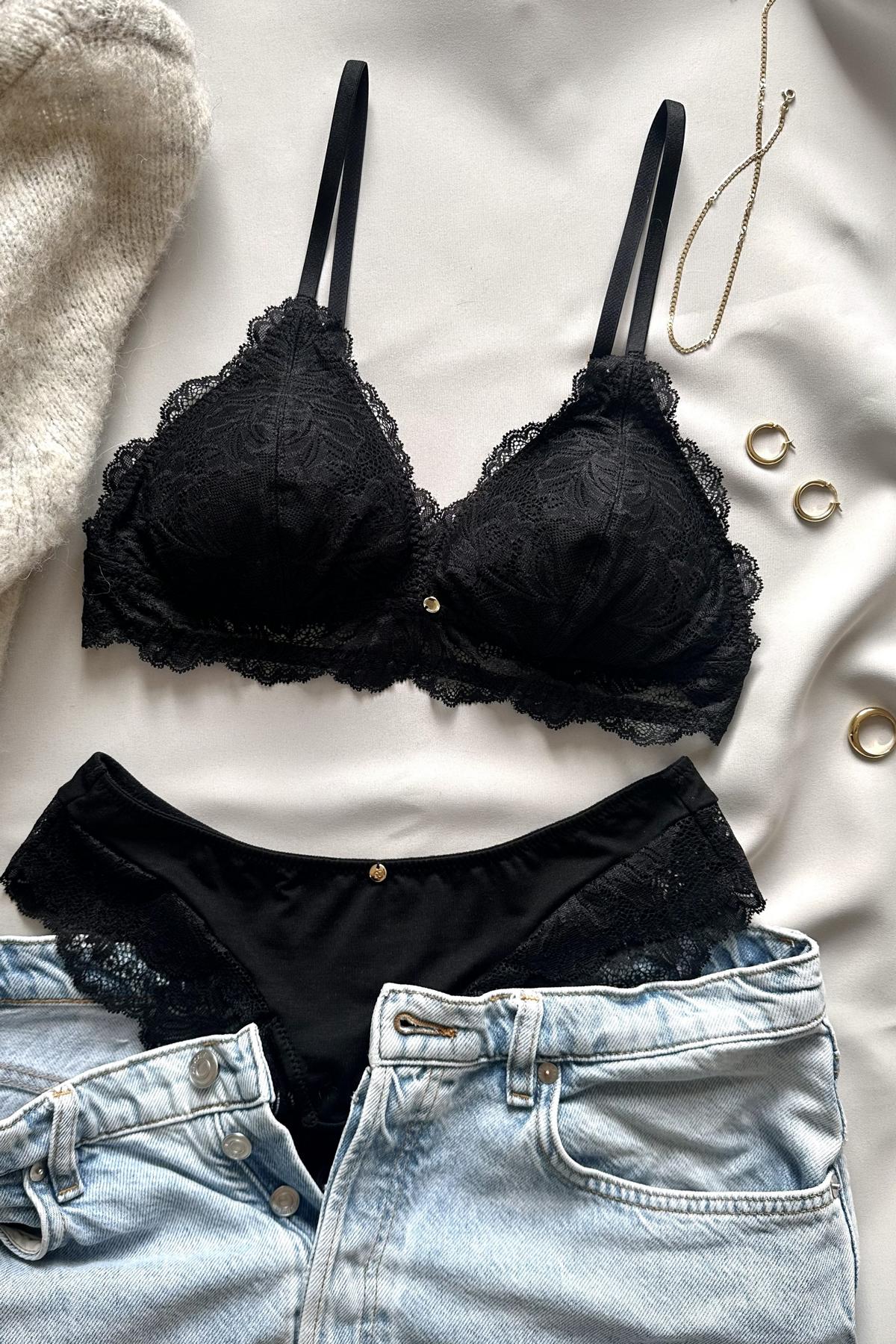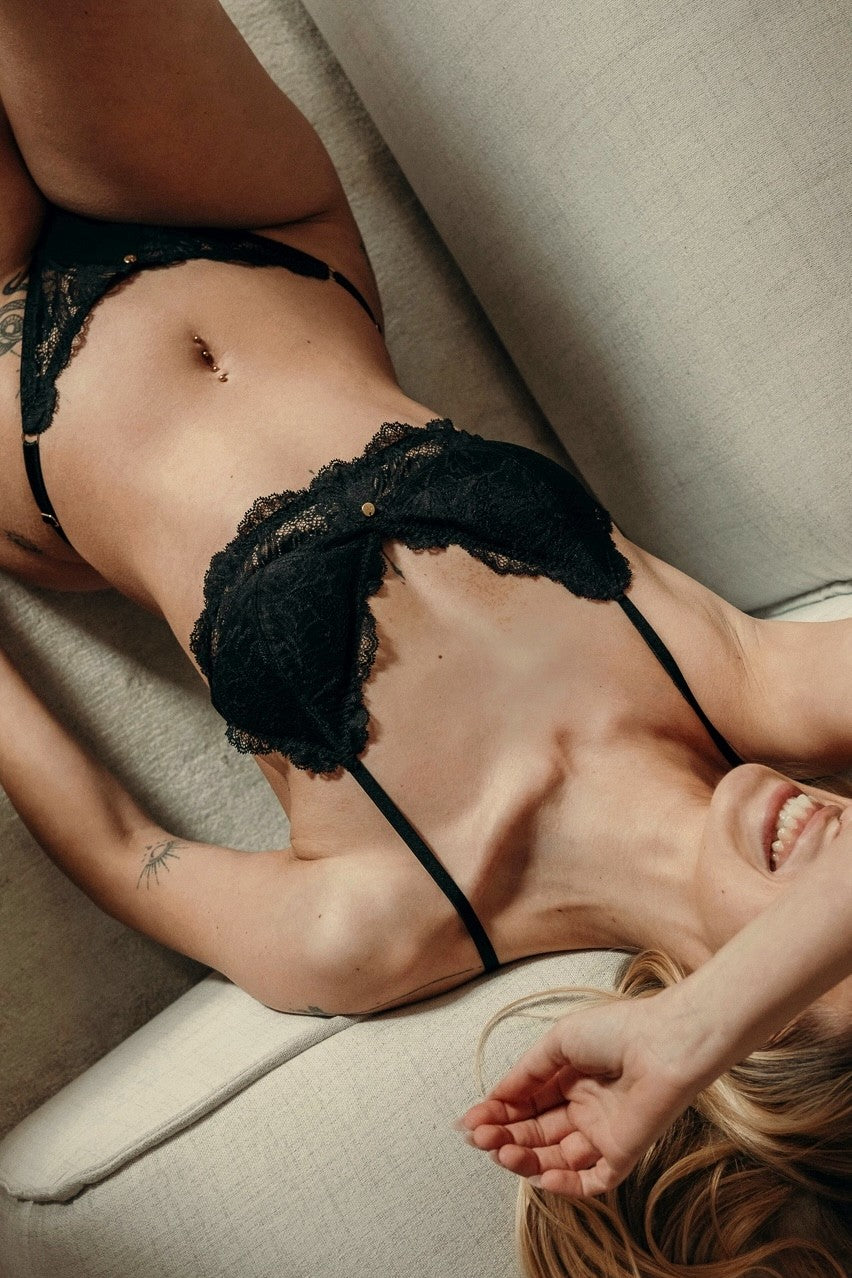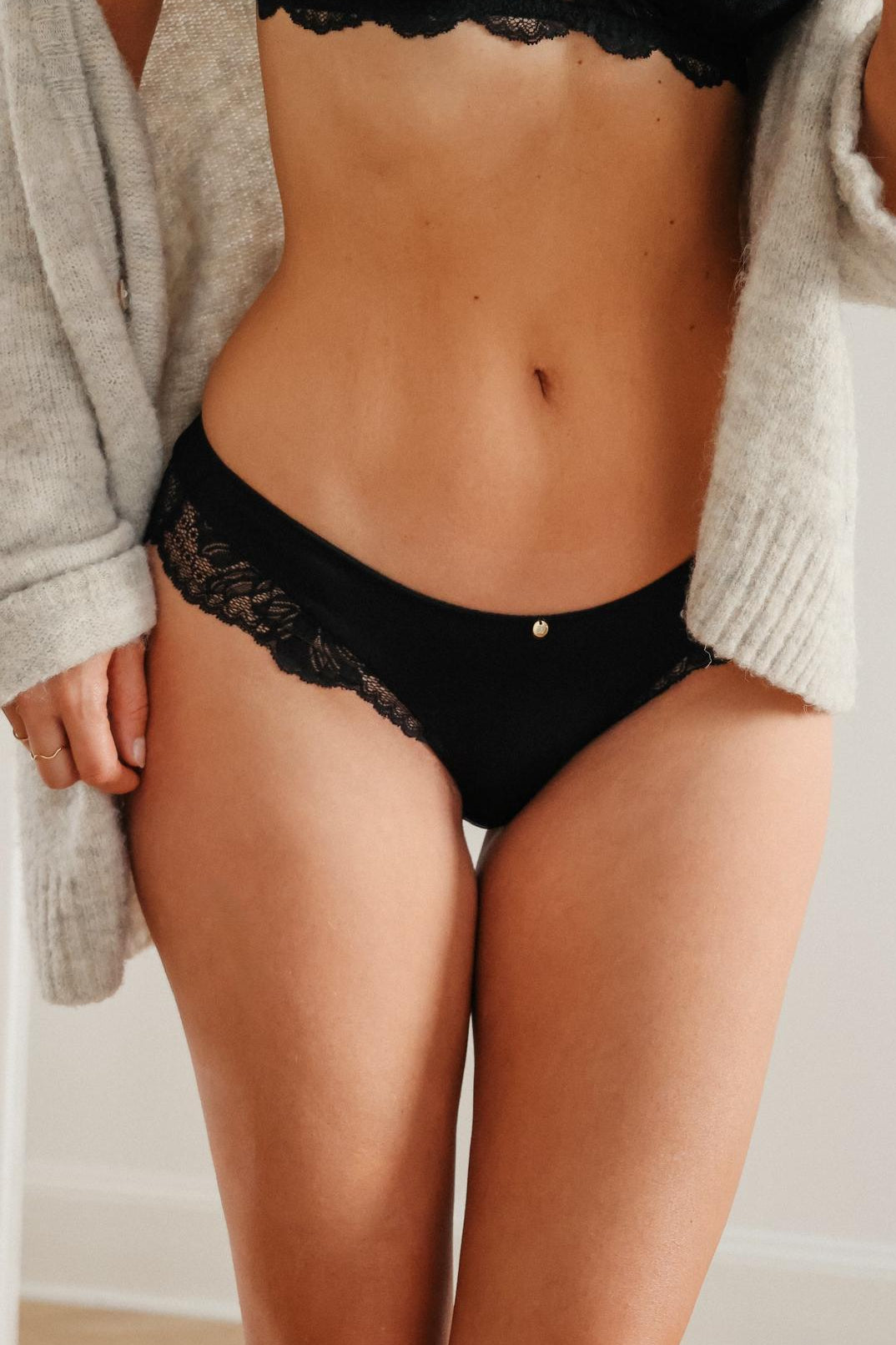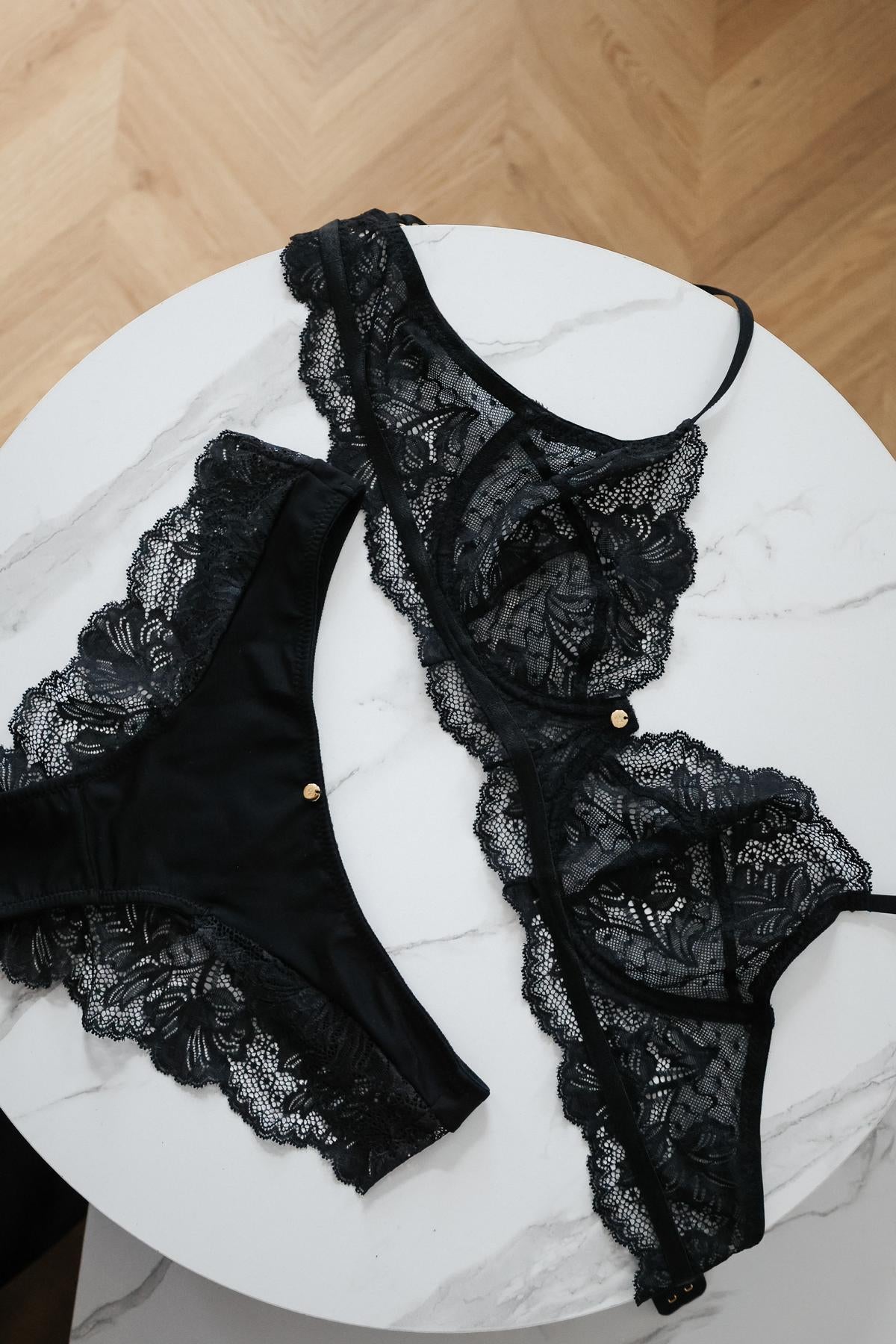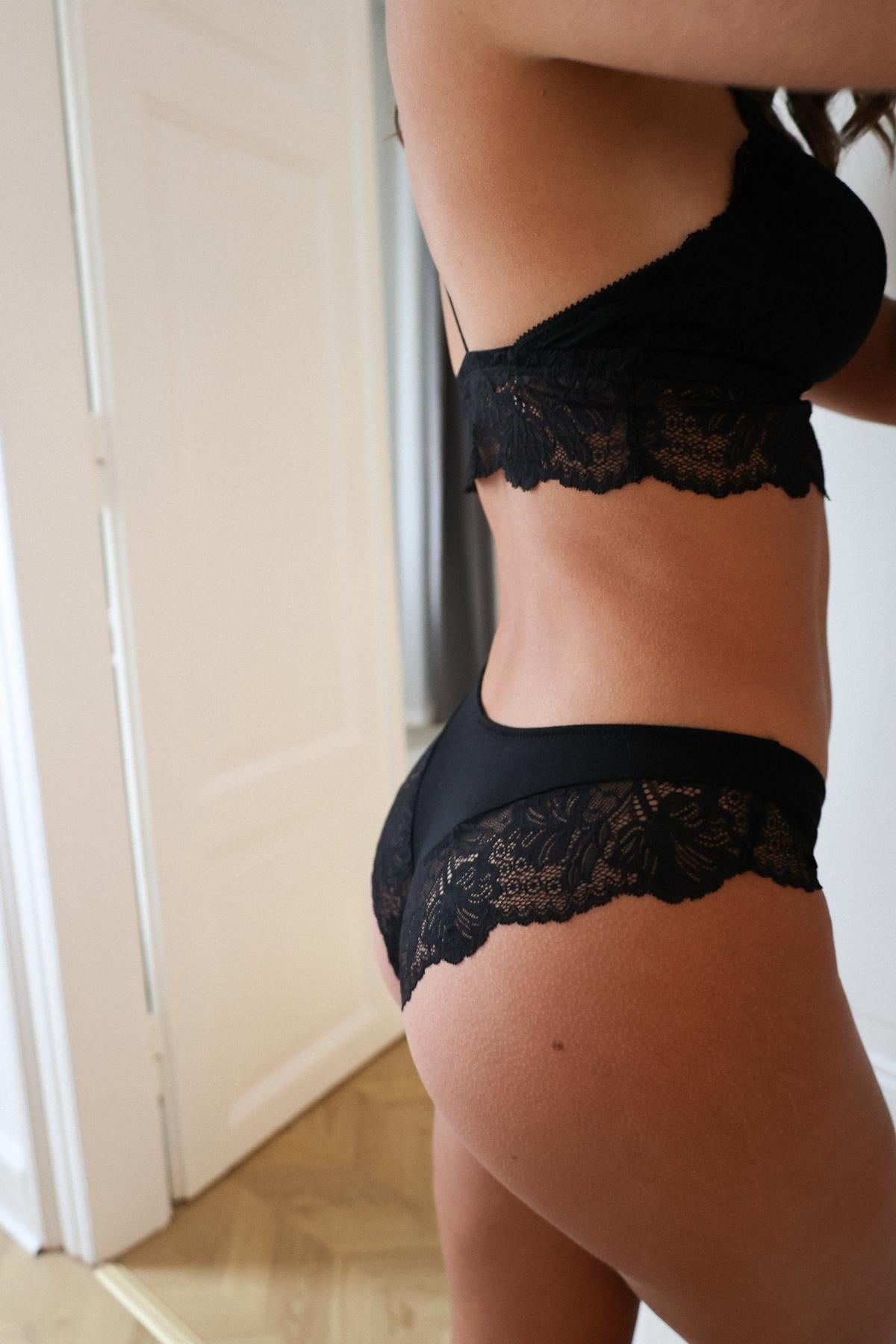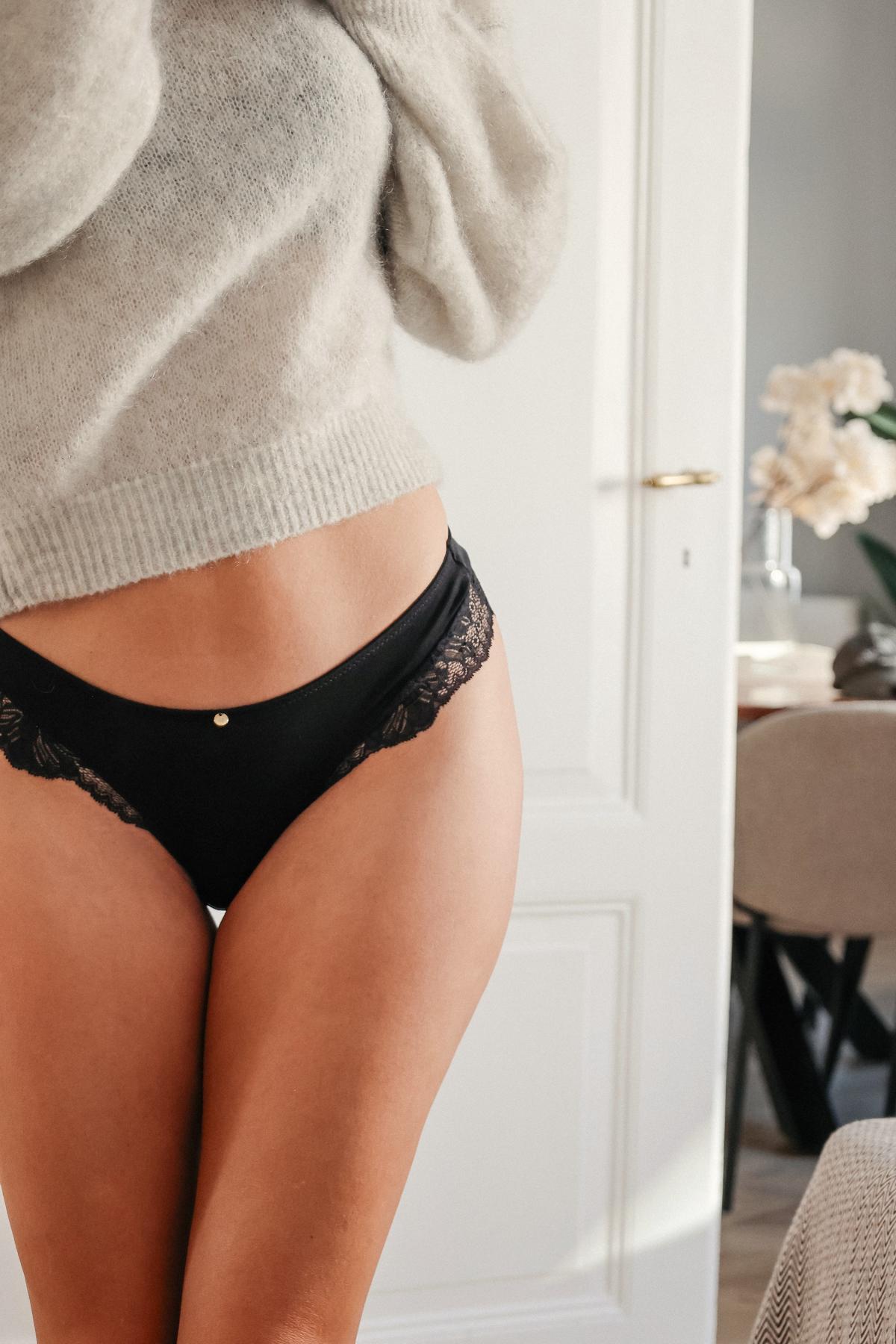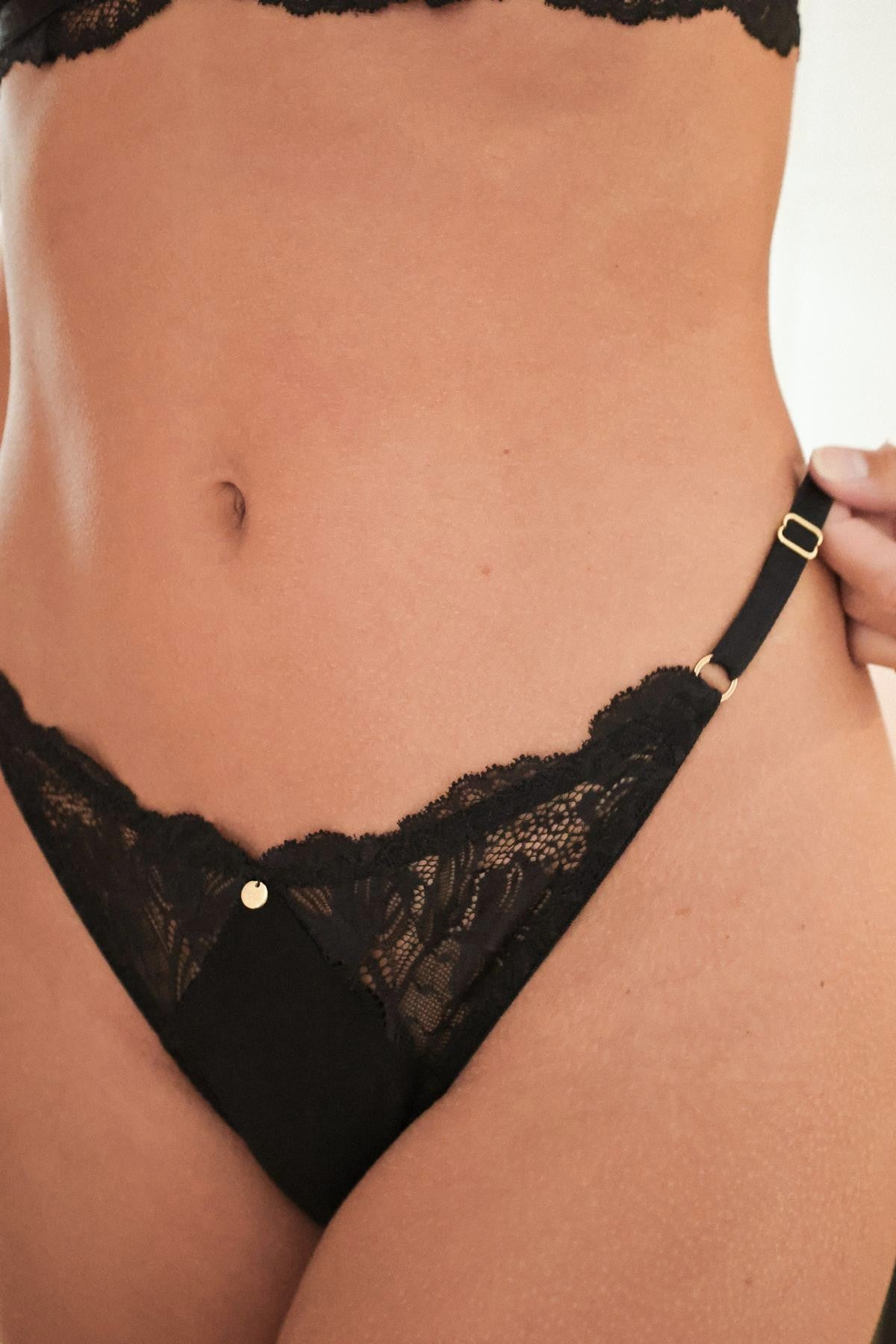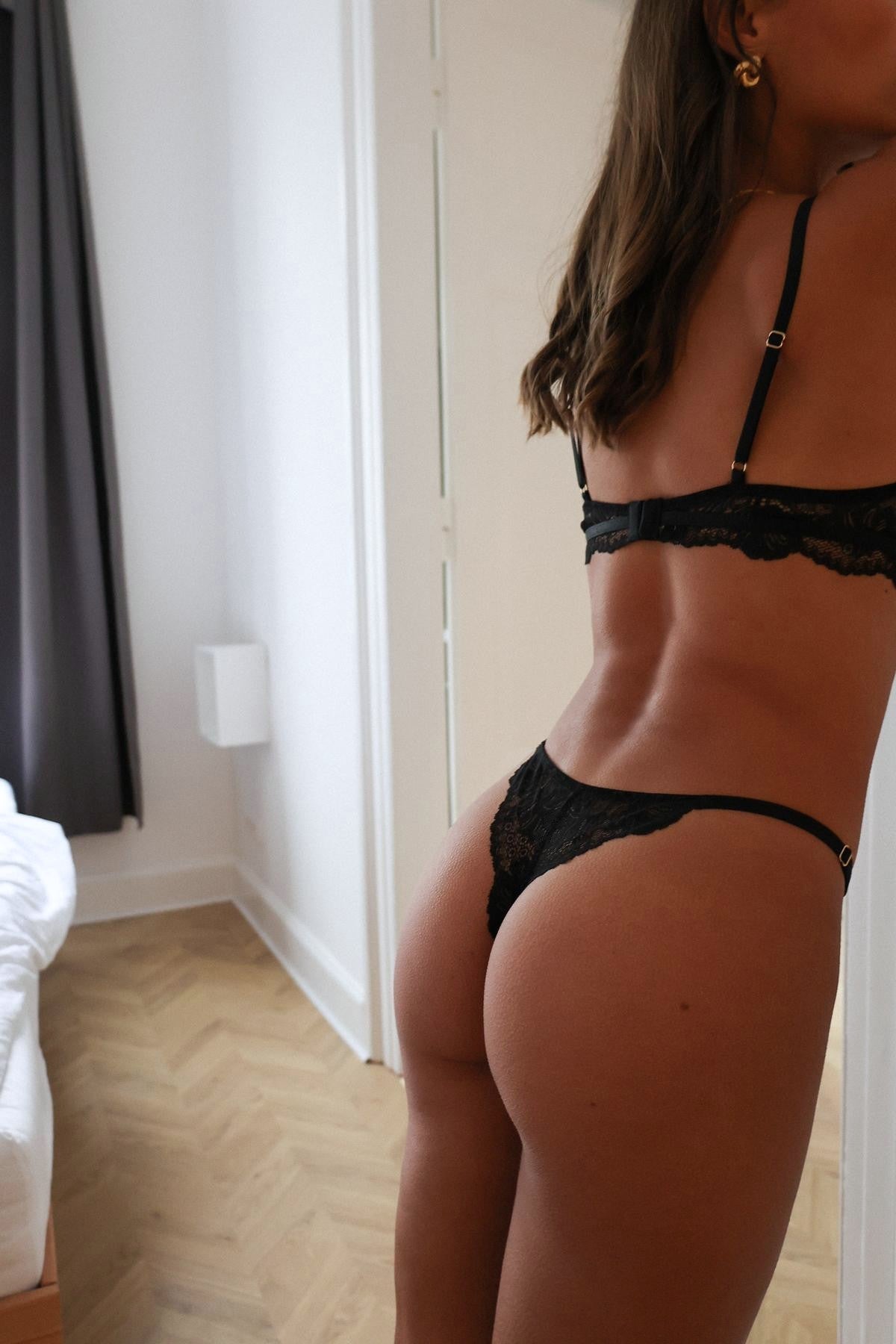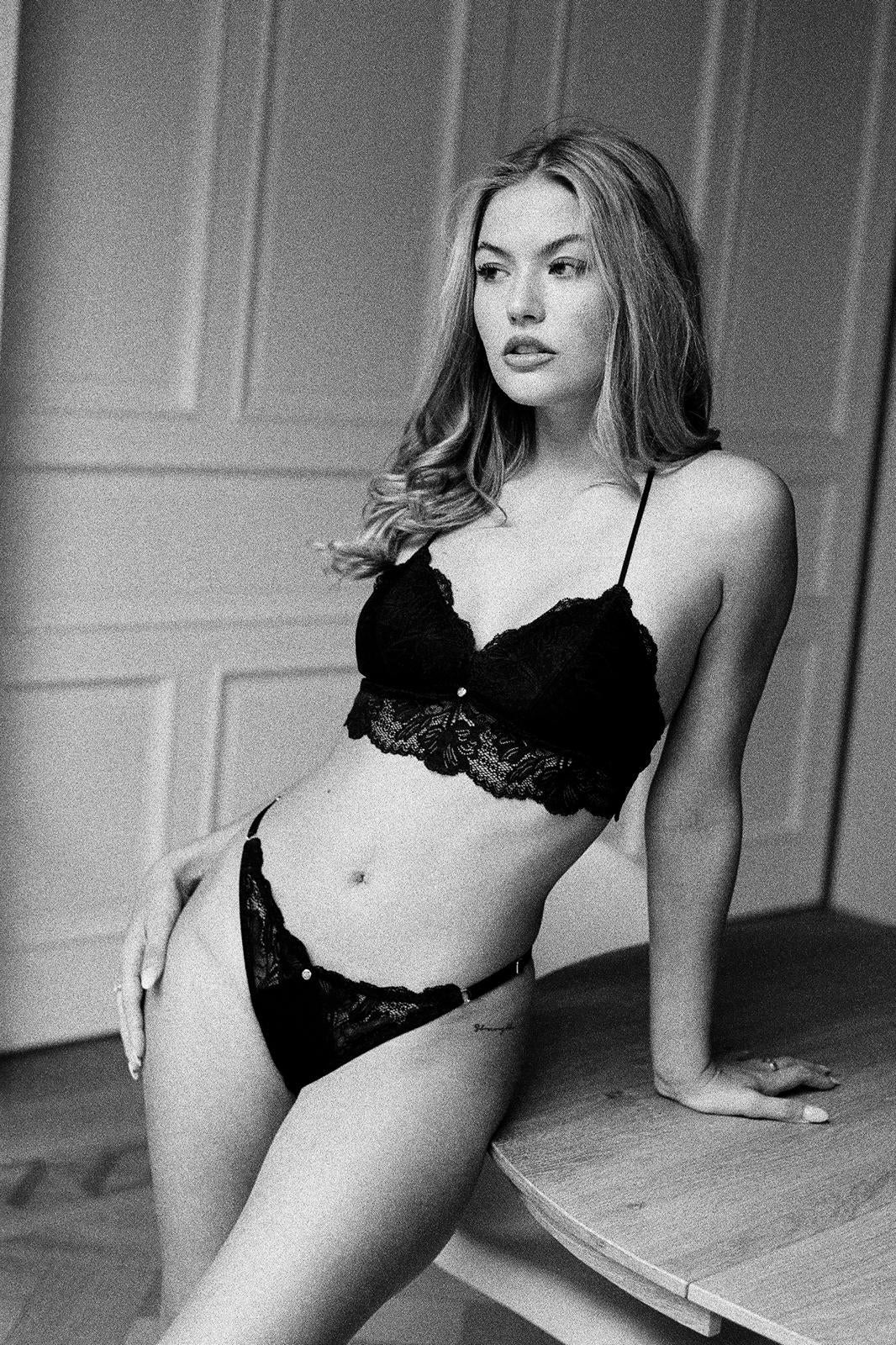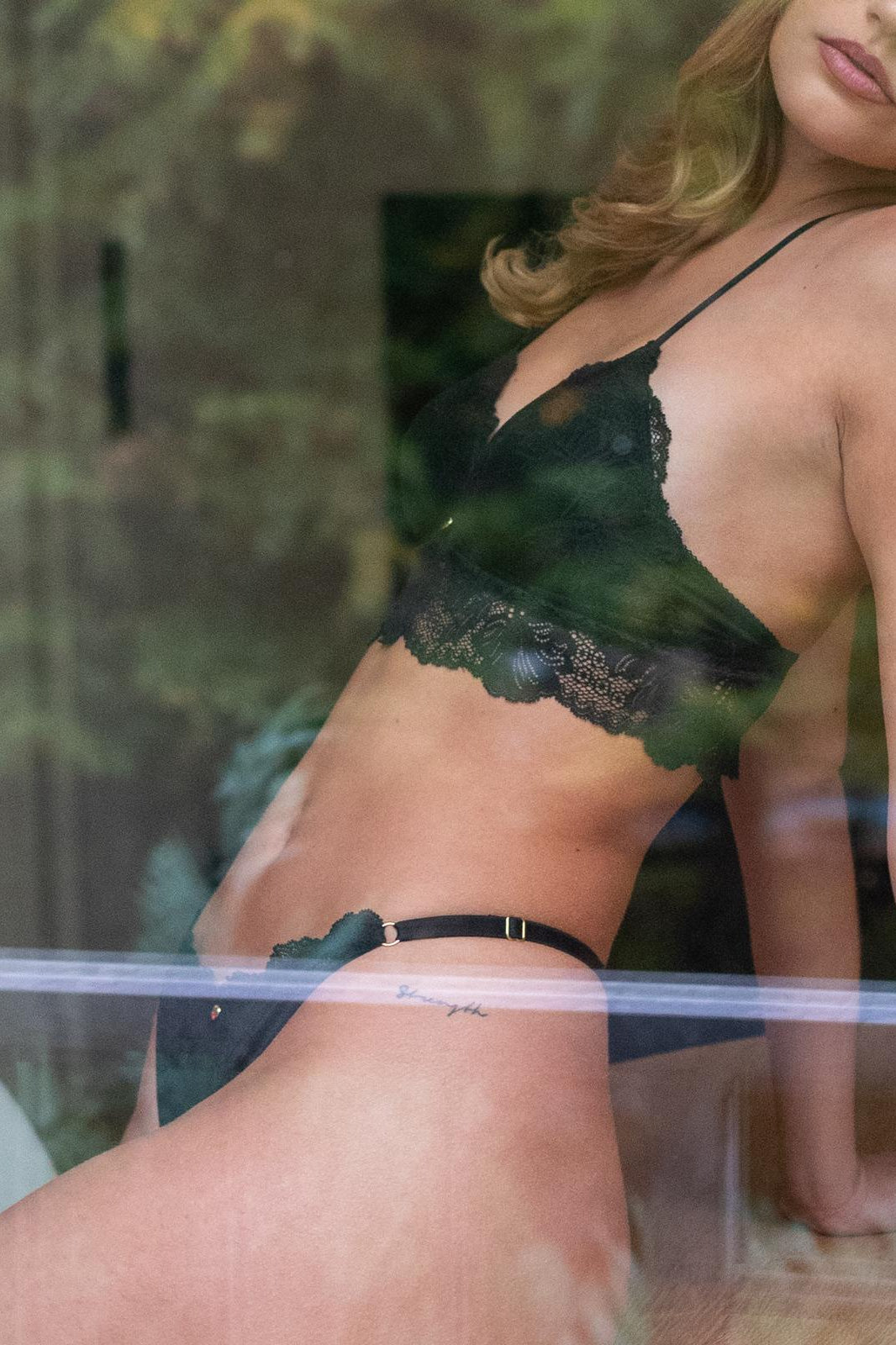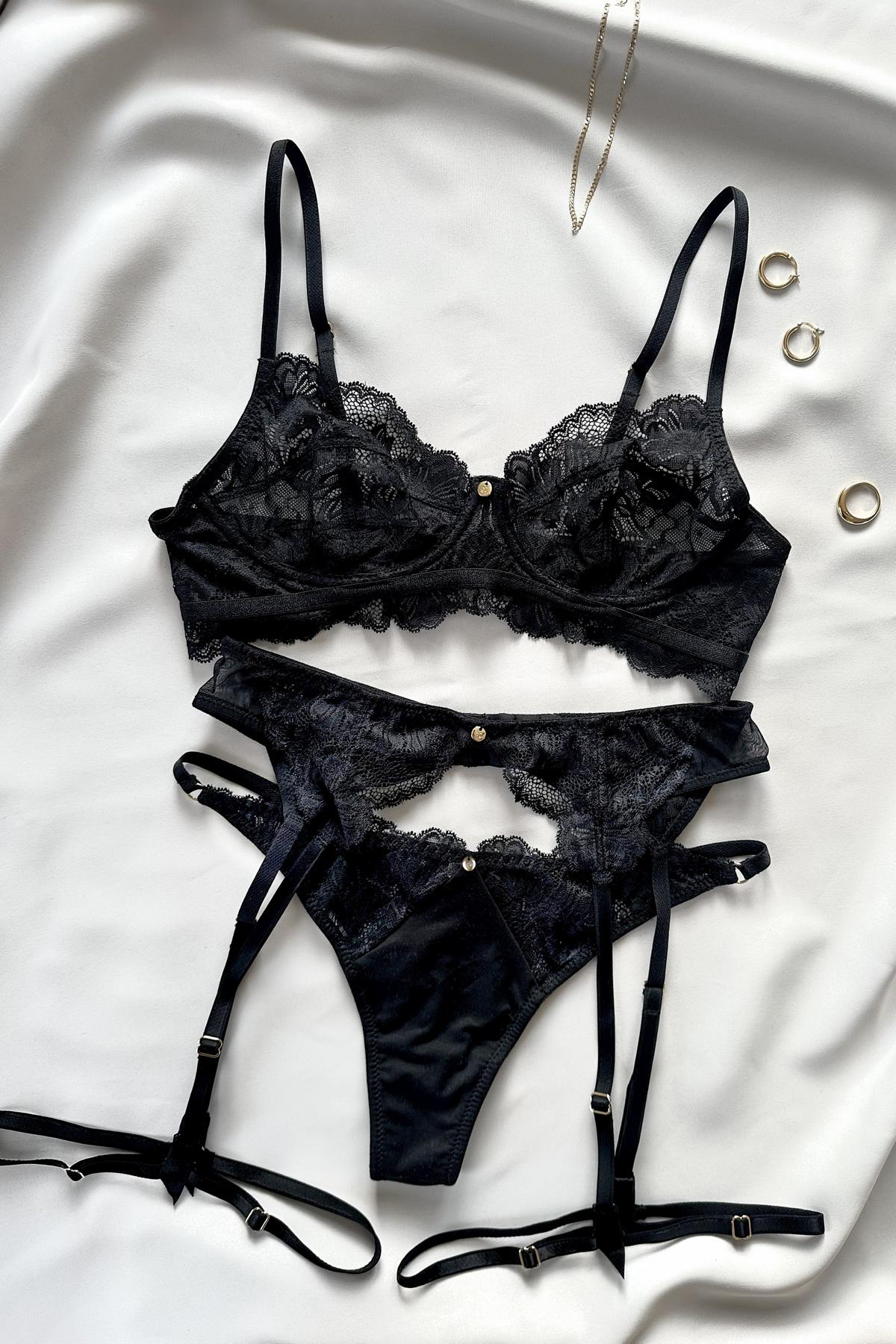Why is there Fashion Revolution Week?
The biggest accident to date in the international fashion industry happened in Bangladesh 8 years ago. The Rana Plaza textile factory collapsed, killing 1,135 people and injuring more than twice as many. Although cracks in the facade of the eight-storey building were discovered the day before, many workers were forced to continue their work. Fast fashion giants such as Primark, C&A and Benetton have produced in Rana Plaza.
What is the goal of the Fashion Revolution movement?
Due to the accident, a lot of attention was paid to fashion production for a short time, but unfortunately not much has changed even after eight years. Because in addition to the safety of the workplace, the equipment and chemicals, it is also about fair wages and equal rights for workers.
Fashion Revolution primarily wants to draw attention to the inhumane working conditions in fast fashion production facilities and hold companies accountable.
The demand is that the rights of people in production and in the entire supply chain become more important and not, as is currently the case, remain an ulterior motive. As a sustainable and fair label, aspects such as the safety of our seamstresses are very important to us, which is why we only produce in a production facility in Lisbon, Portugal that we have personally visited and found to be good.
Covid-19 and the fast fashion industry
A crisis usually hits those hardest who were already having a hard time. This is exactly how it went in spring 2020 for the fast fashion industry. Many fast fashion giants have completely stopped their production or have not accepted or paid for orders that have already been placed , for fear of being left with the products due to the closed retail trade. Of course, this sudden stop had a major impact on the entire supply chain. The people in the production facilities, who were already suffering from very bad working conditions, suddenly had no more work.
The factories in the low-wage countries had to bear the consequences alone, since the large corporations are protected by contractual clauses. While the producers pay in advance, they sometimes wait months for the bills to be settled. If these payments are not made at all, wages can no longer be paid and whole families are suddenly faced with starvation.
The Fashion Revolution movement fights for more transparency in the fashion industry and social responsibility for everyone in the production chain.
What's in my clothes?
70 percent of the textile fibers produced worldwide consist of synthetic polymers. These are obtained from natural gas, oil or coal and chemically converted. The production of this clothing, e.g. due to the unprotected exposure to chemicals, poses a major health risk for the workers. In addition, the clothing releases microplastics with every wash cycle, which enter the water cycle unfiltered.
But there are also sustainable alternatives that are used by many fair fashion labels. For example, the pulp for the lyocell fiber Tencel™ is obtained from the natural and renewable raw material wood. The wood used for this comes from trees from sustainable forestry and the fabric is biodegradable. The vegan silk 'Cupro' is a regenerated cellulose fibre. The starting material for this is left over from cotton production. Another sustainable alternative is to use fibers that are already in circulation. For example, the main component of our lace is recycled polyamide Q-nova®. Textile leftovers from production are processed into a new yarn here.

What can each of us do to support the movement?
The Fashion Revolution Week is primarily about drawing attention to the grievances in the fashion industry and making the problems visible. That's why diligently share posts on the topic, talk to your friends about it and become active yourself on social media or offline!
The best thing anyone can do is do their research and make decisions based on it. Because every purchase sends a message whether the environment and fair working conditions and wages are important to you! Second-hand clothing is a good way to conserve resources. Consciously shopping from small fair fashion labels and avoiding fast fashion is also an important step that will help the fashion industry to reorient itself in the long term. The more critical voices question what the local production conditions are like, the better.
As part of the fashion revolution, we therefore call on all consumers and, above all, all fashion labels to question: who made your clothes?



